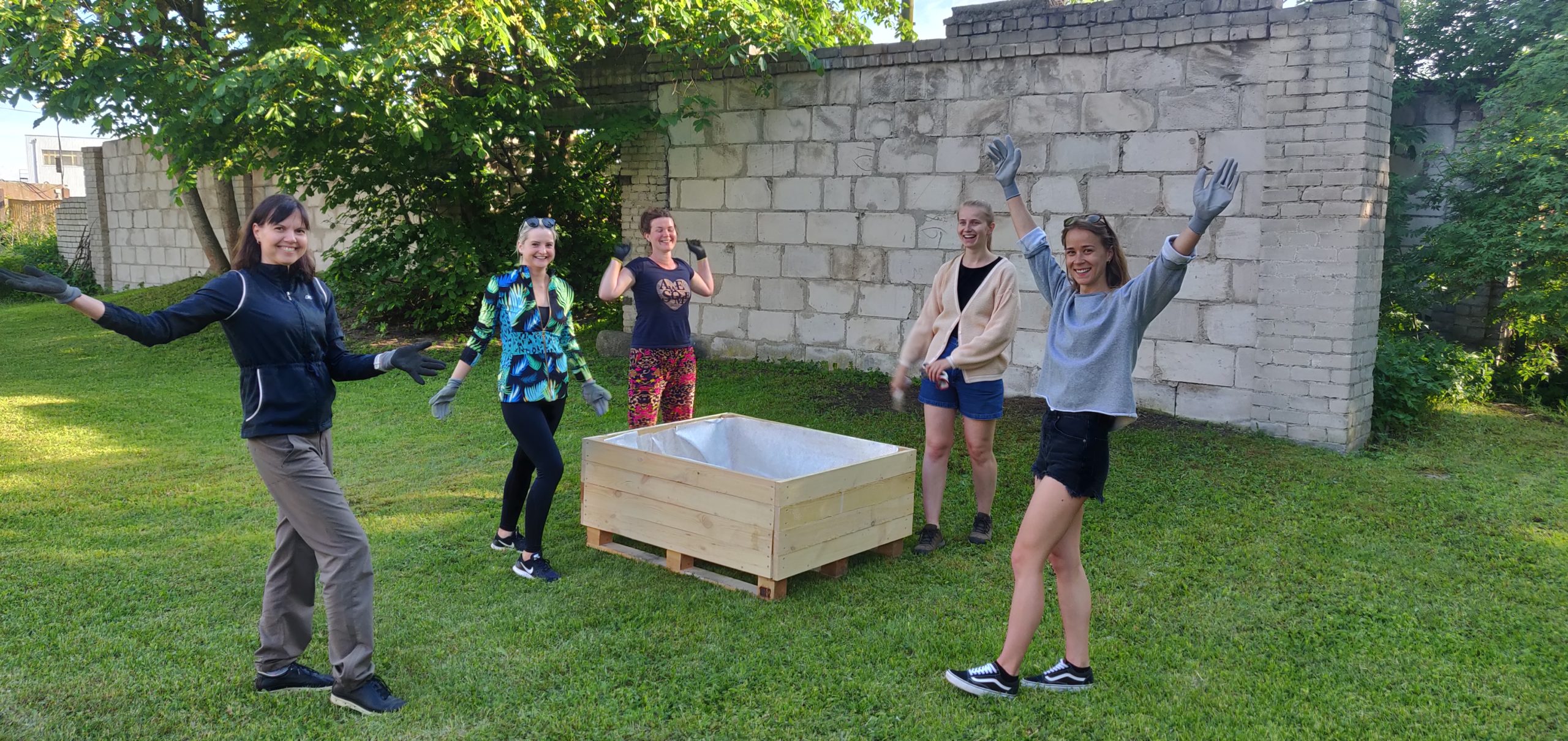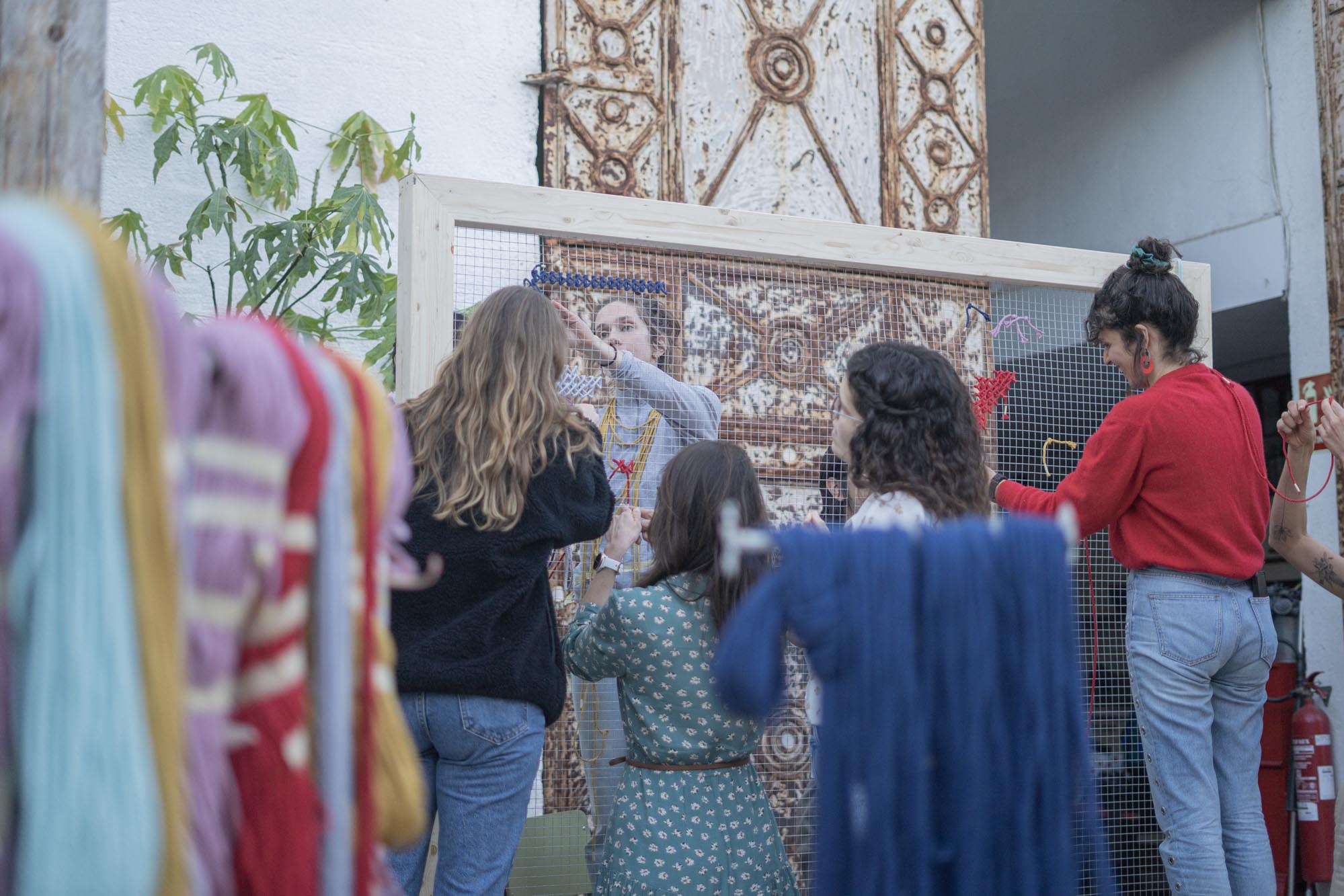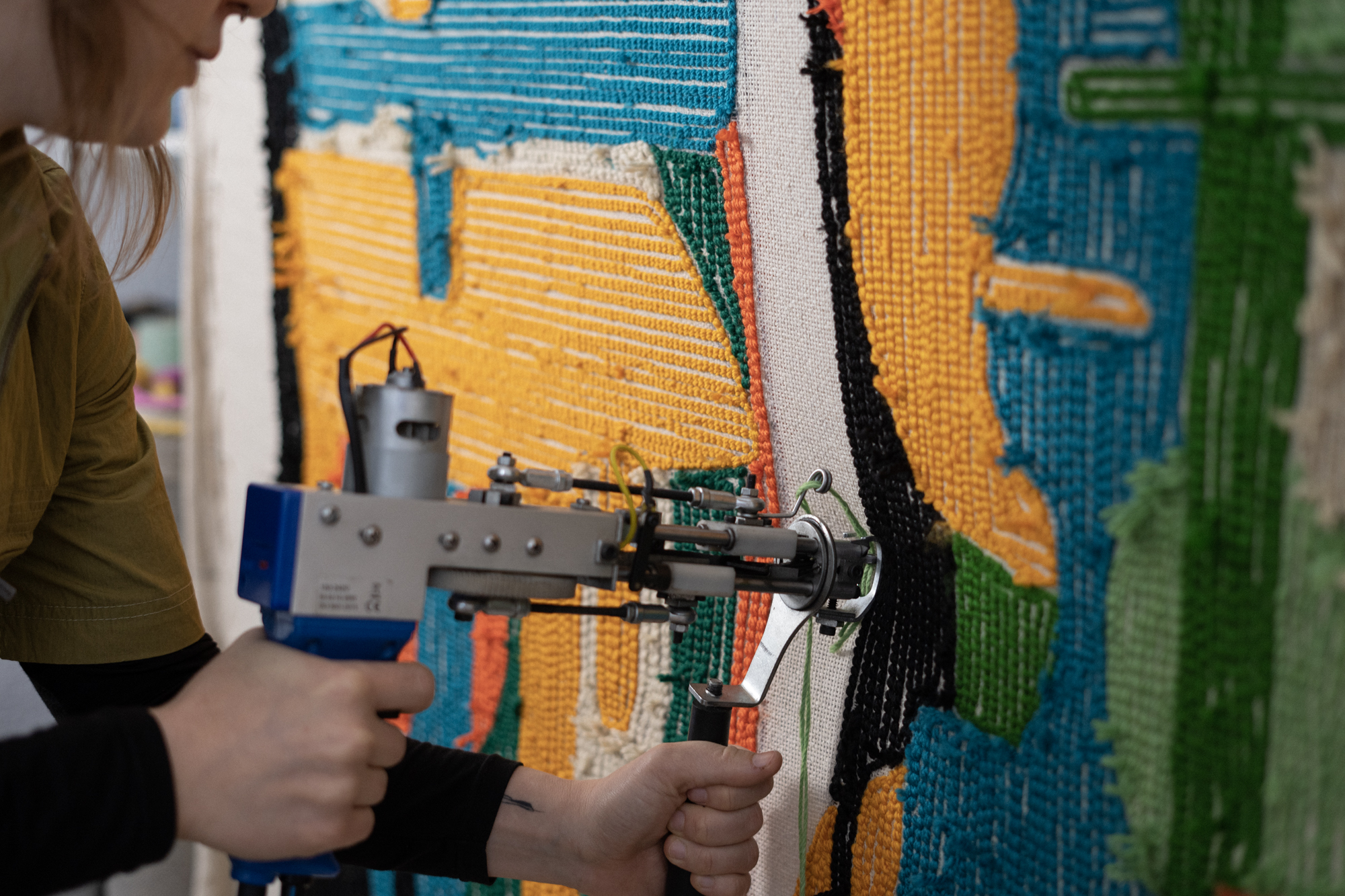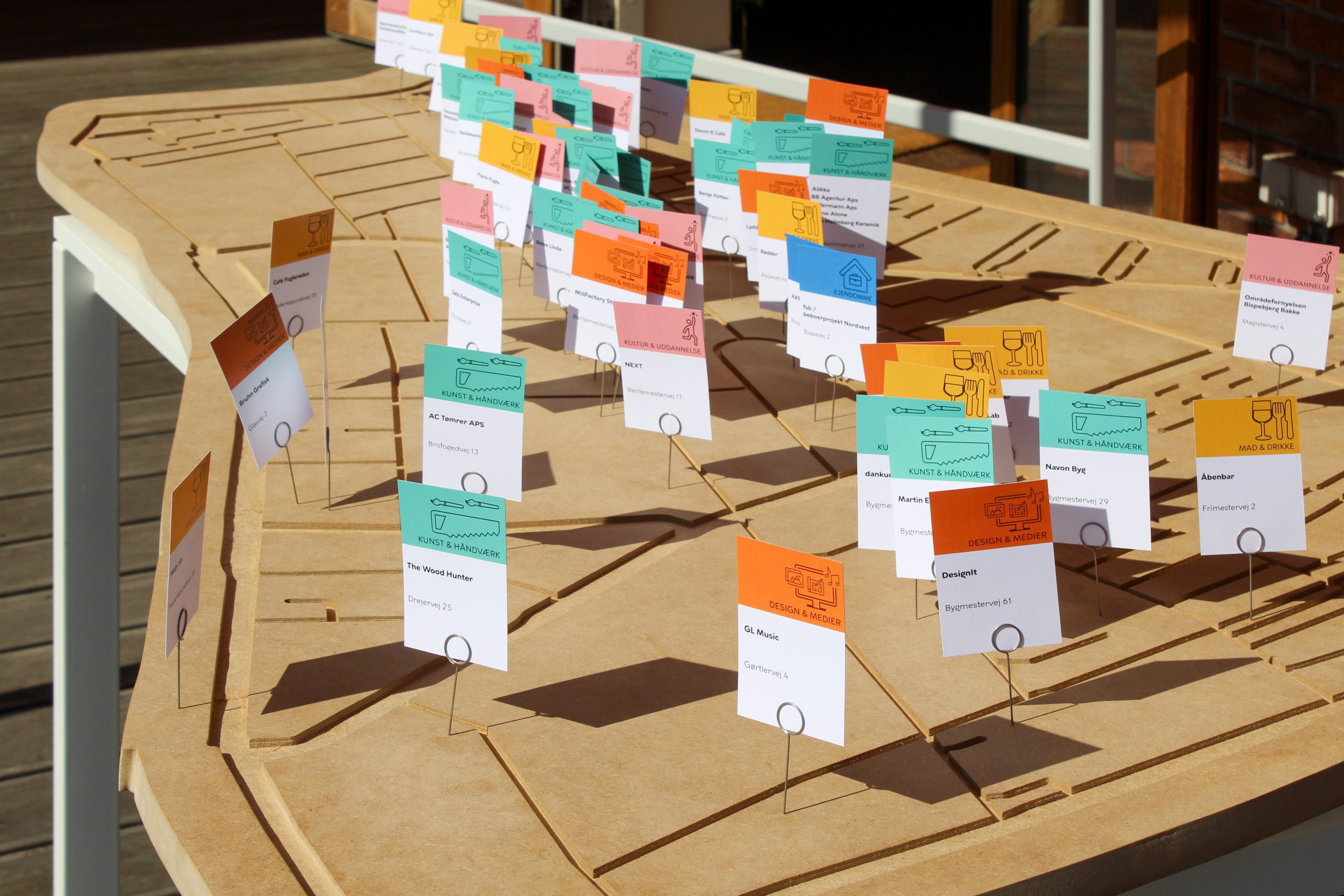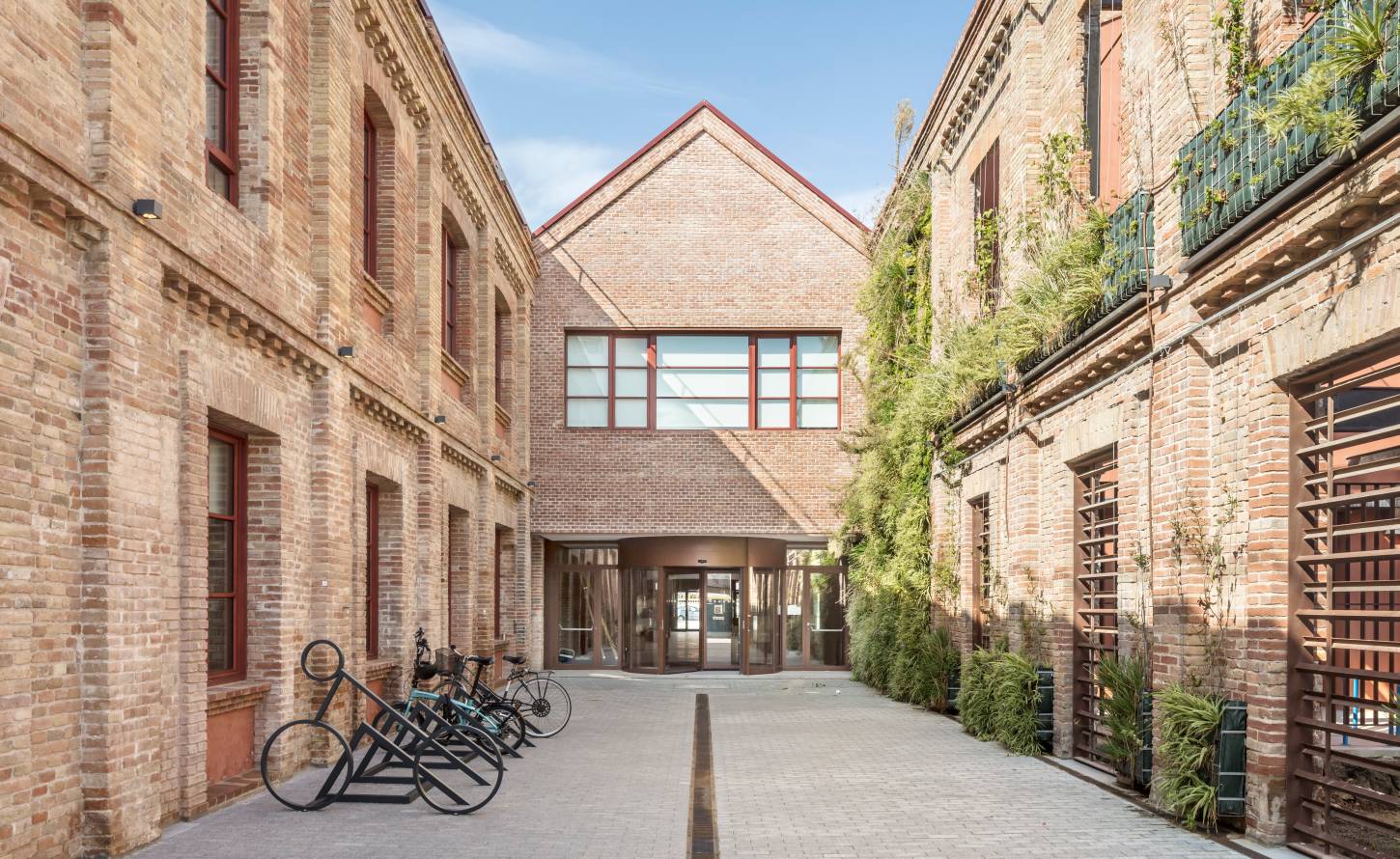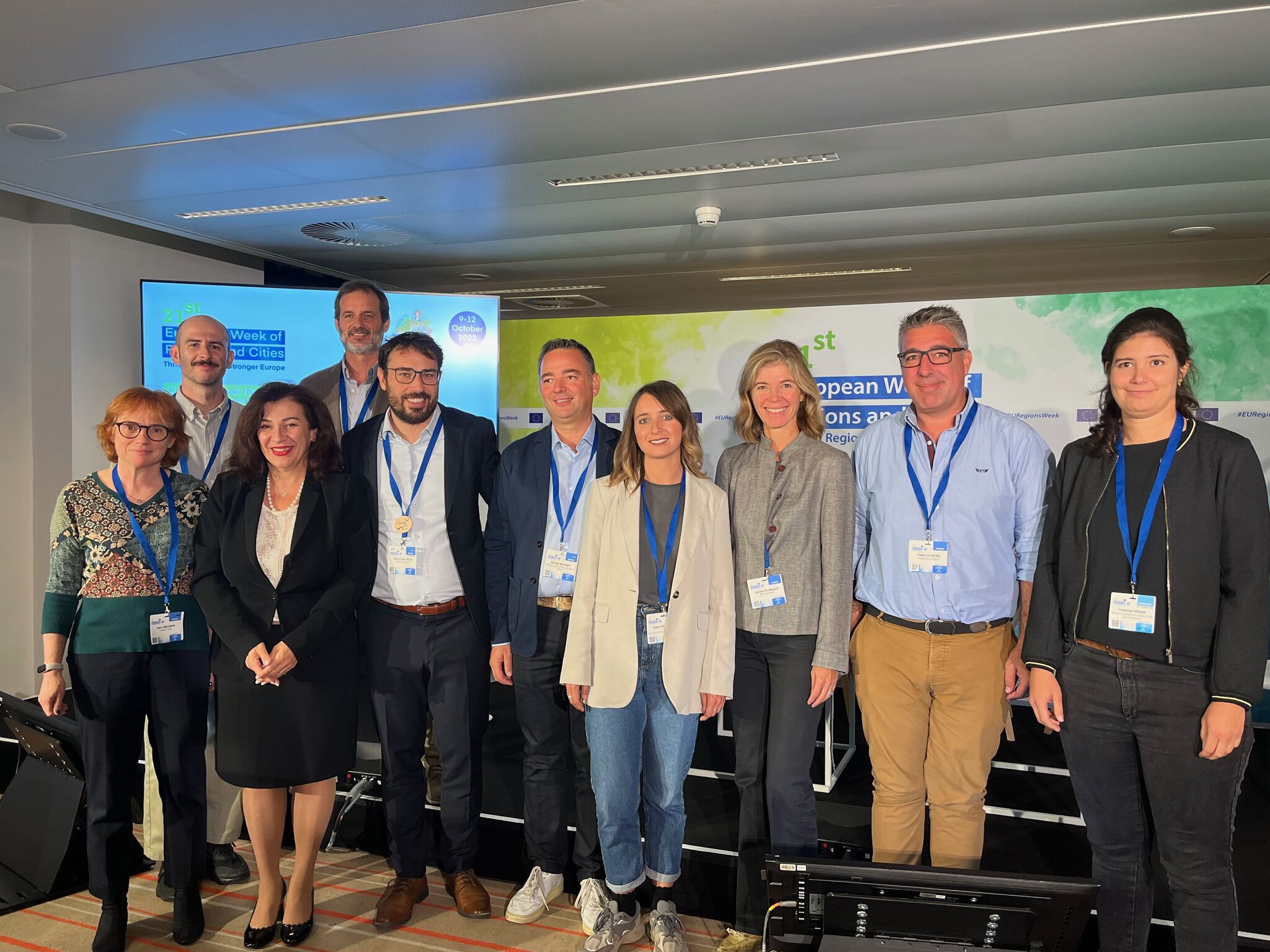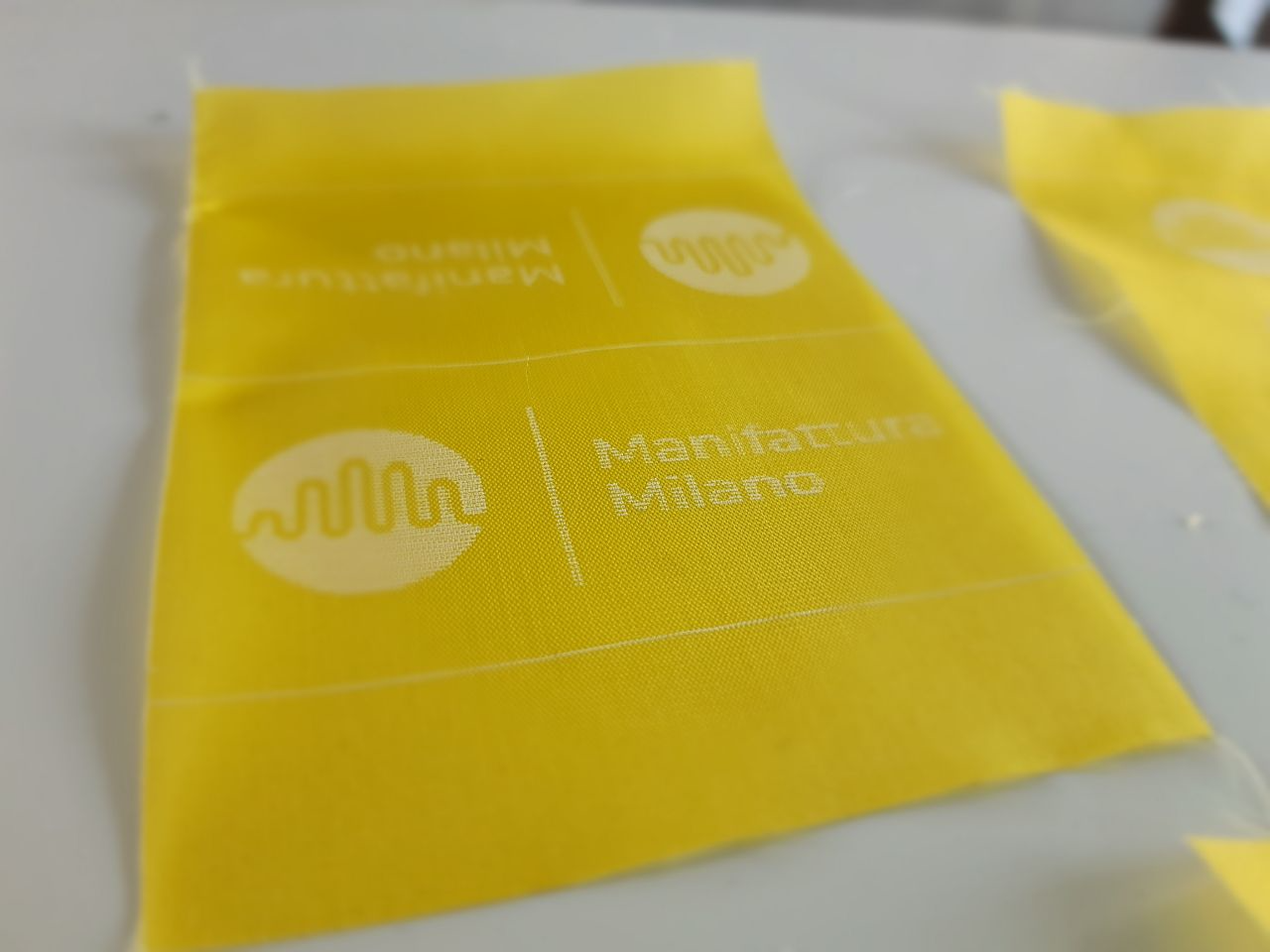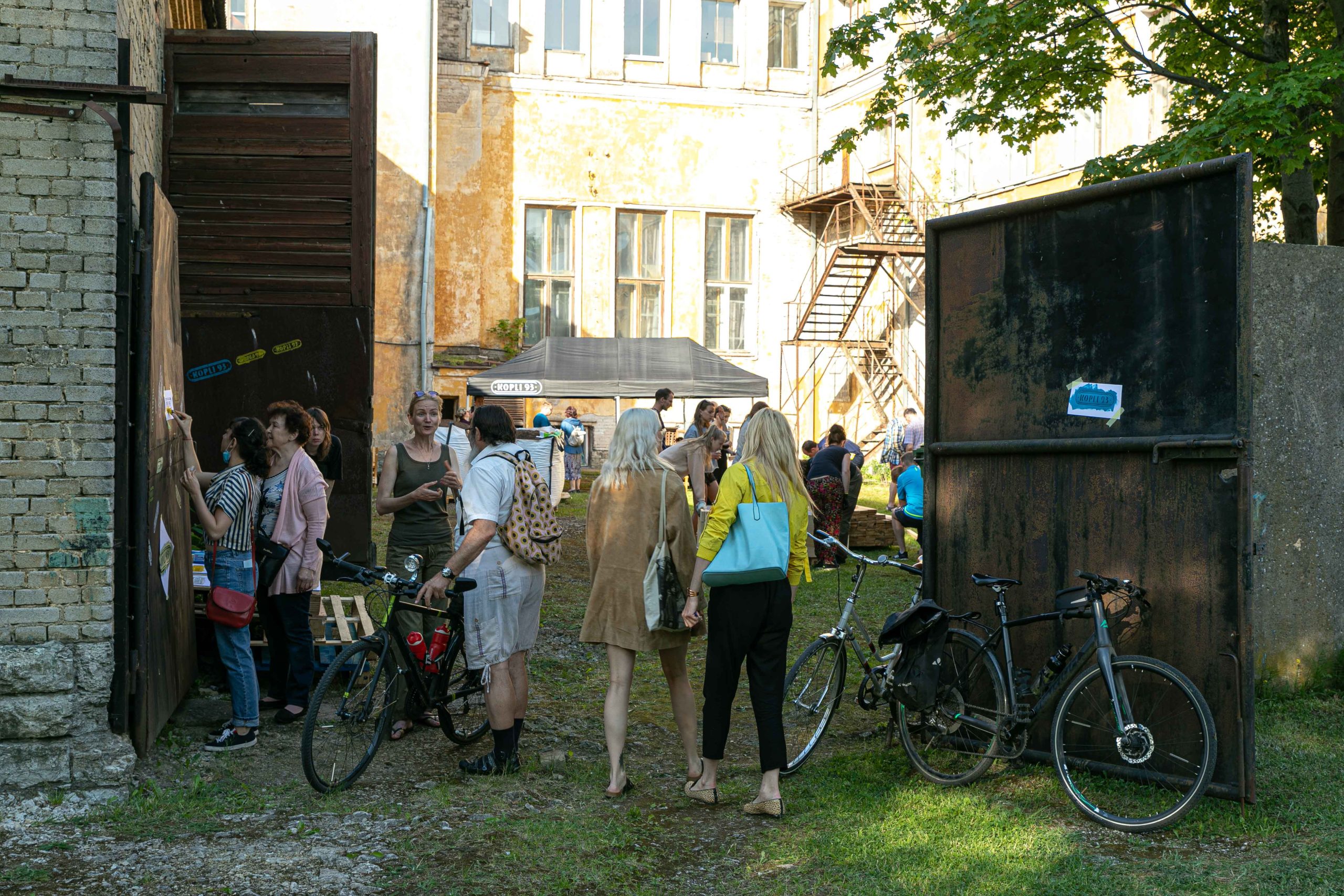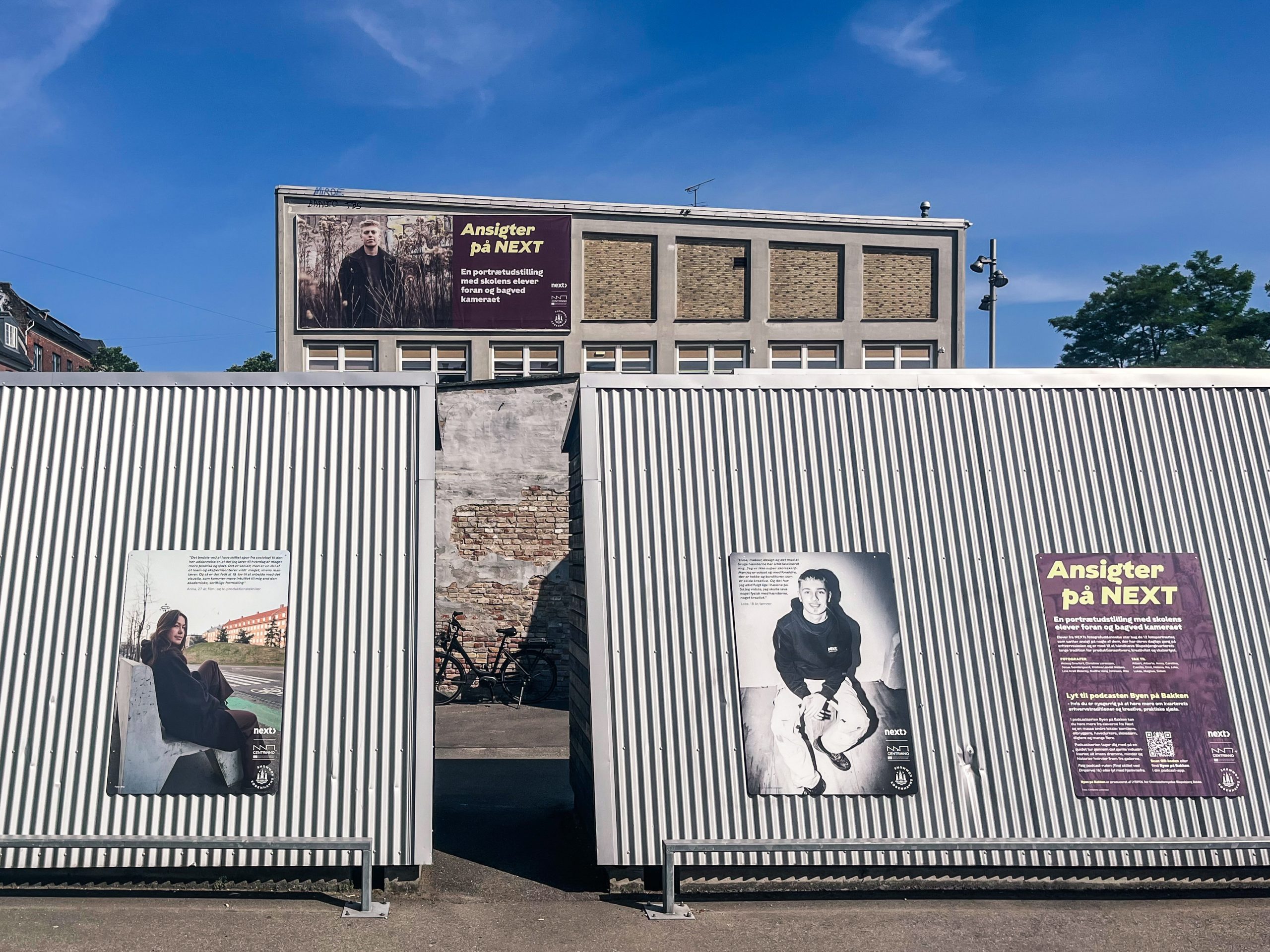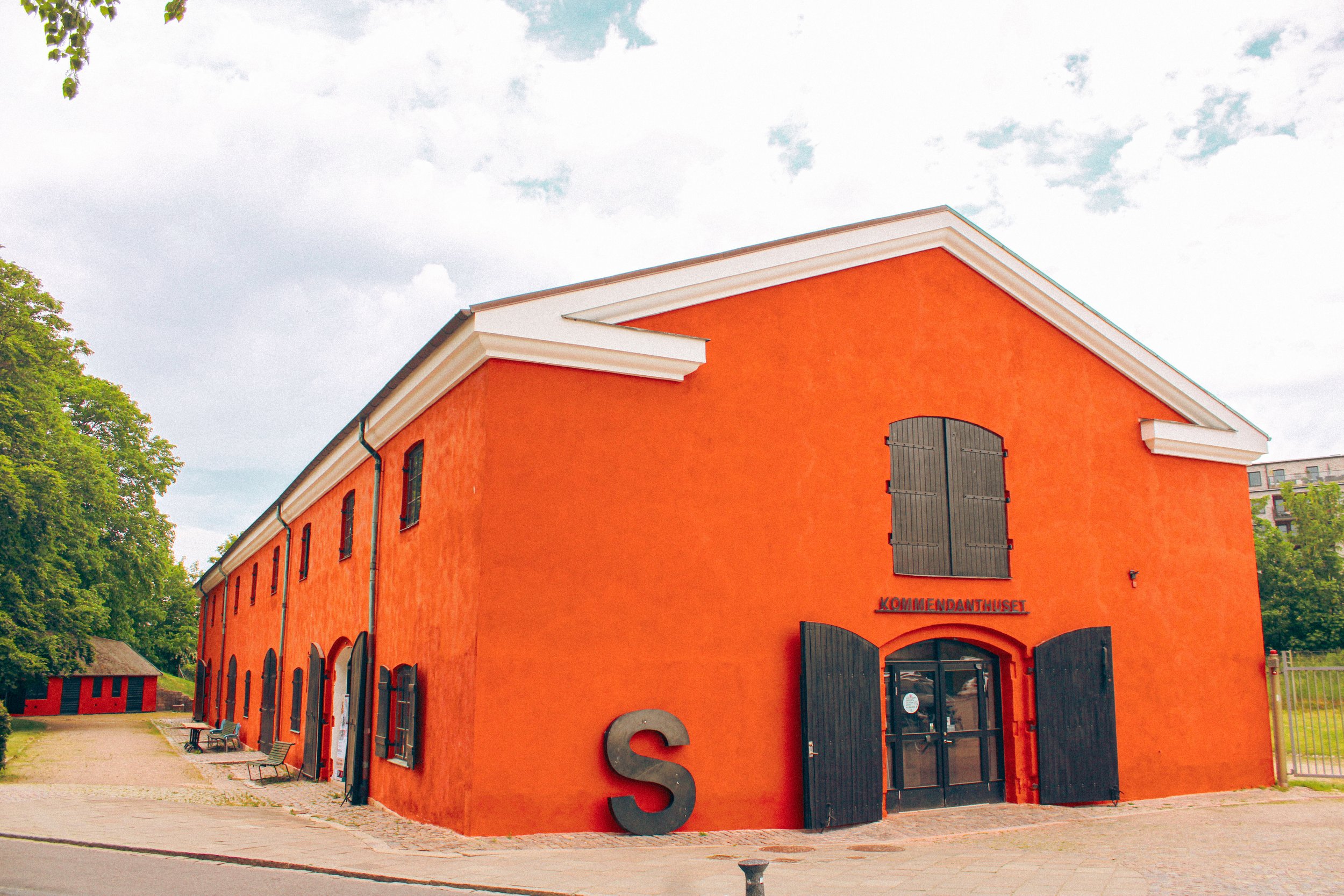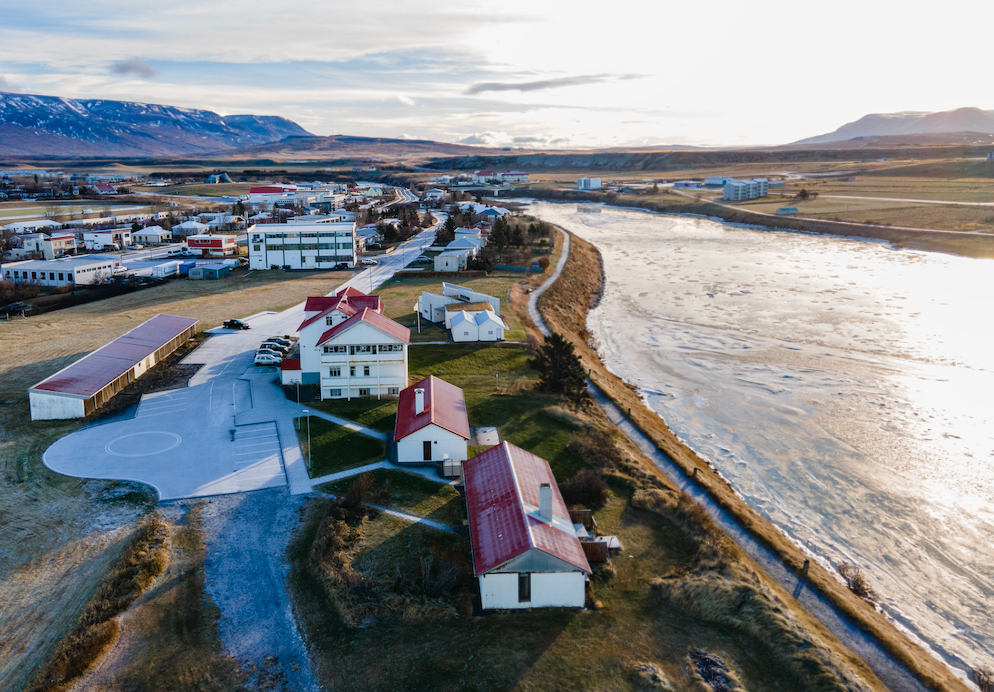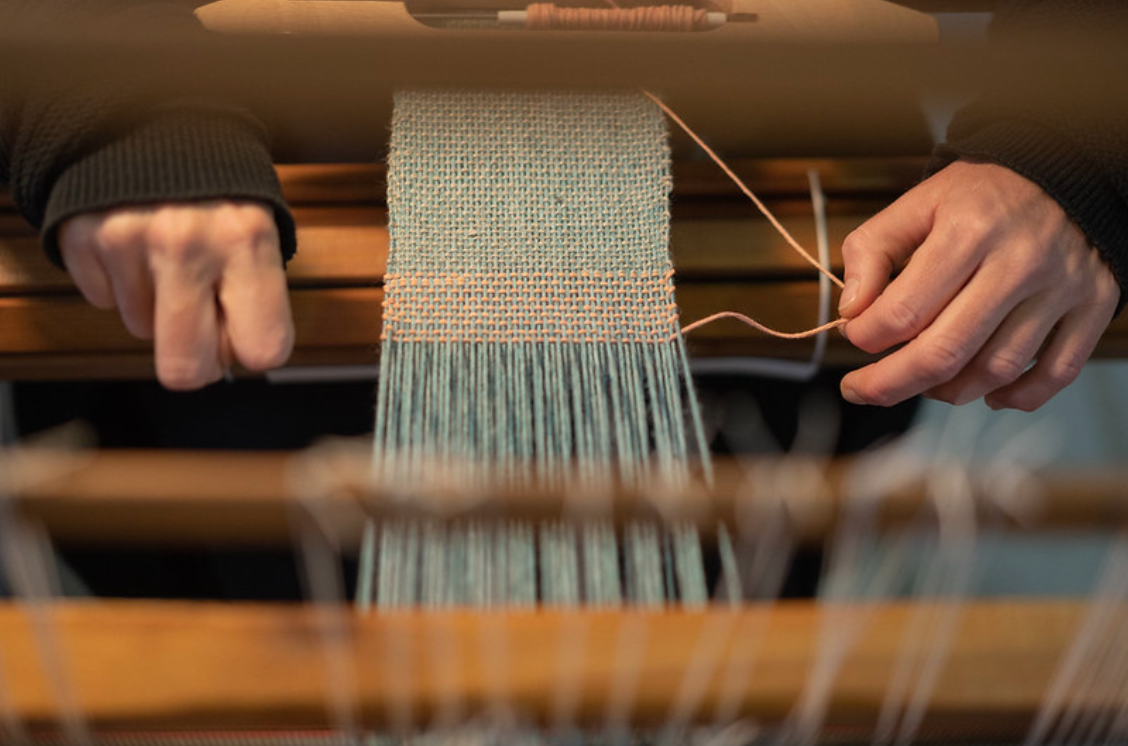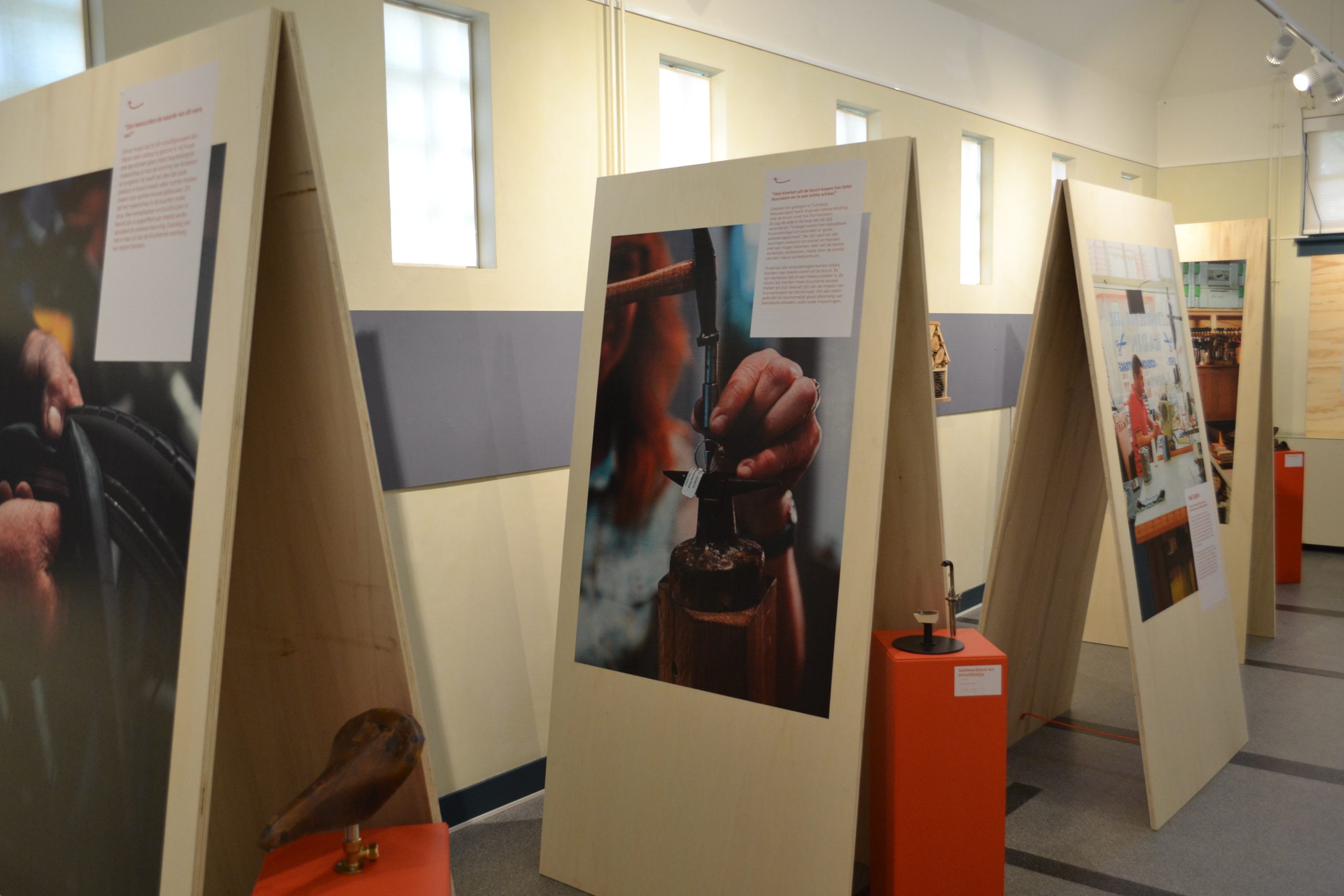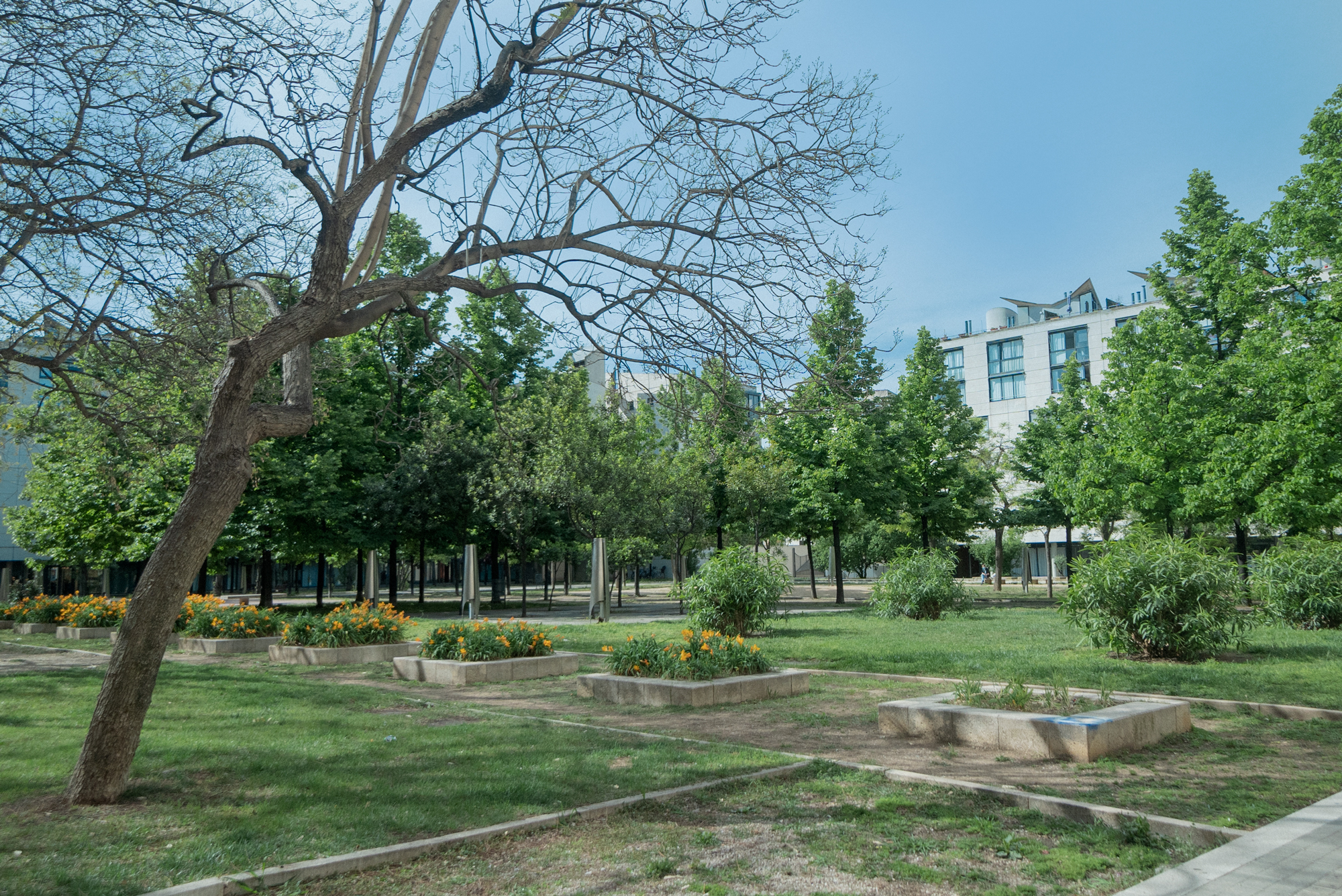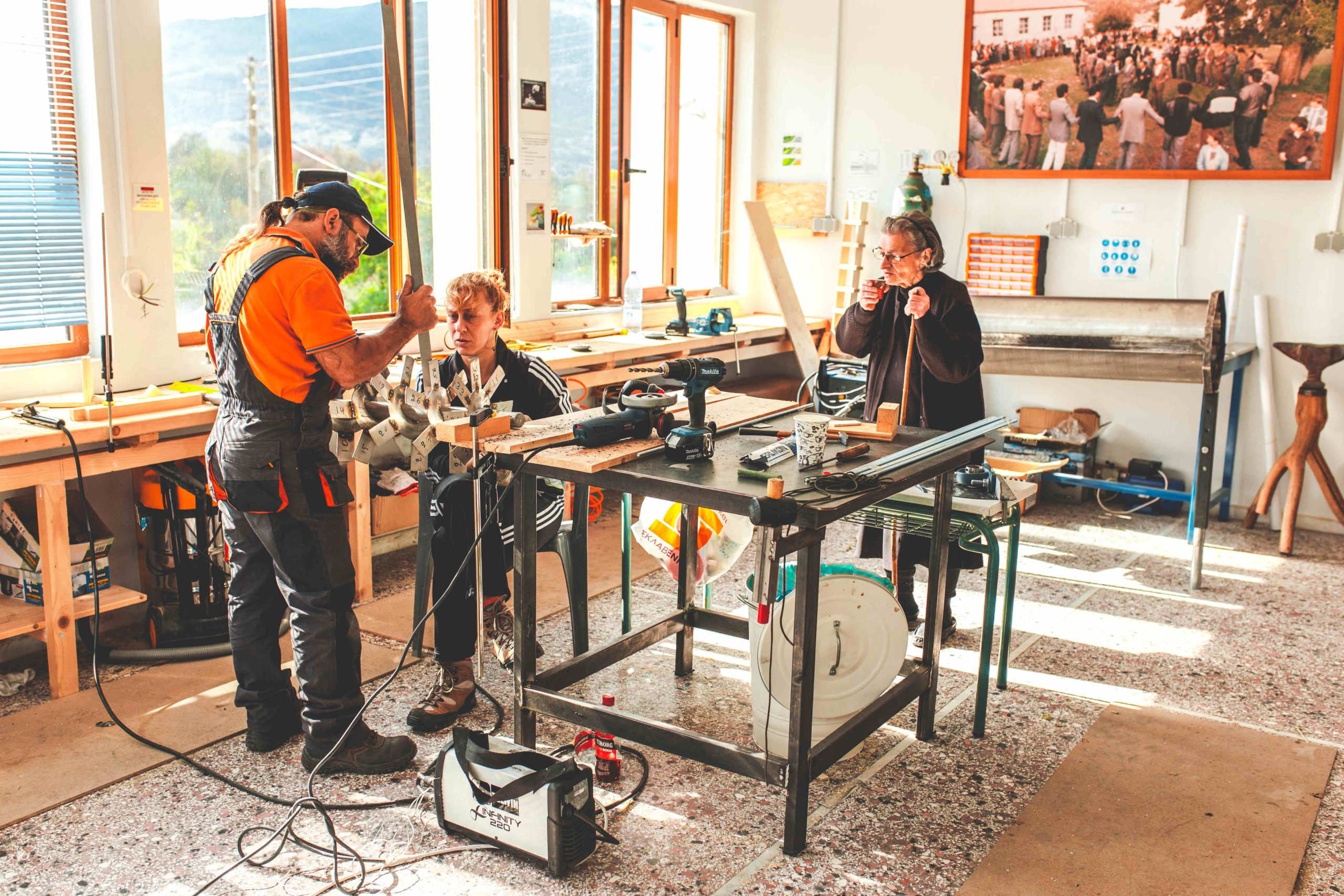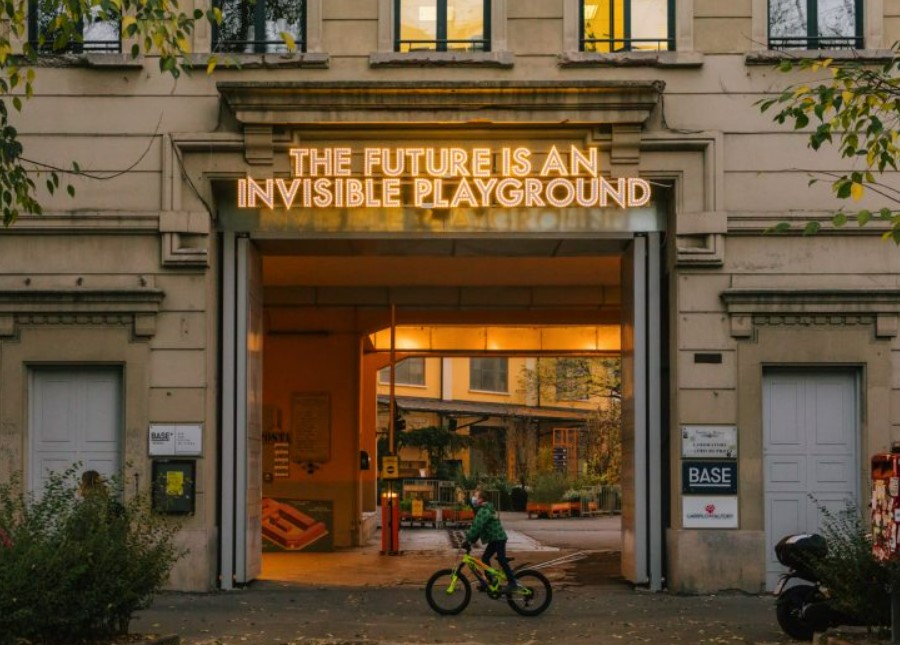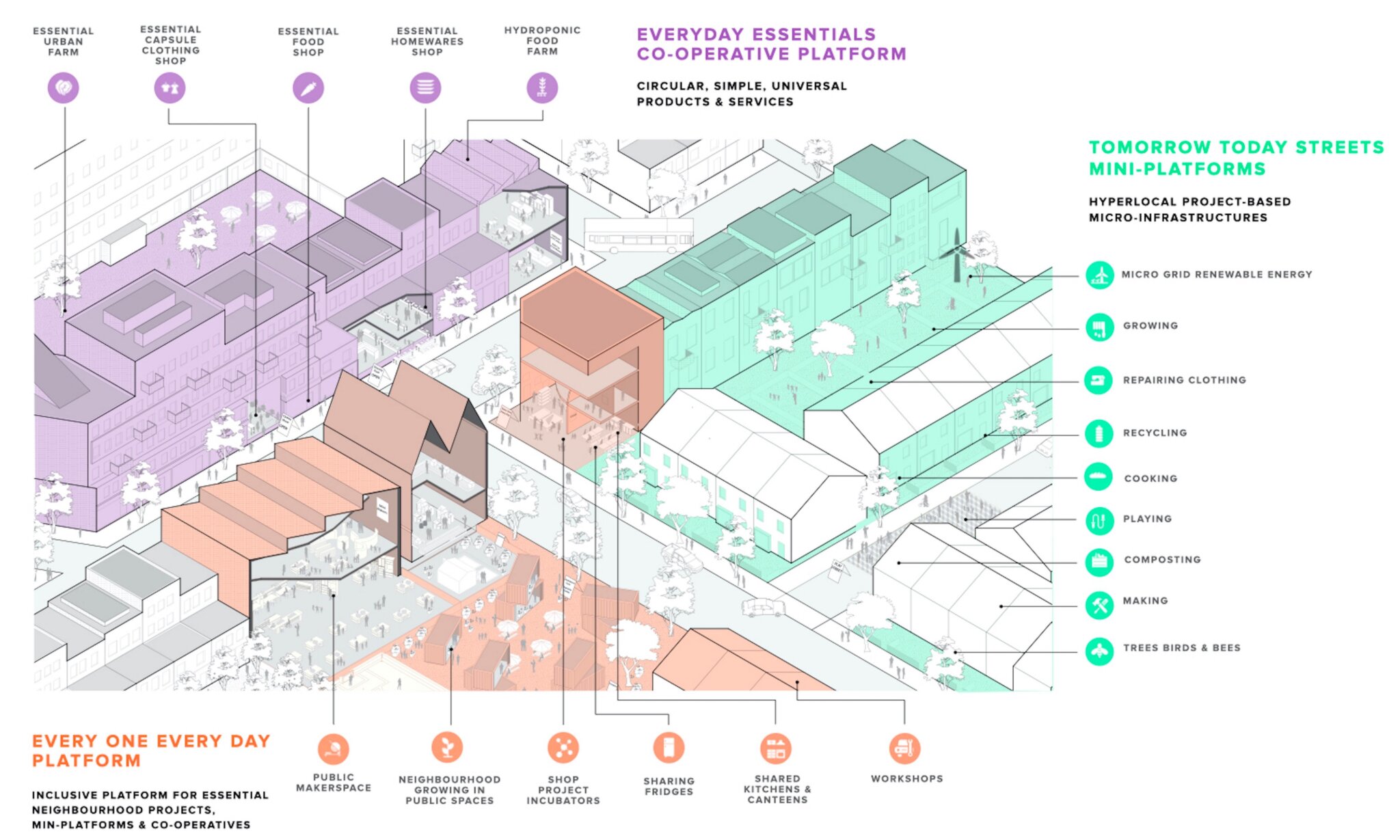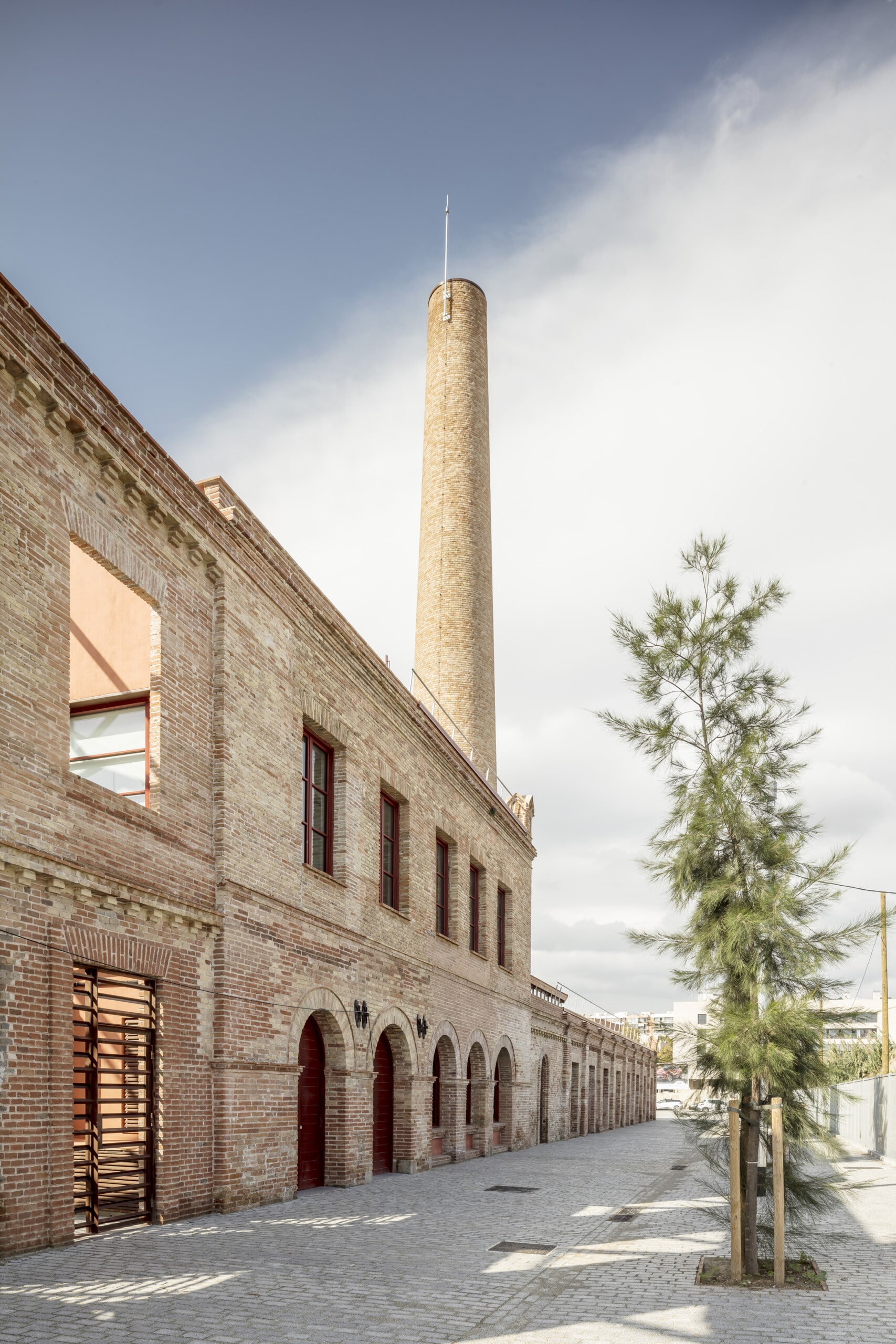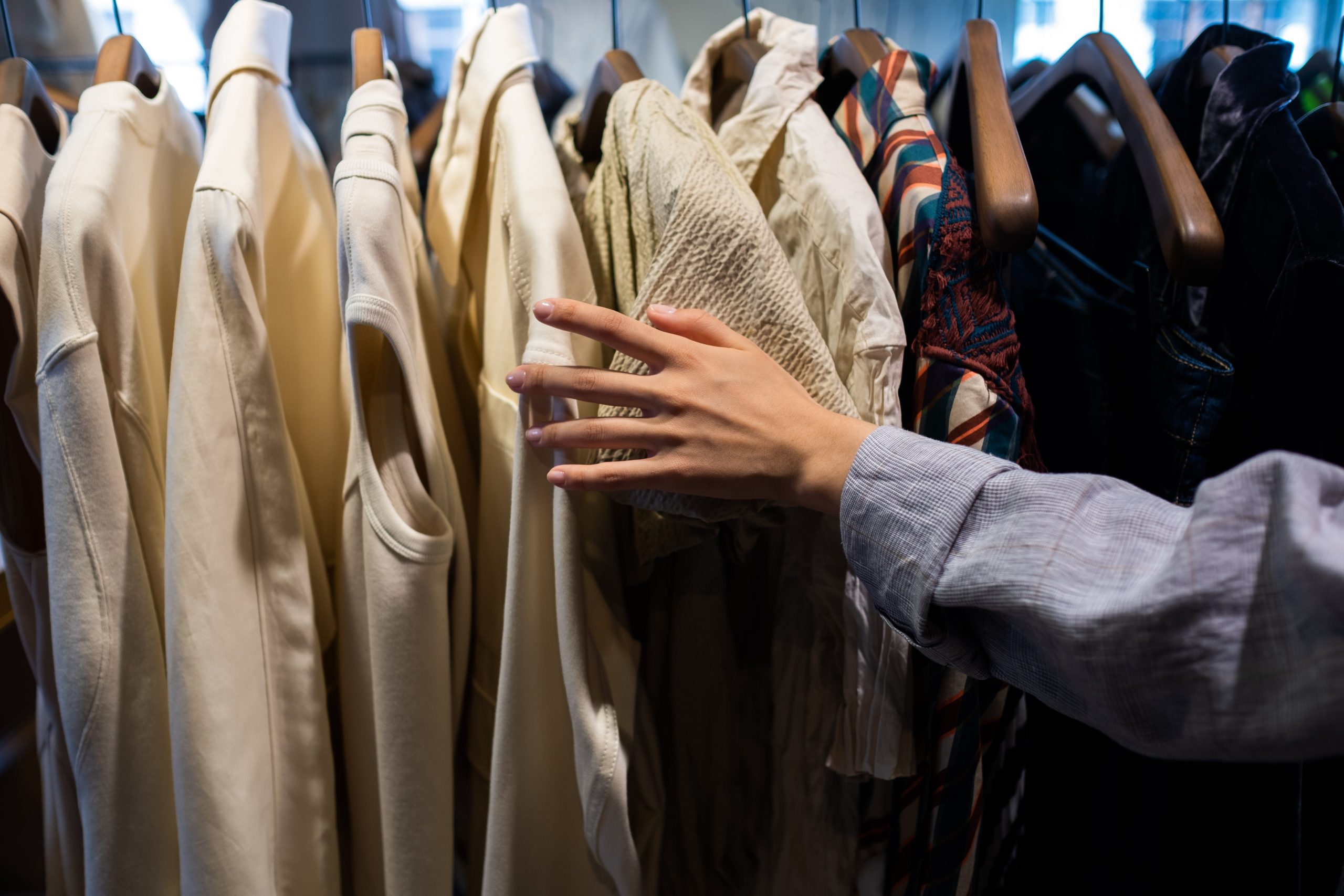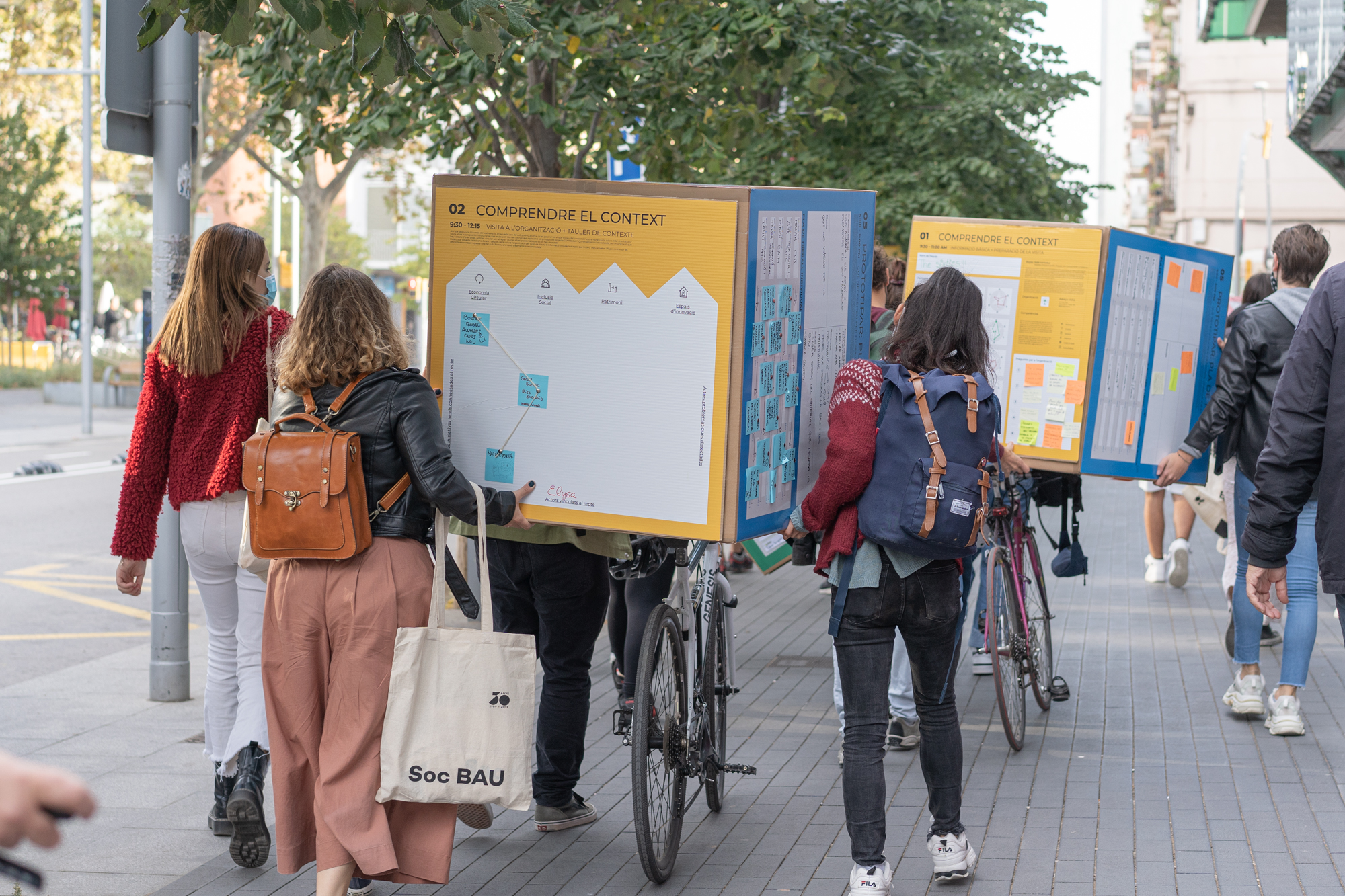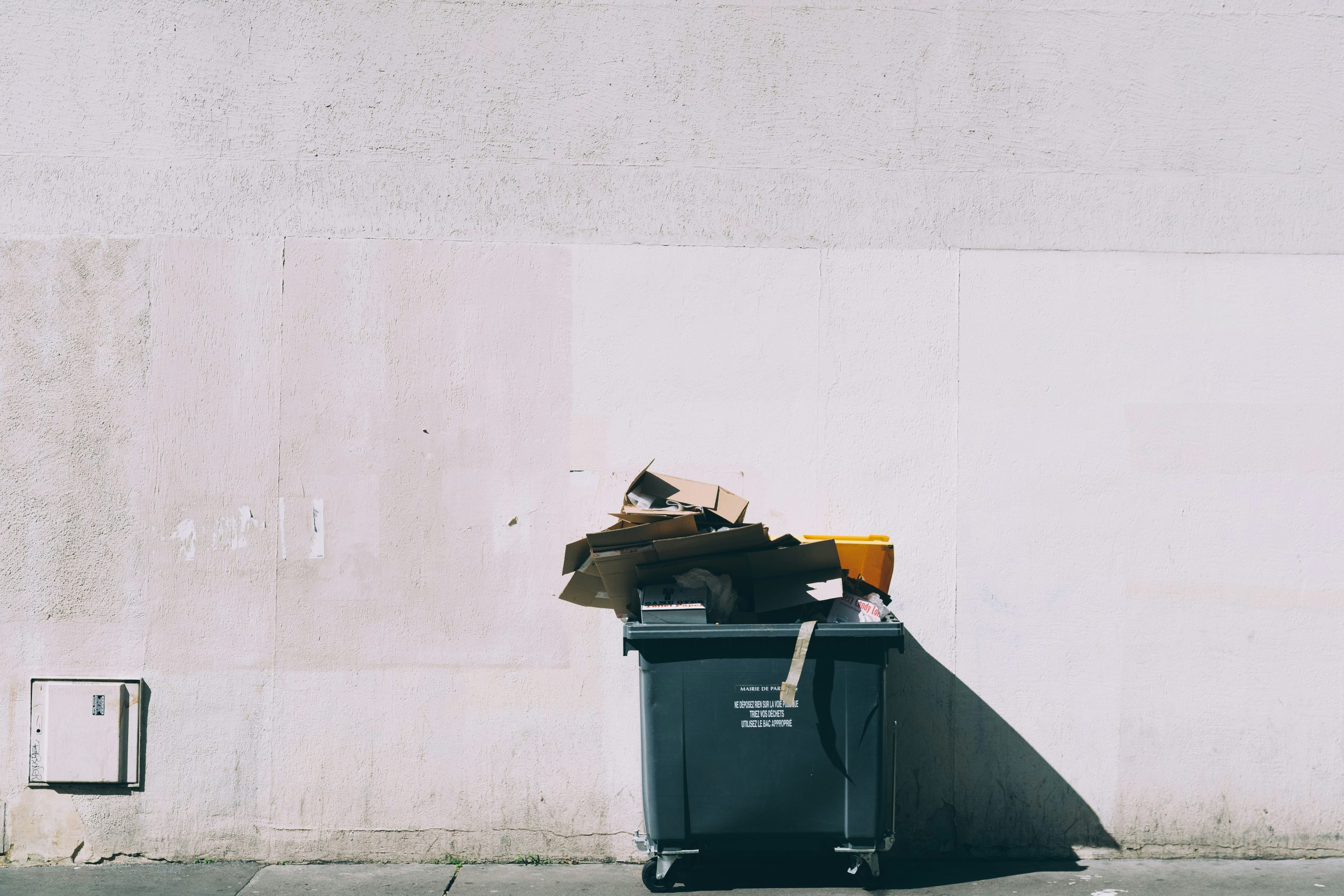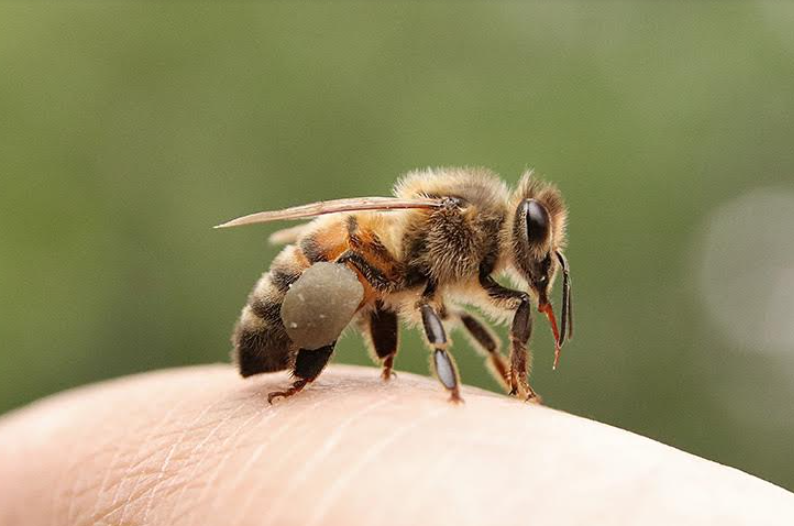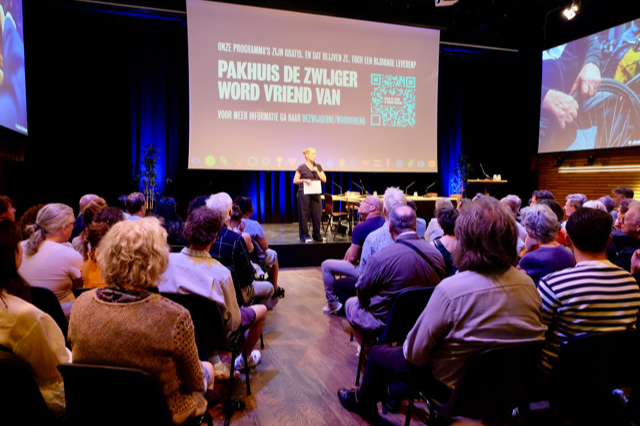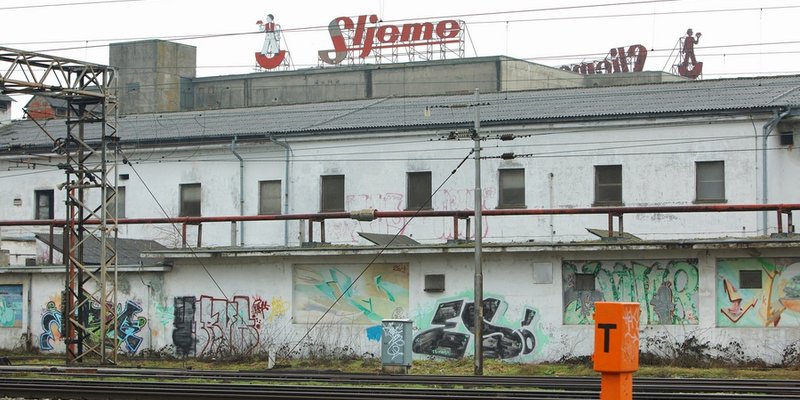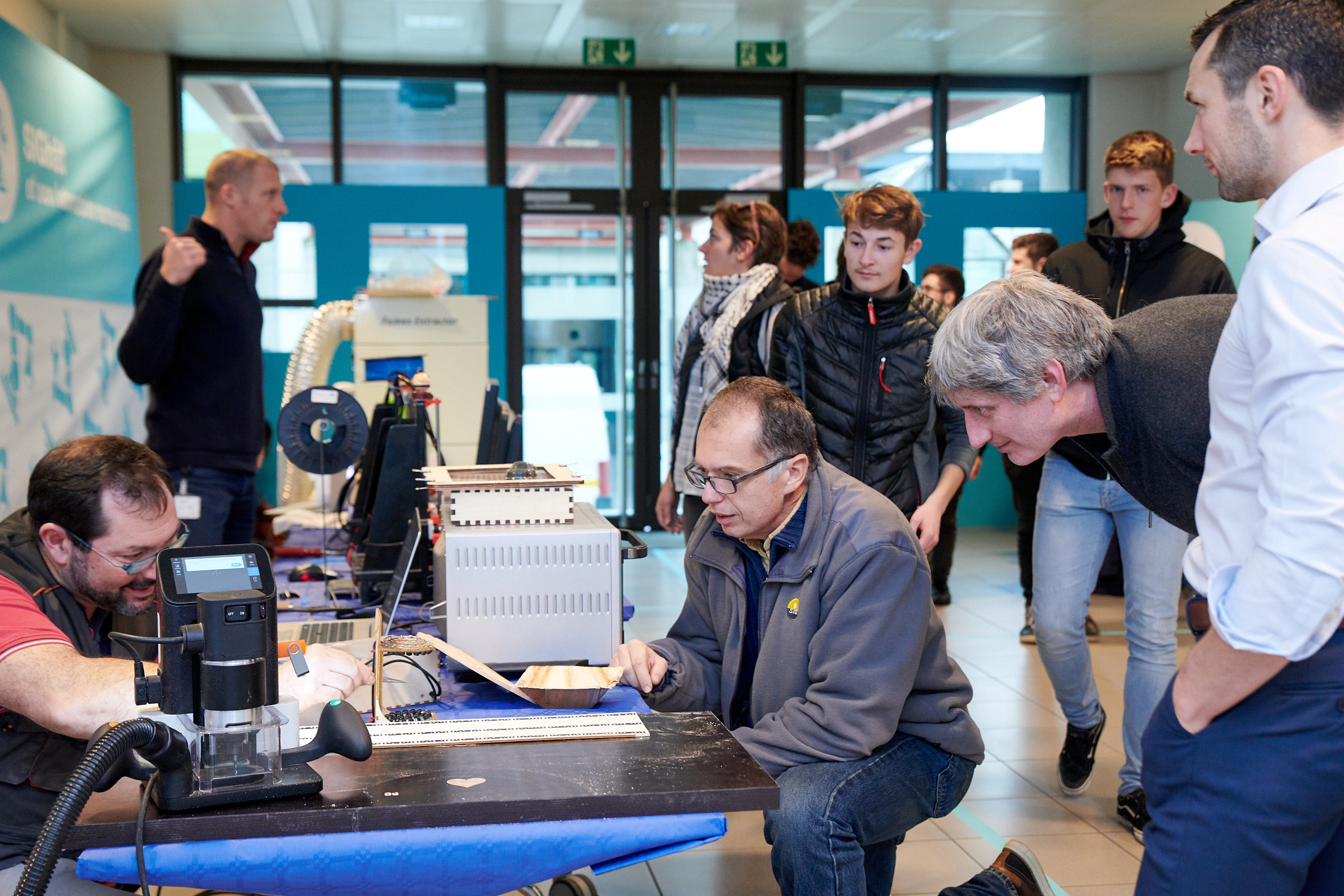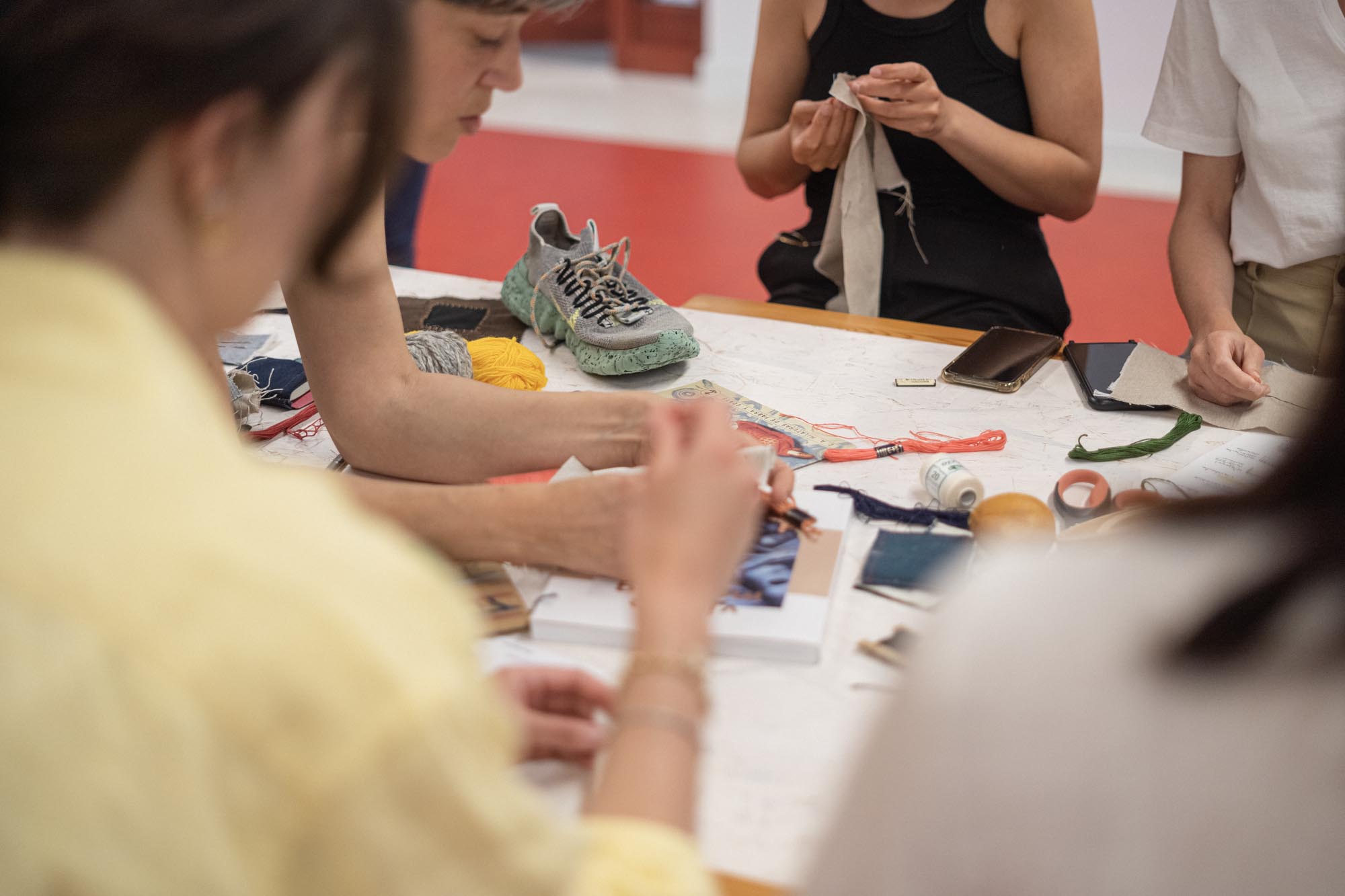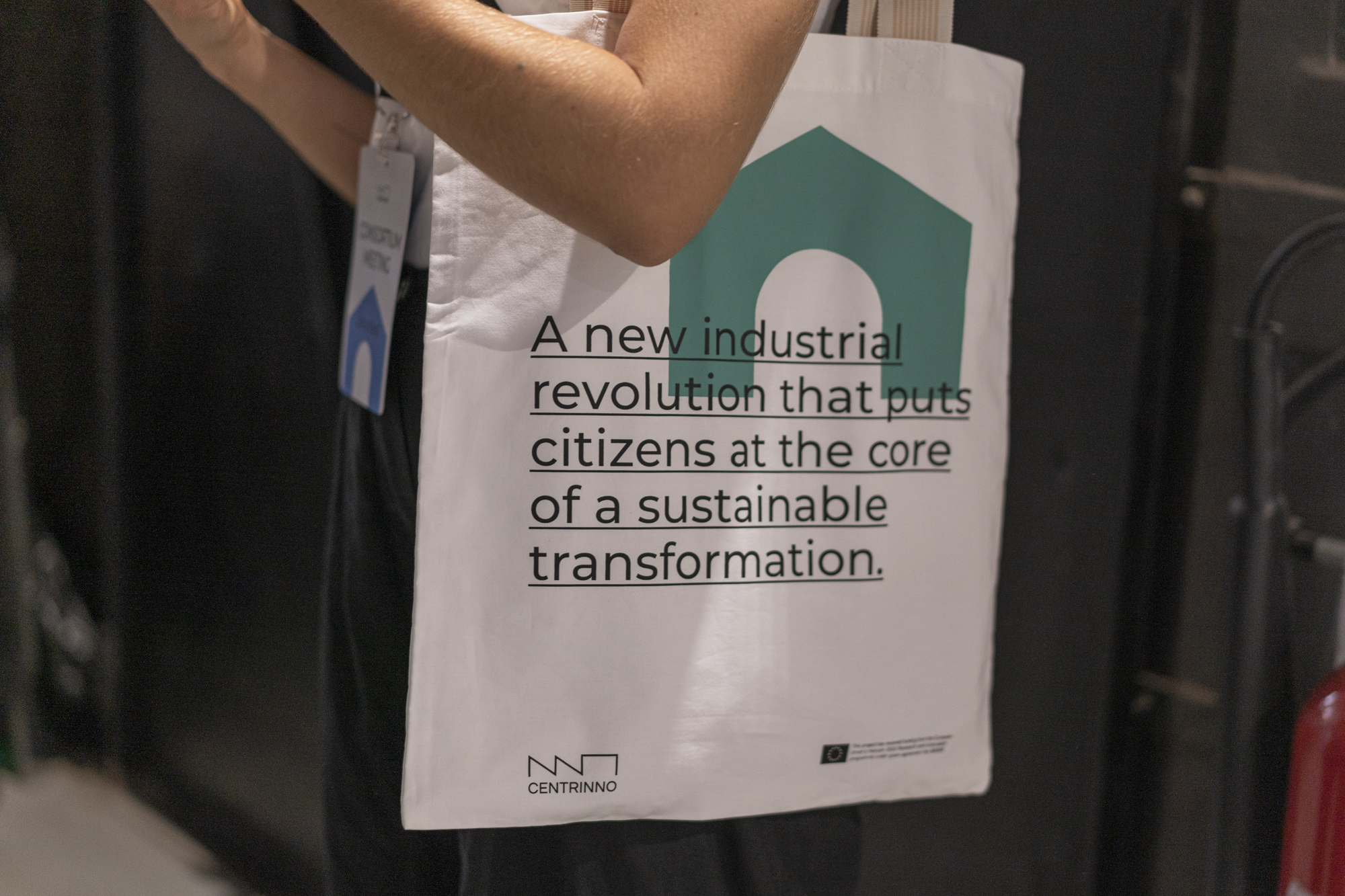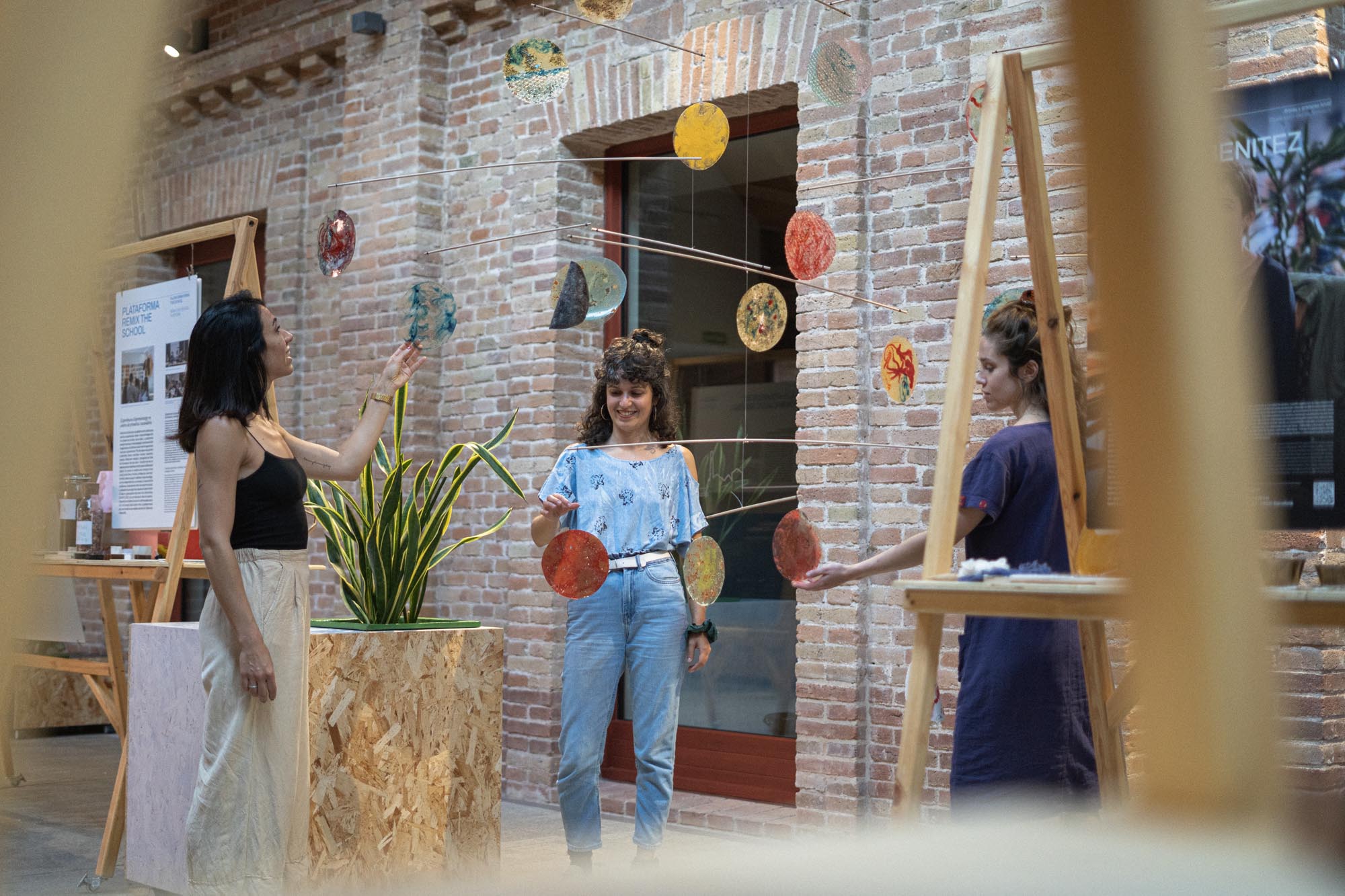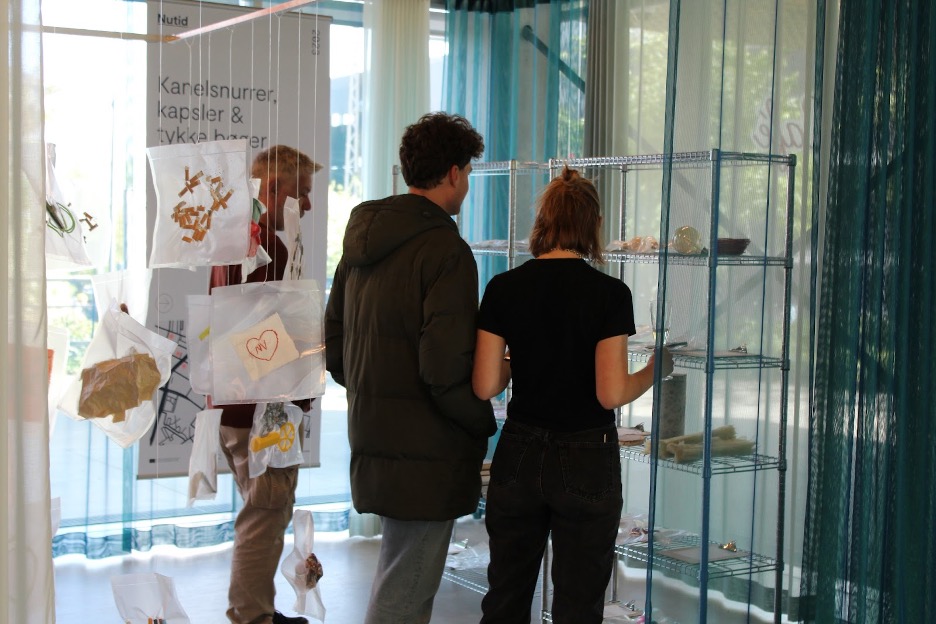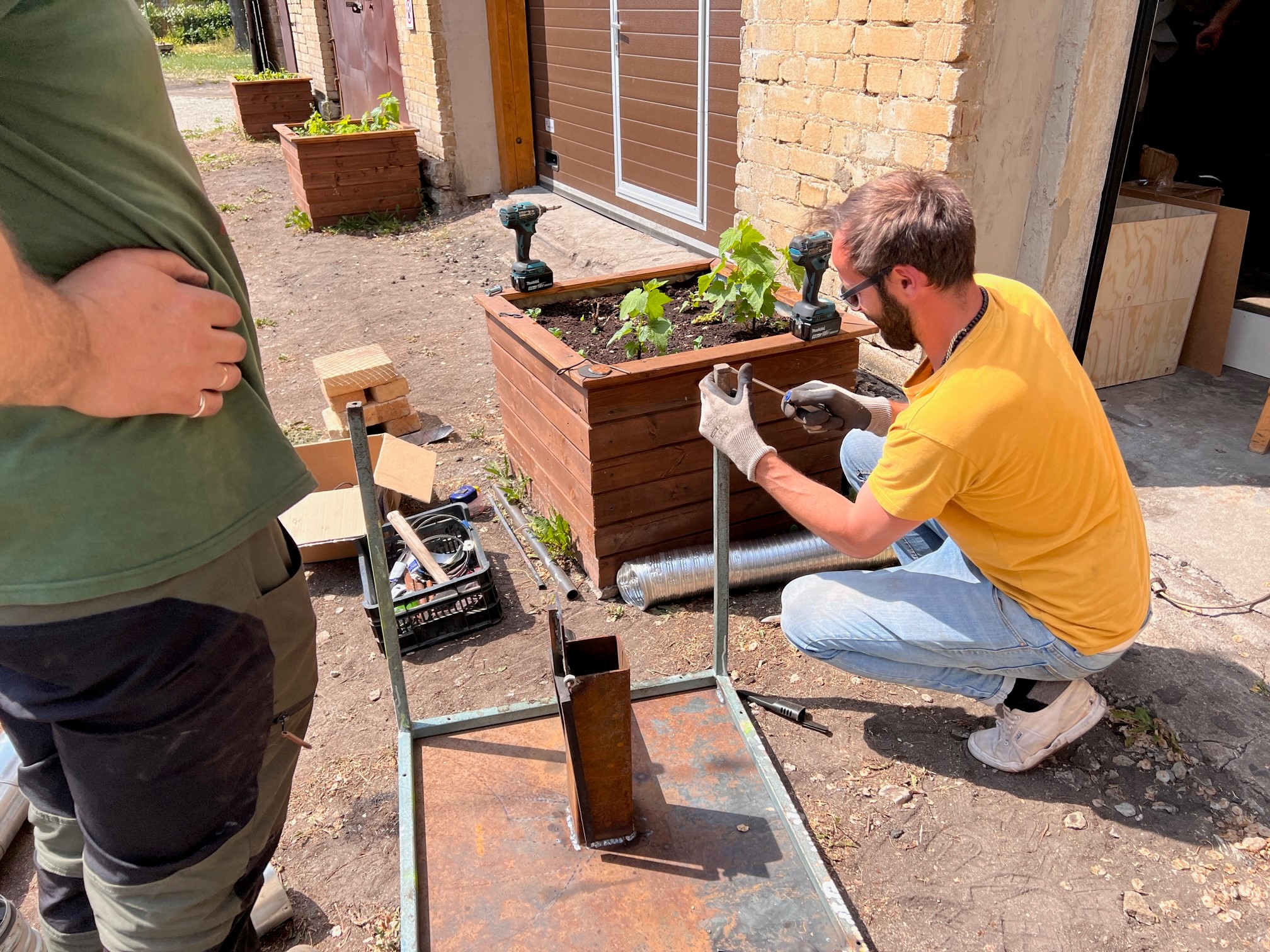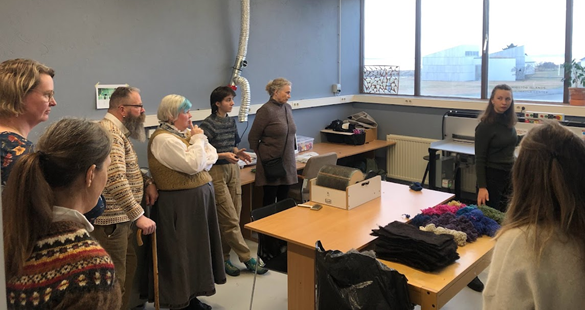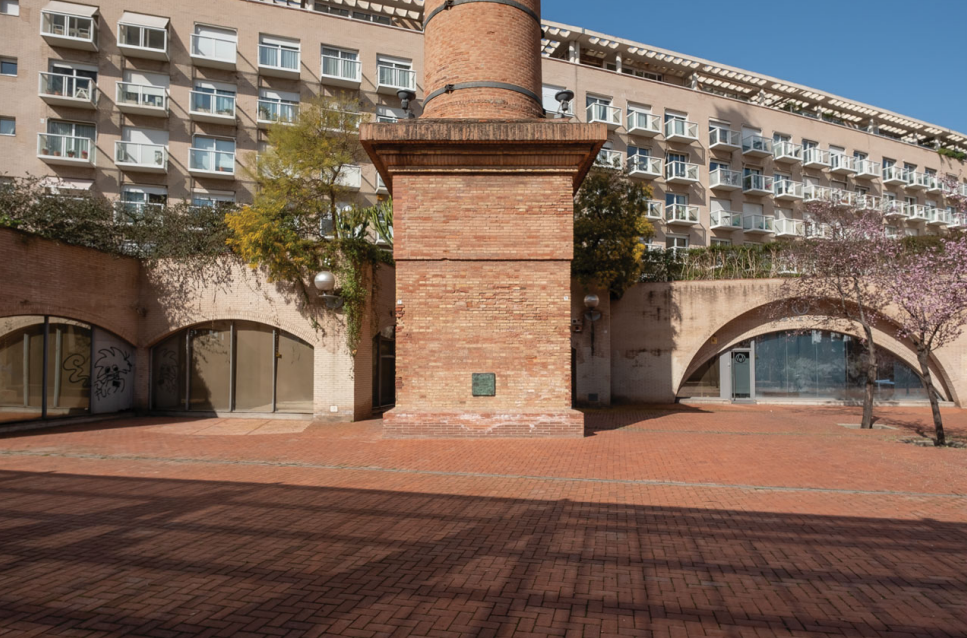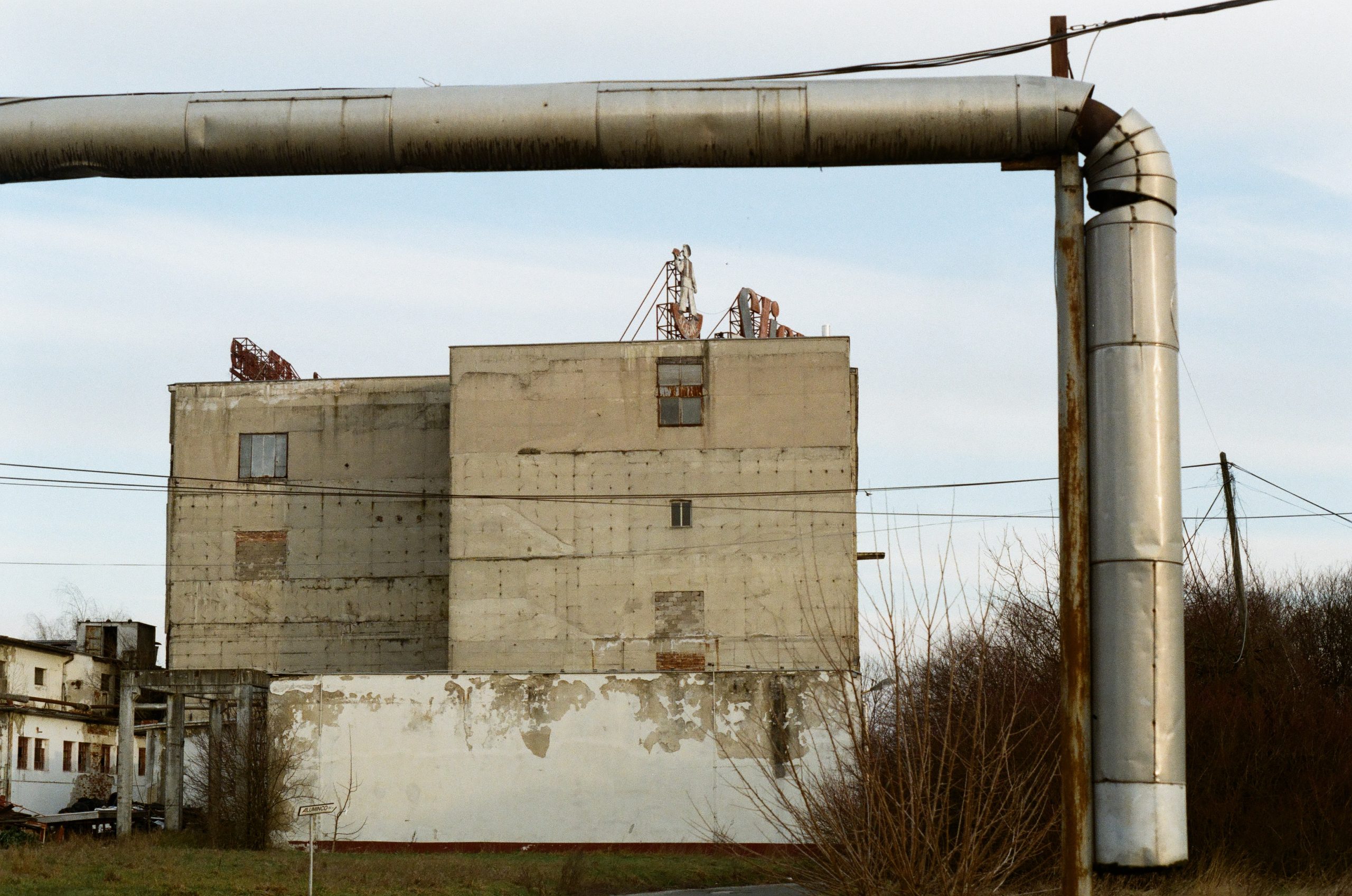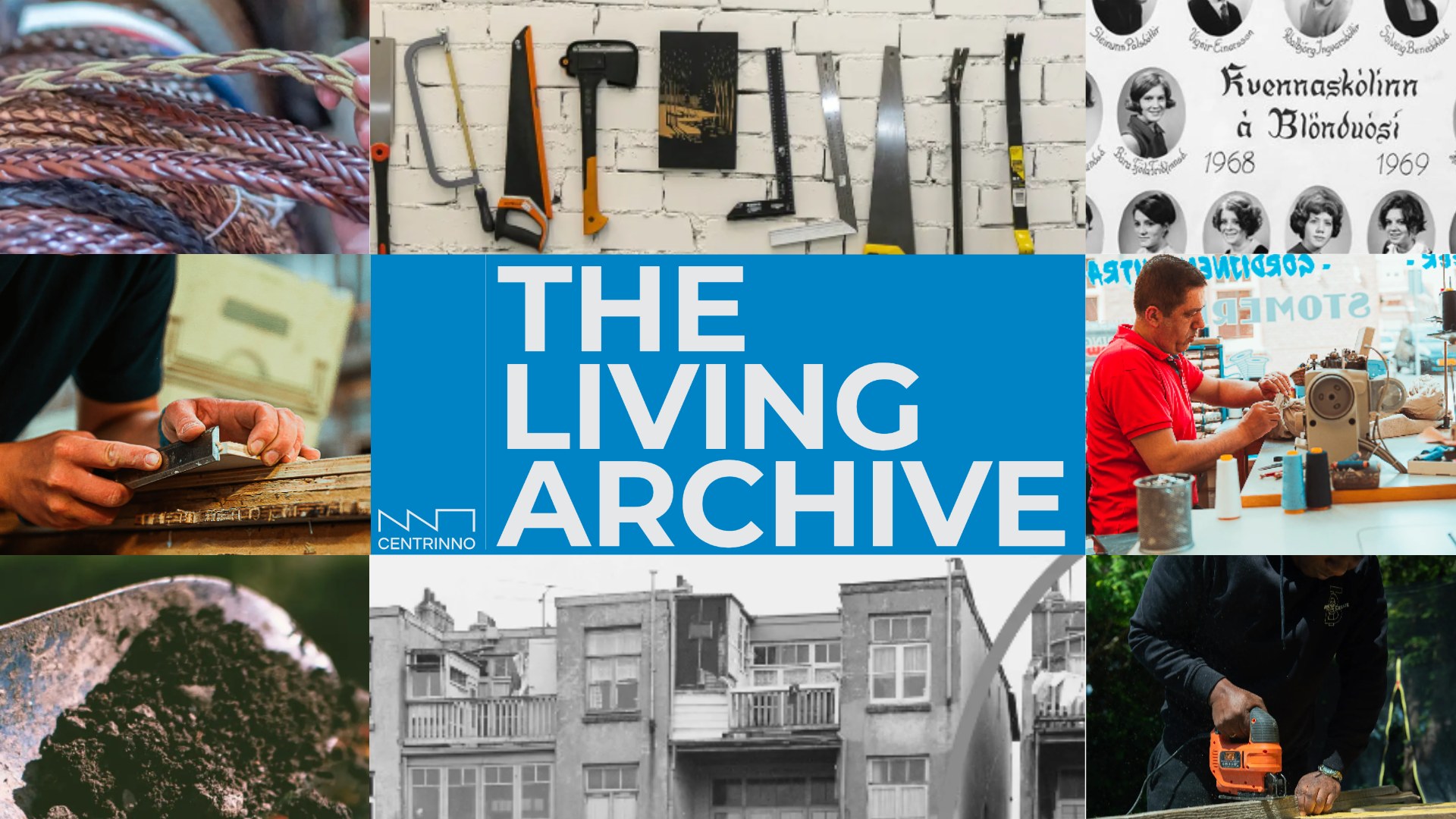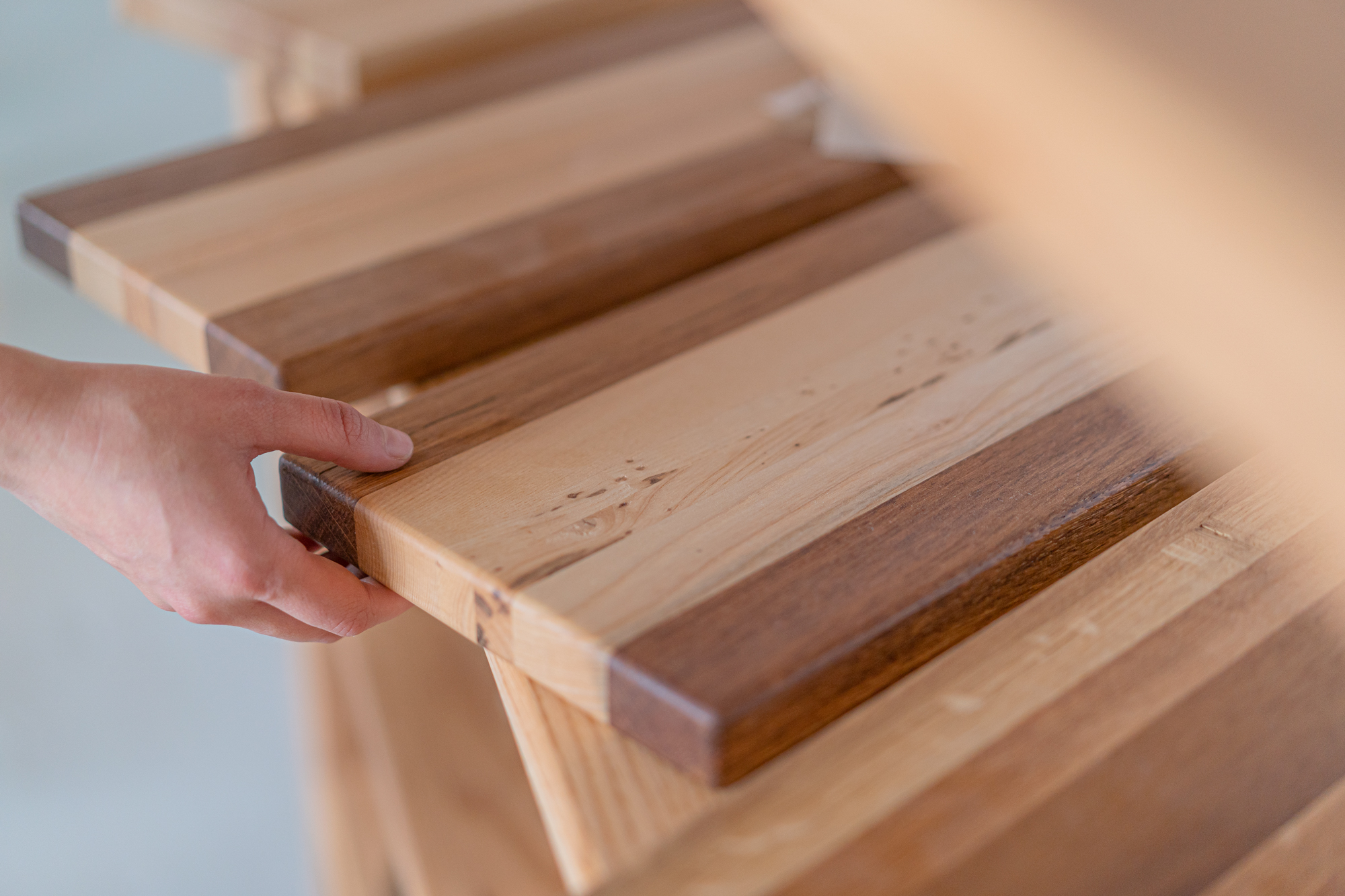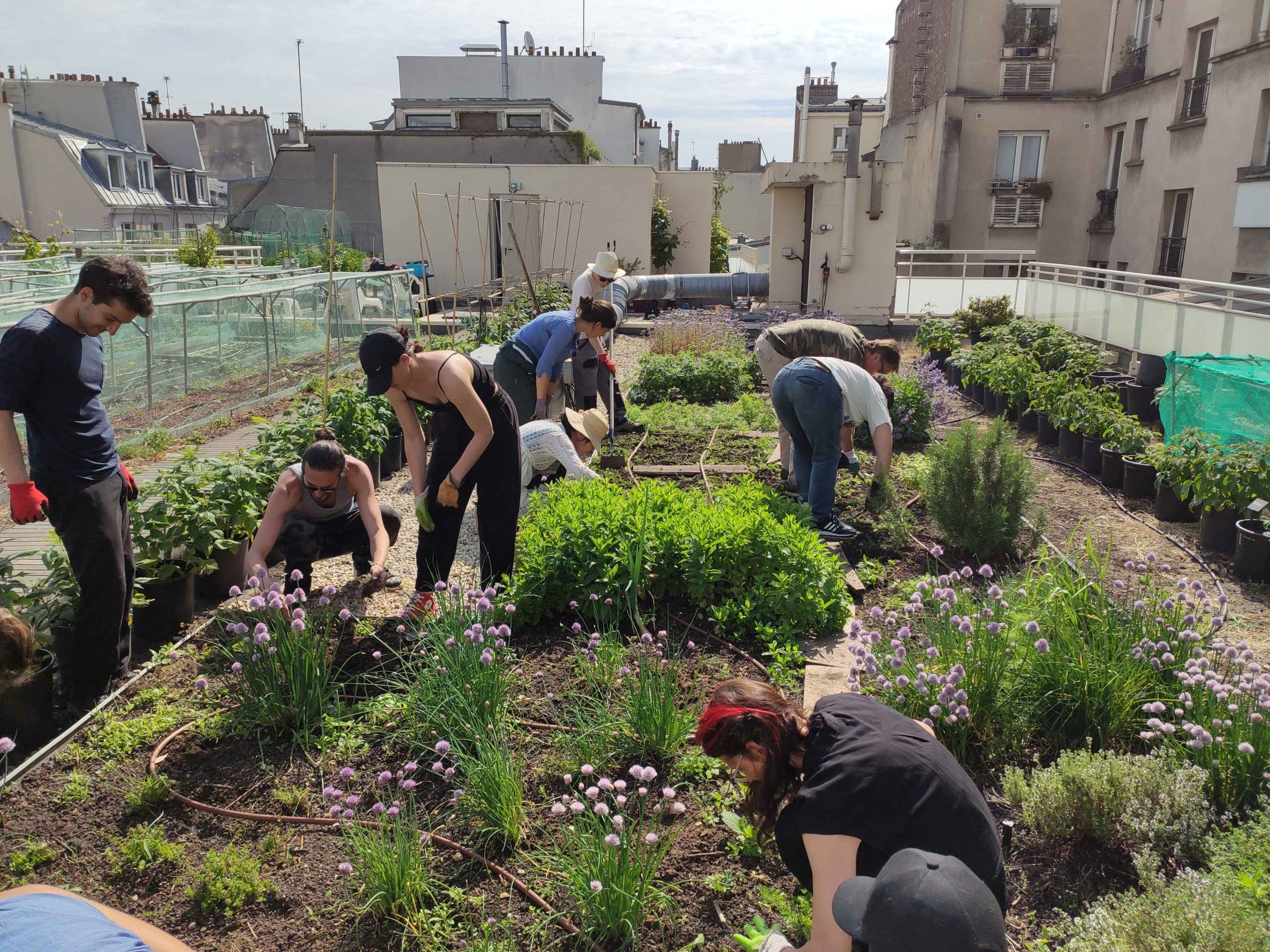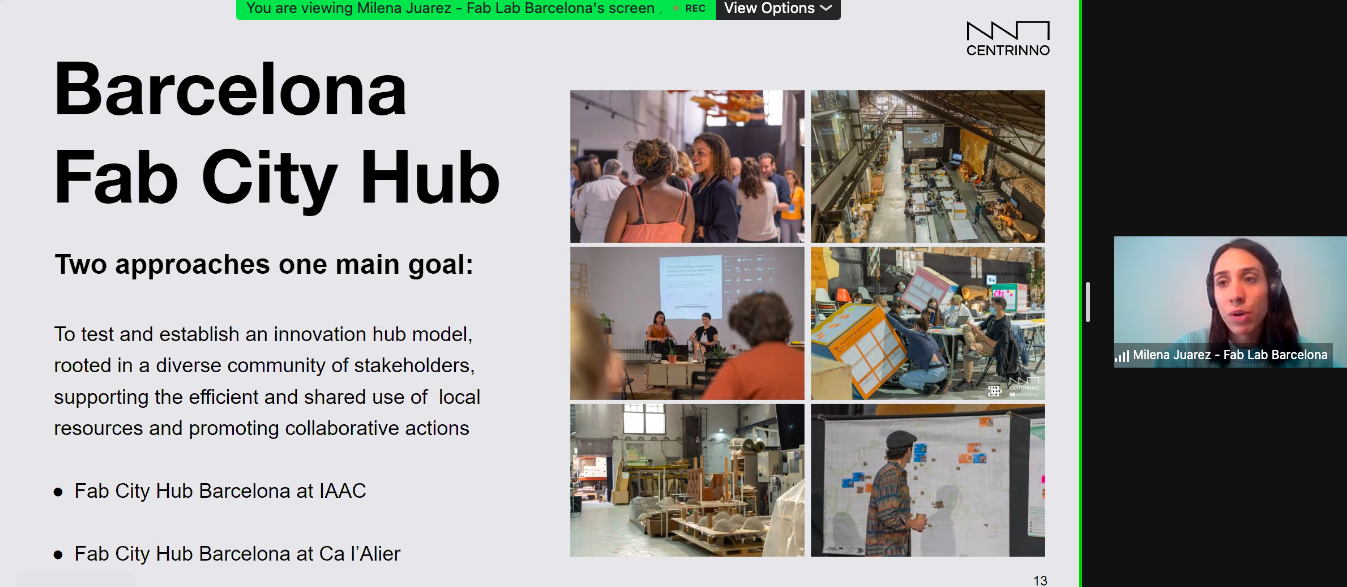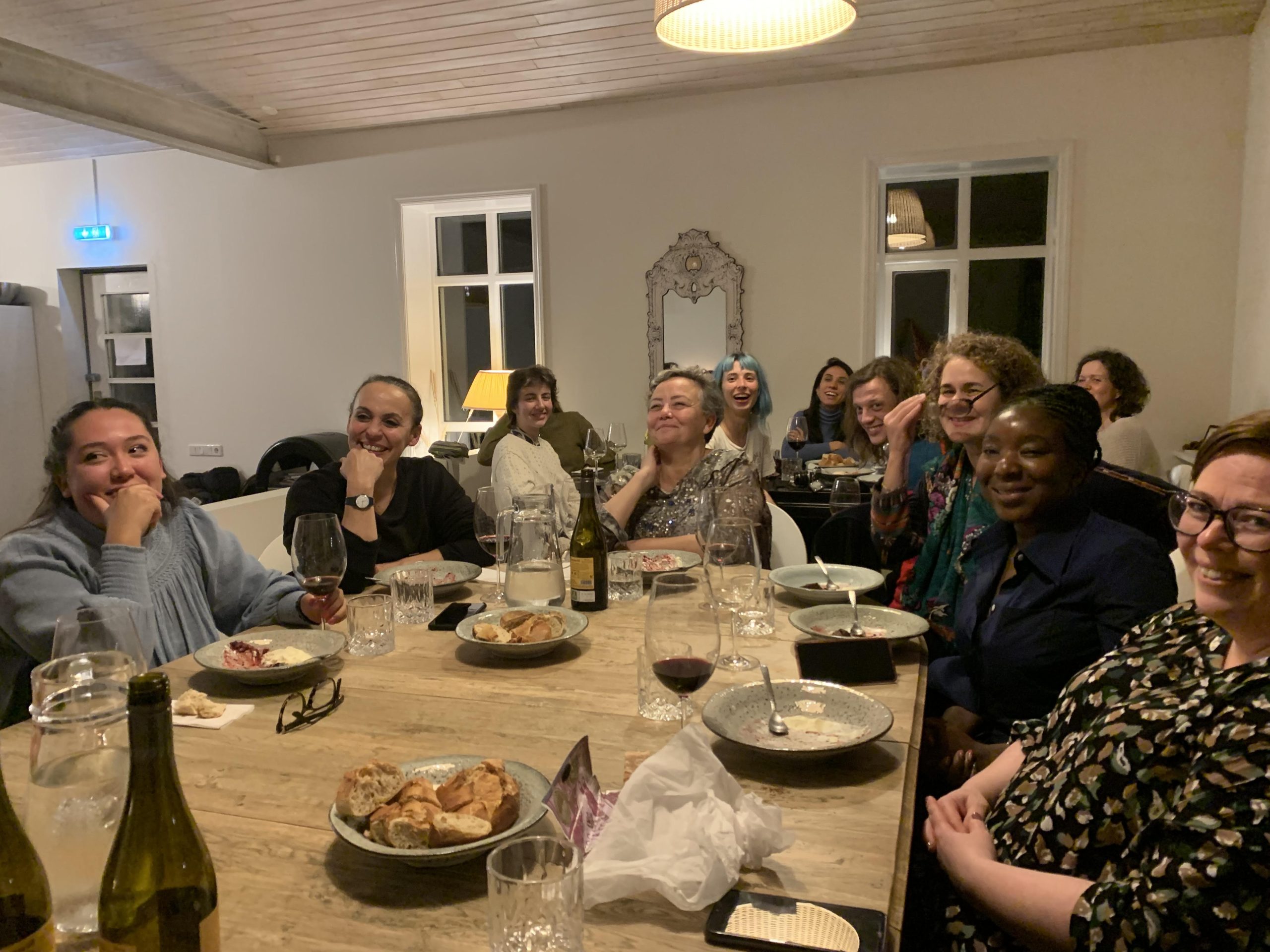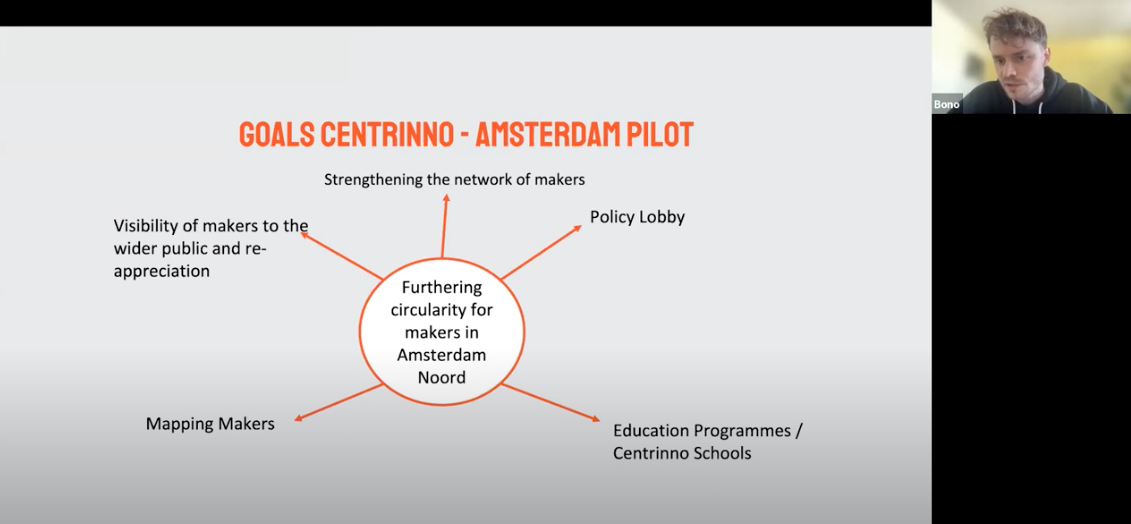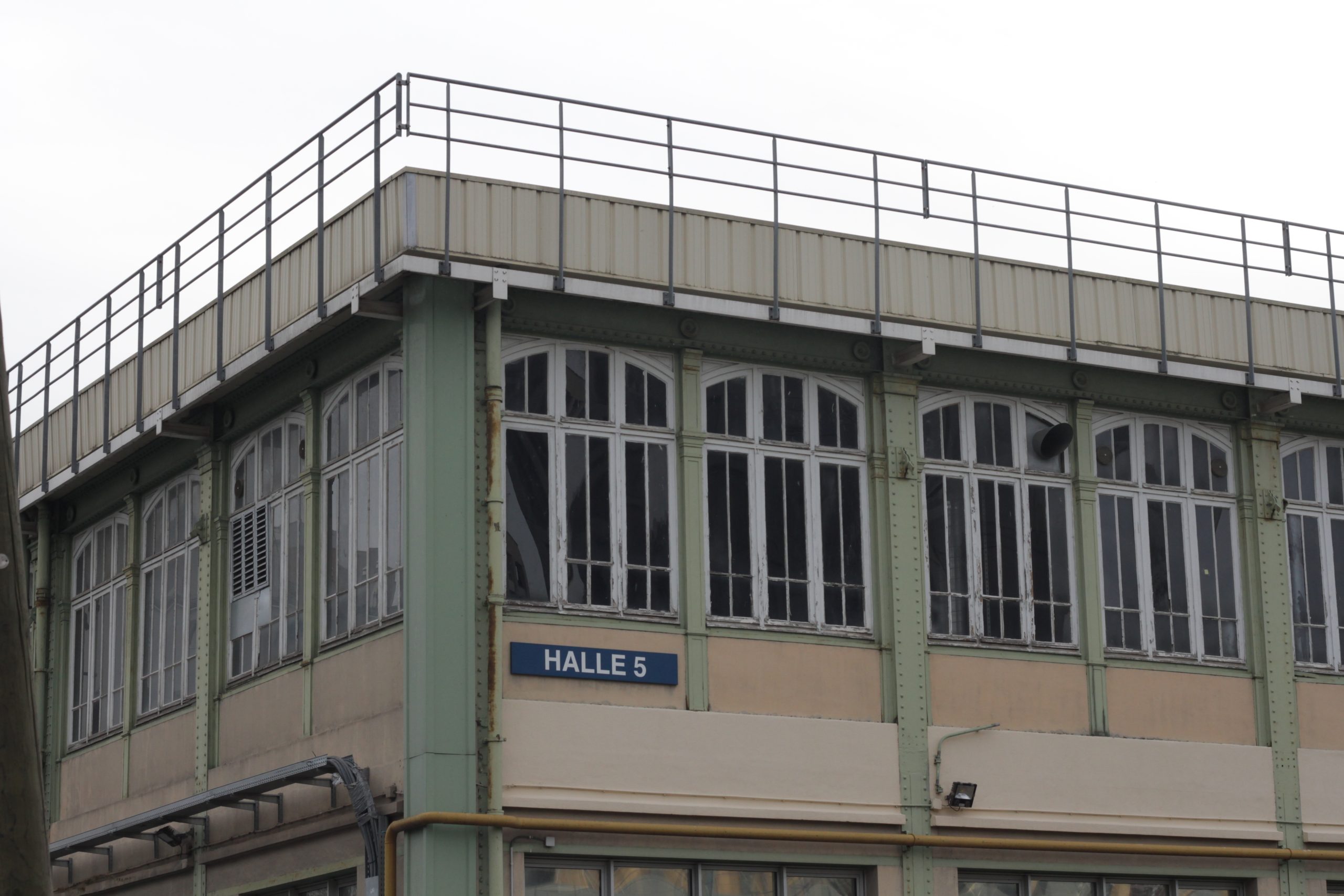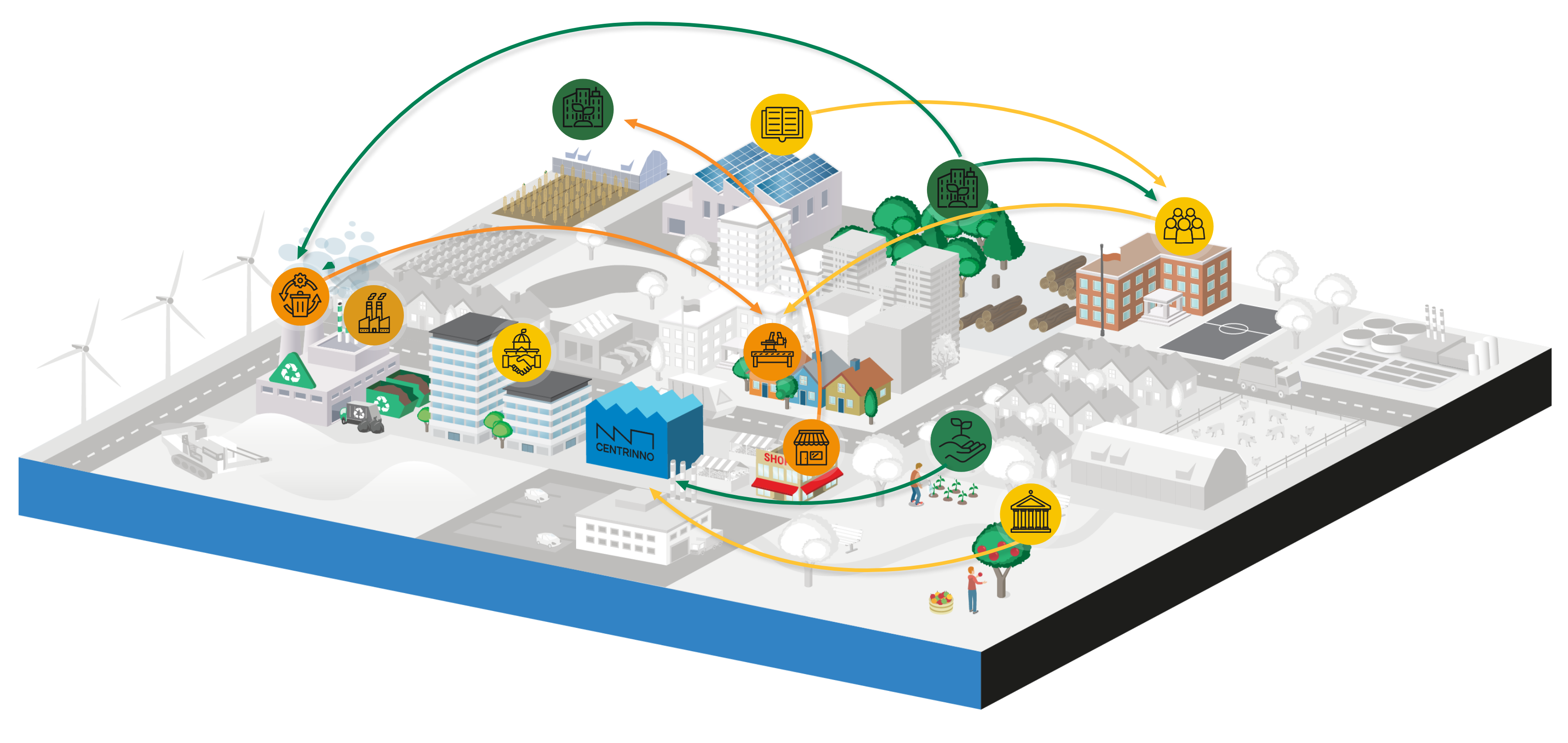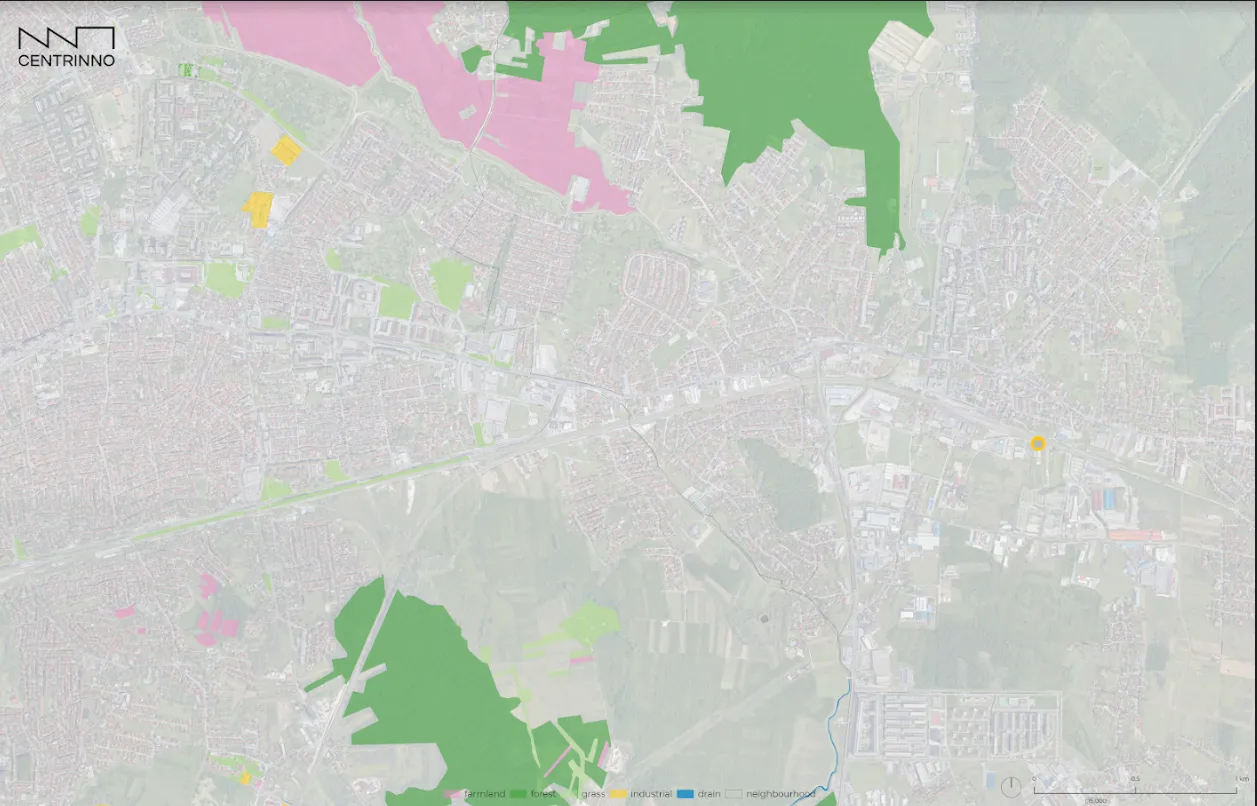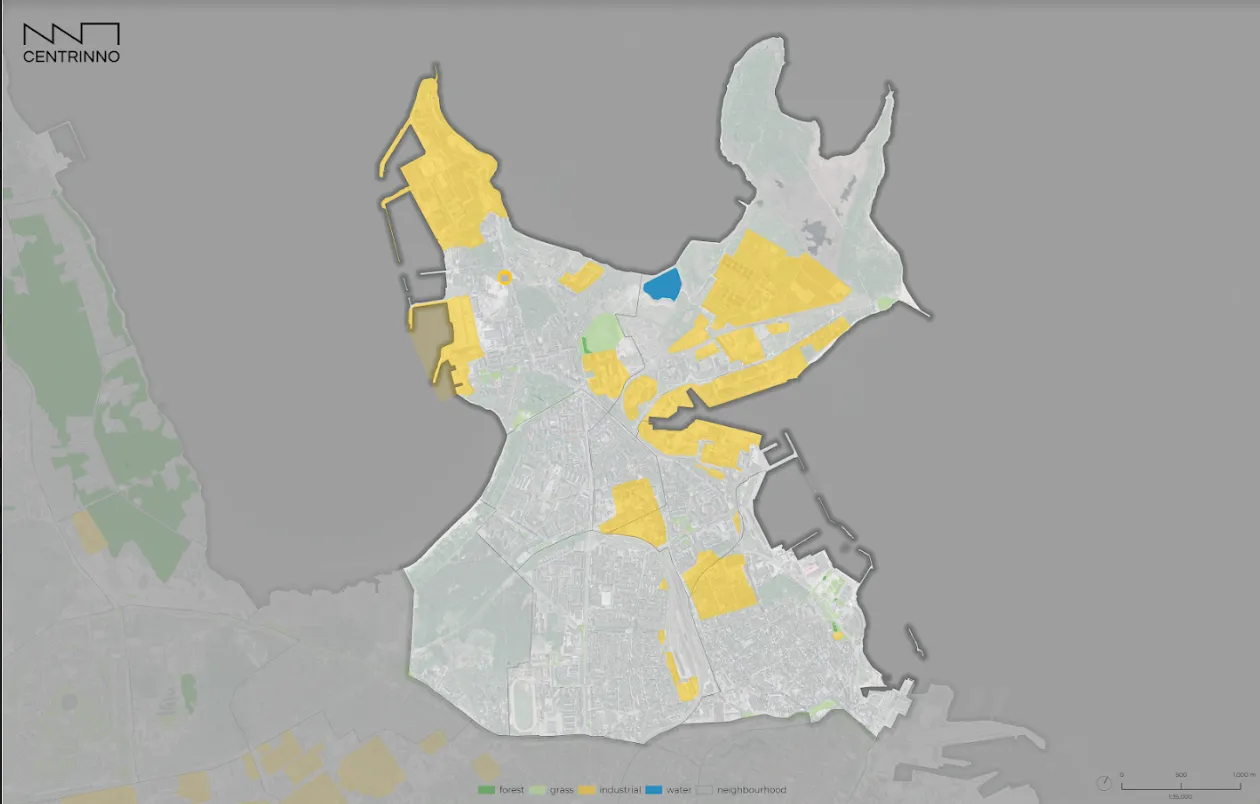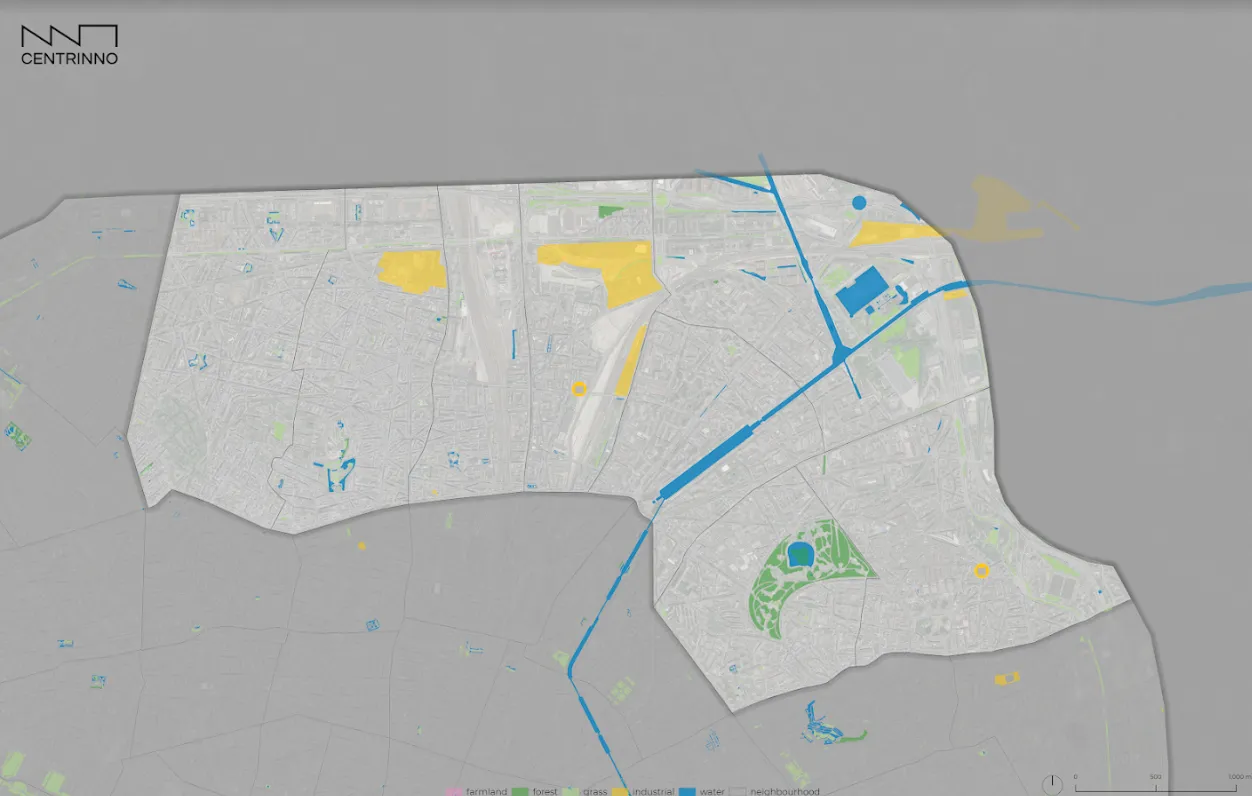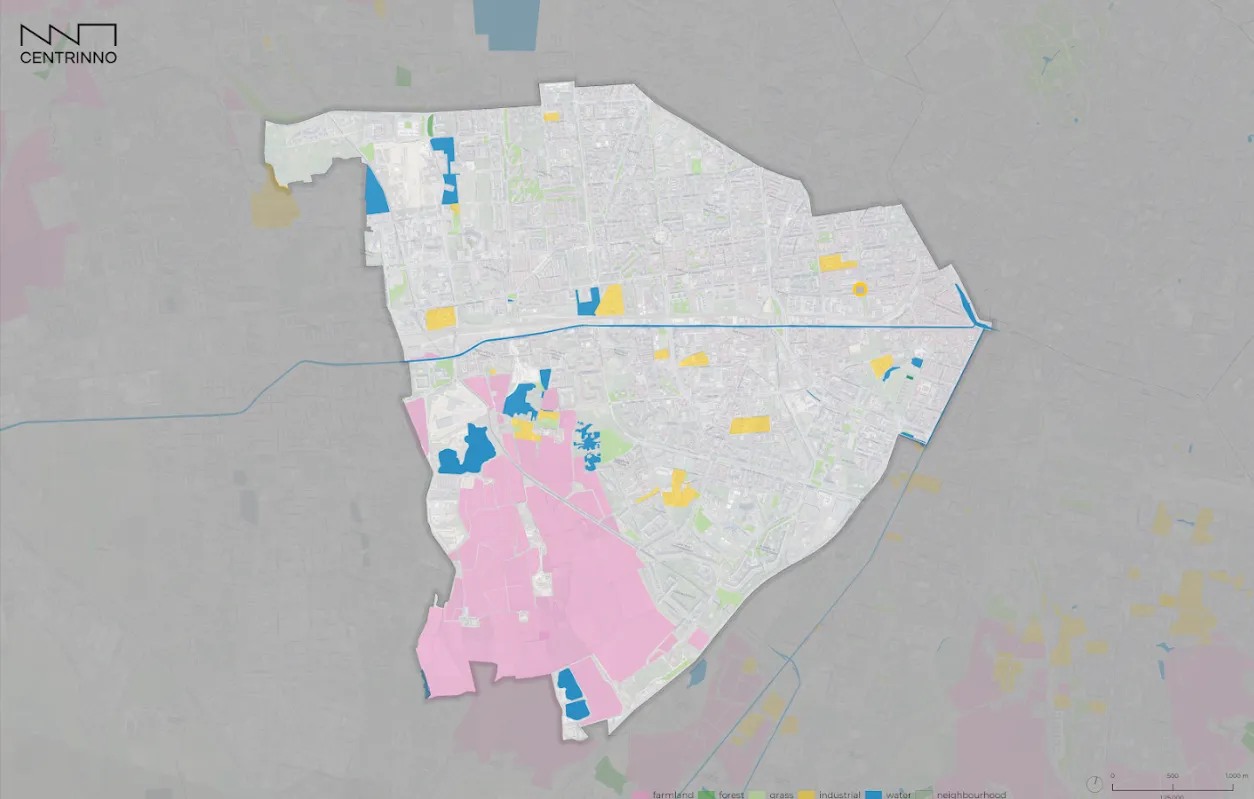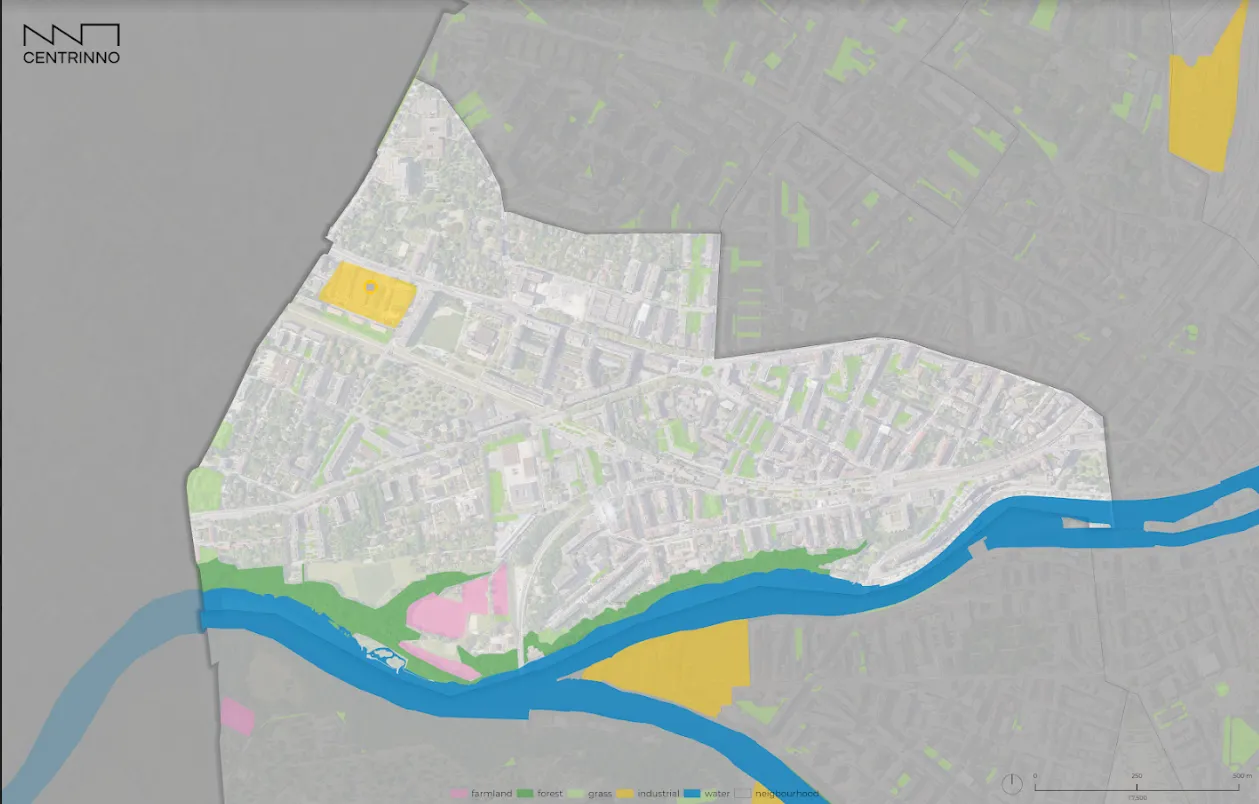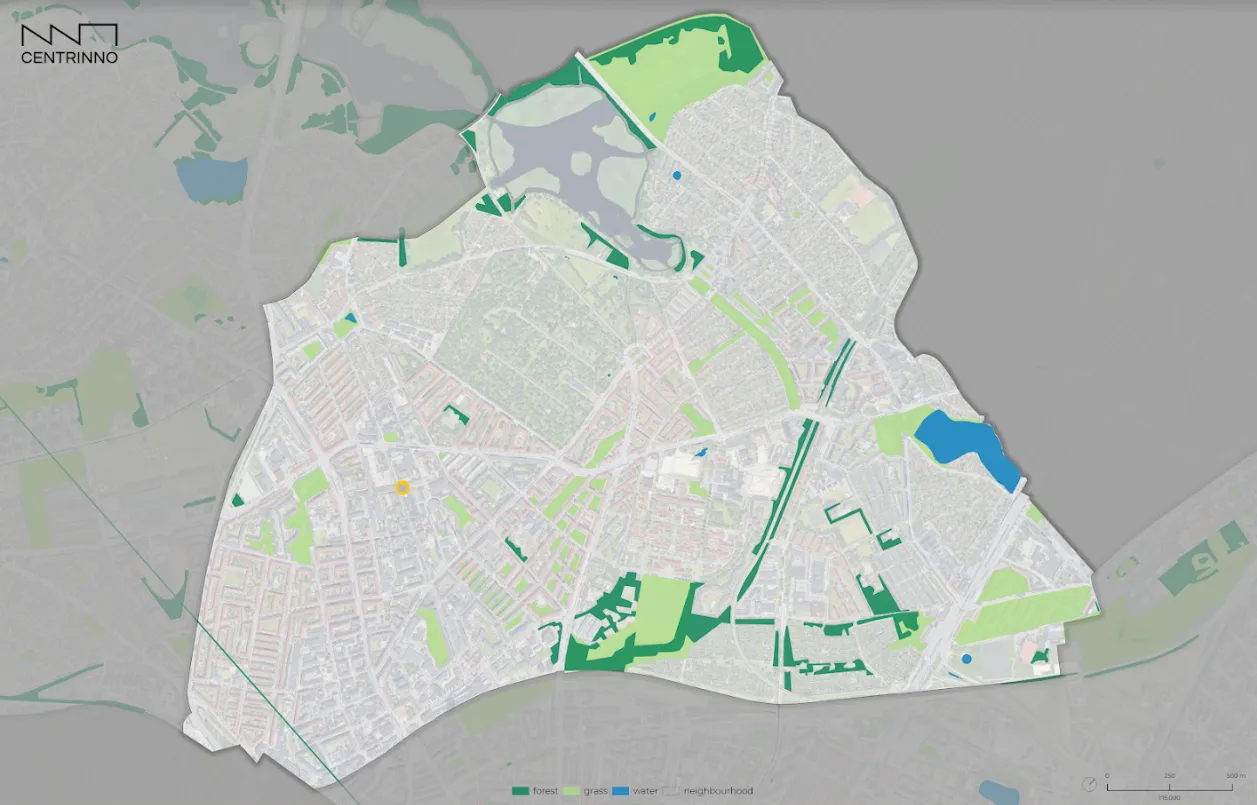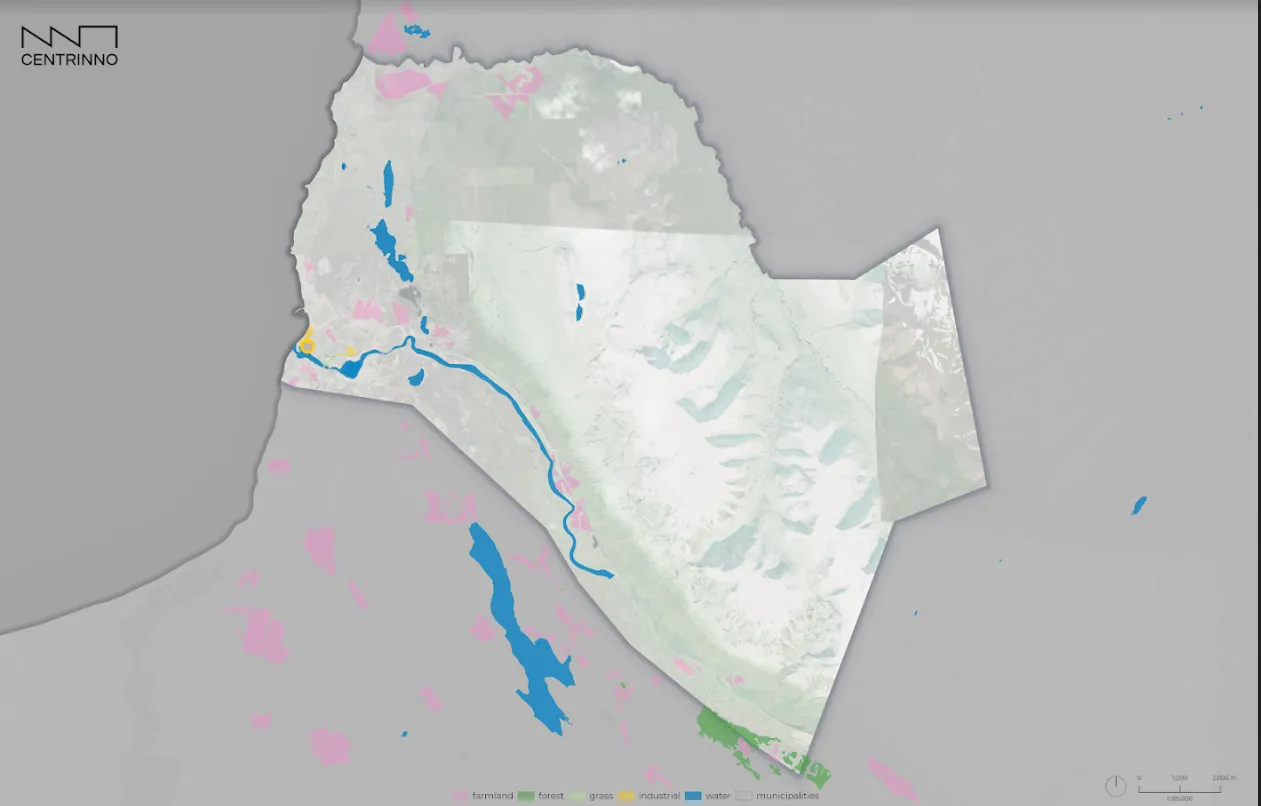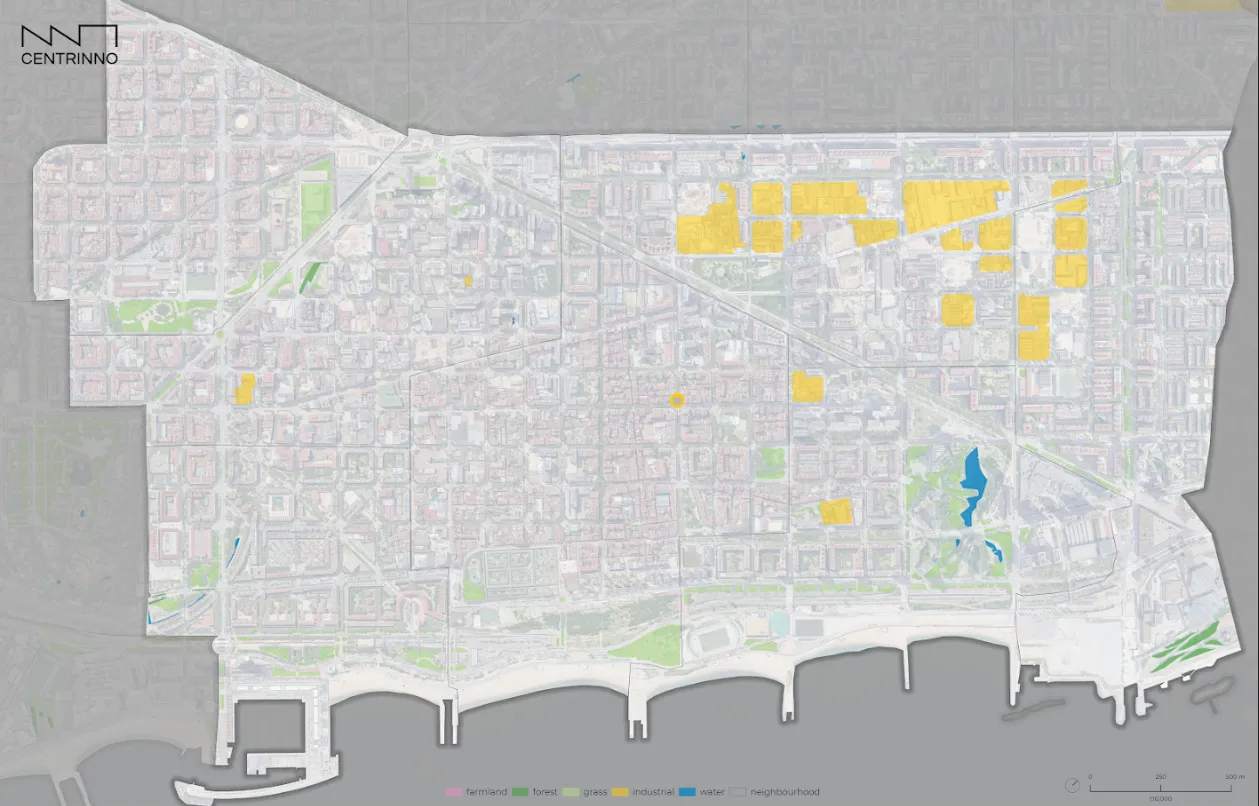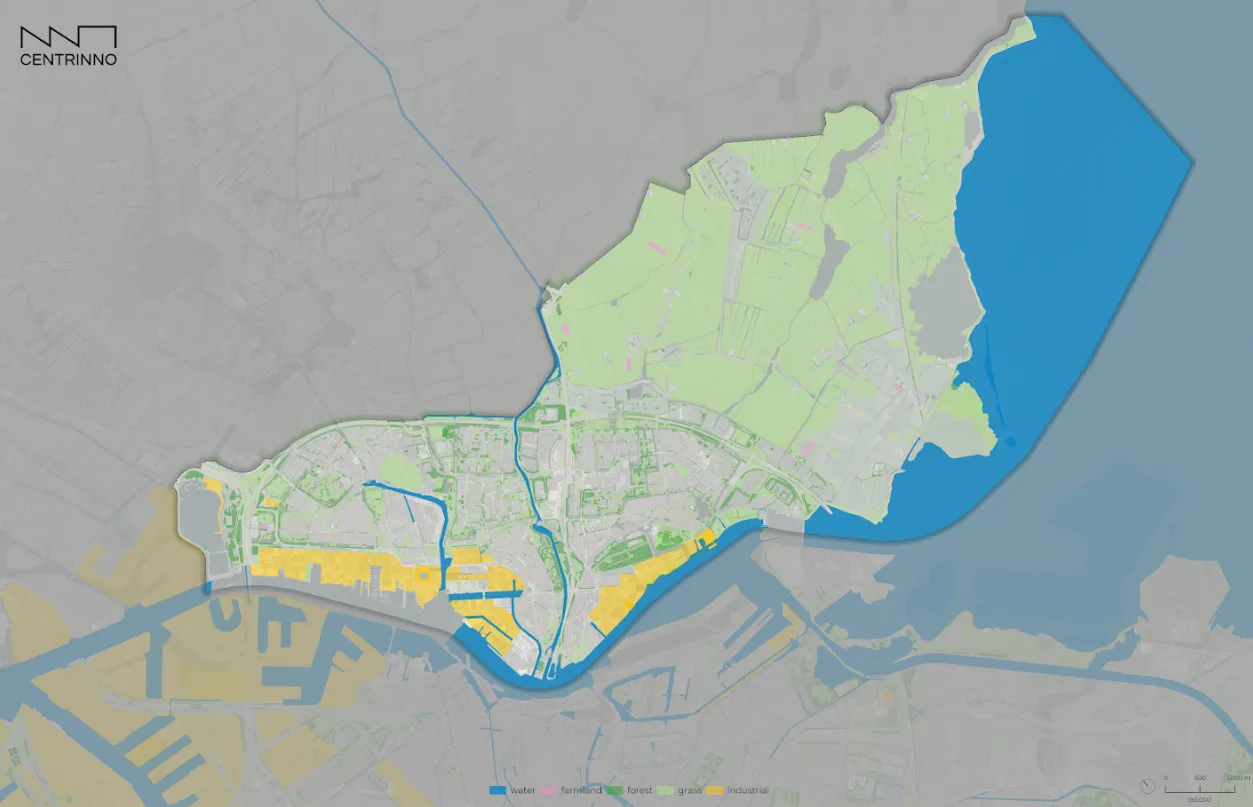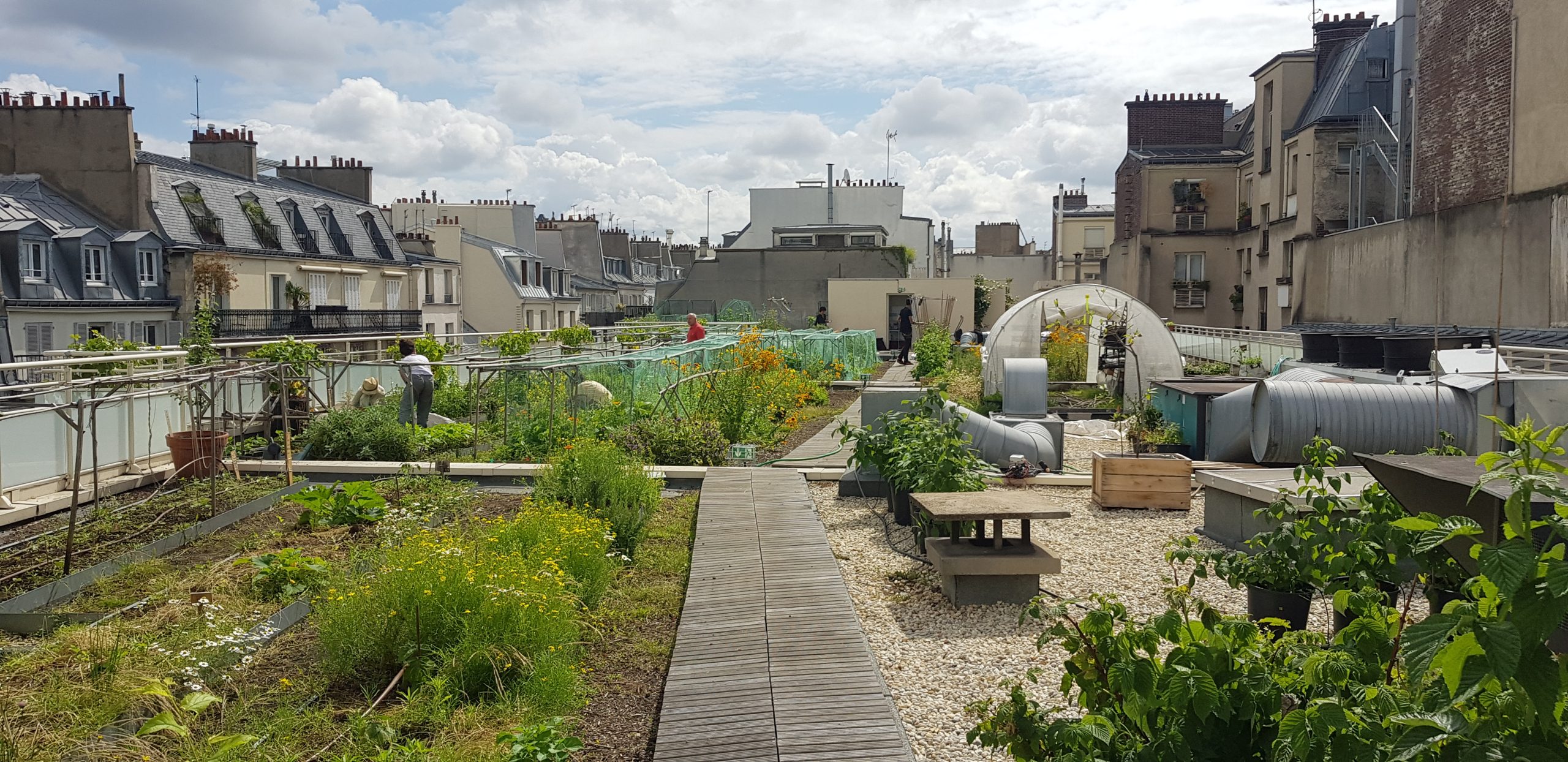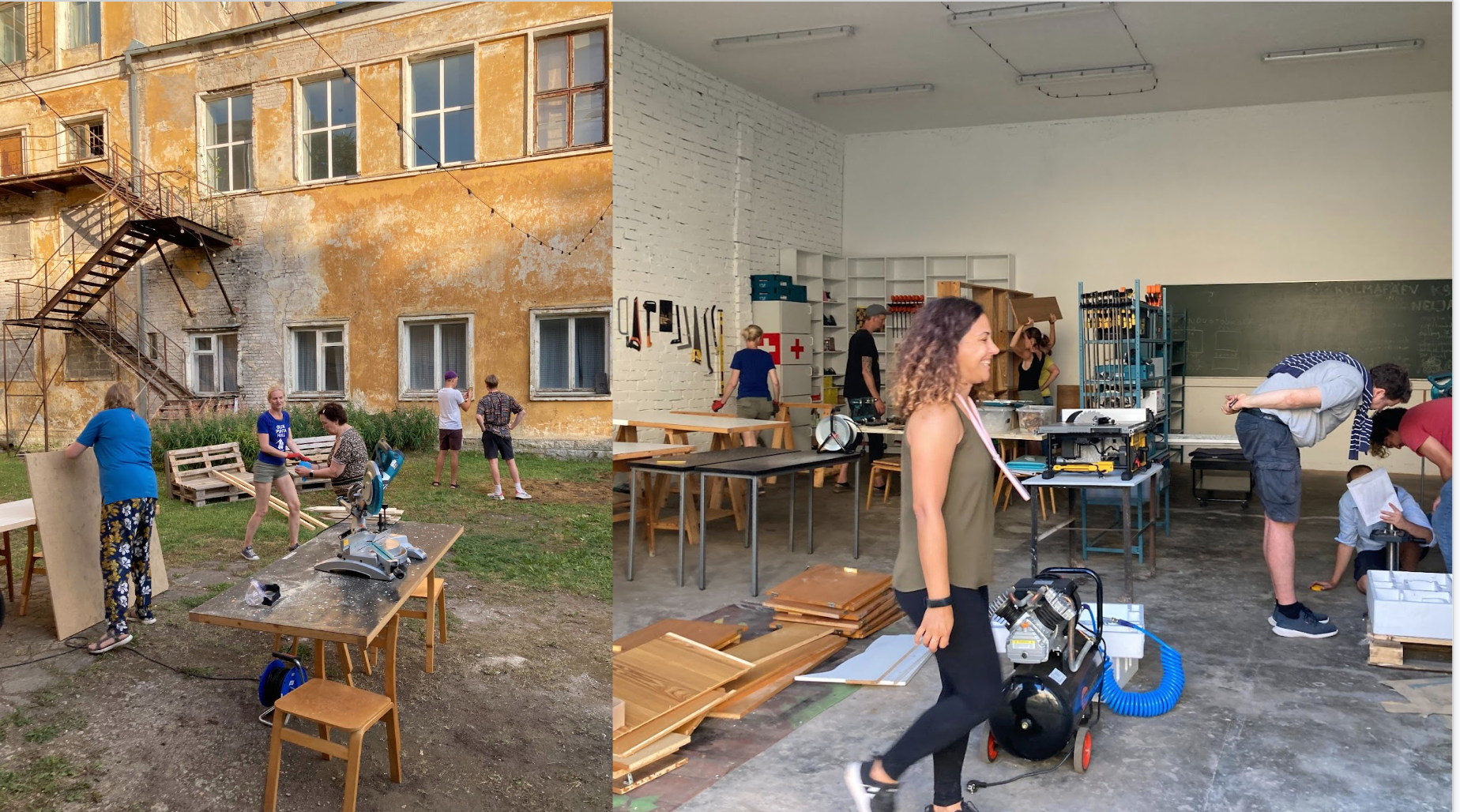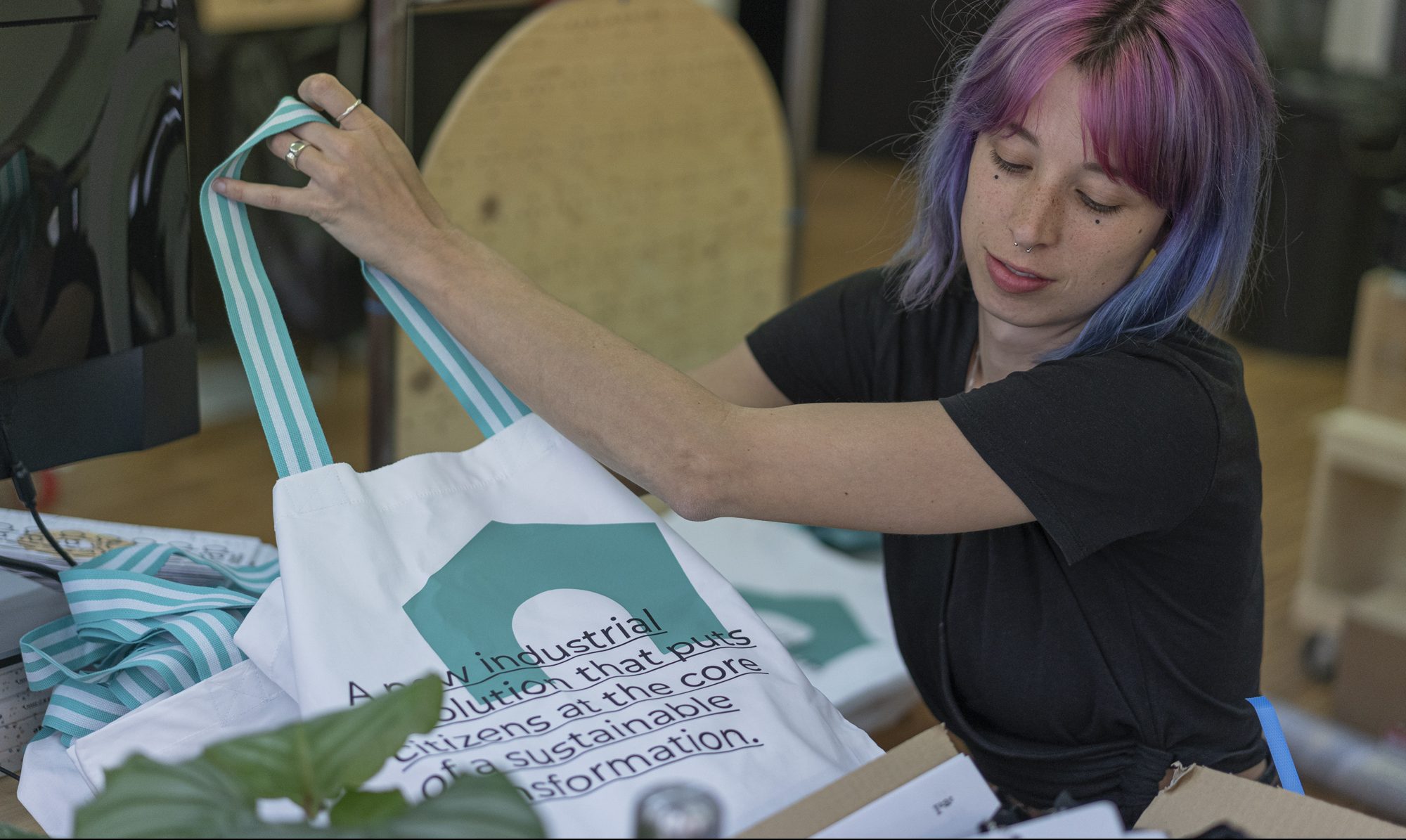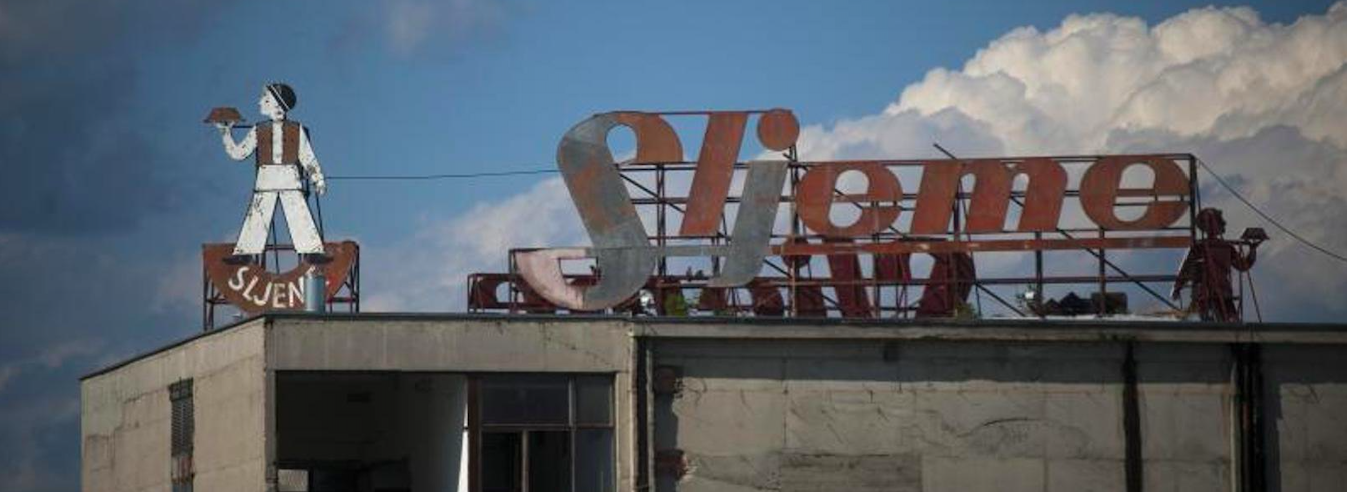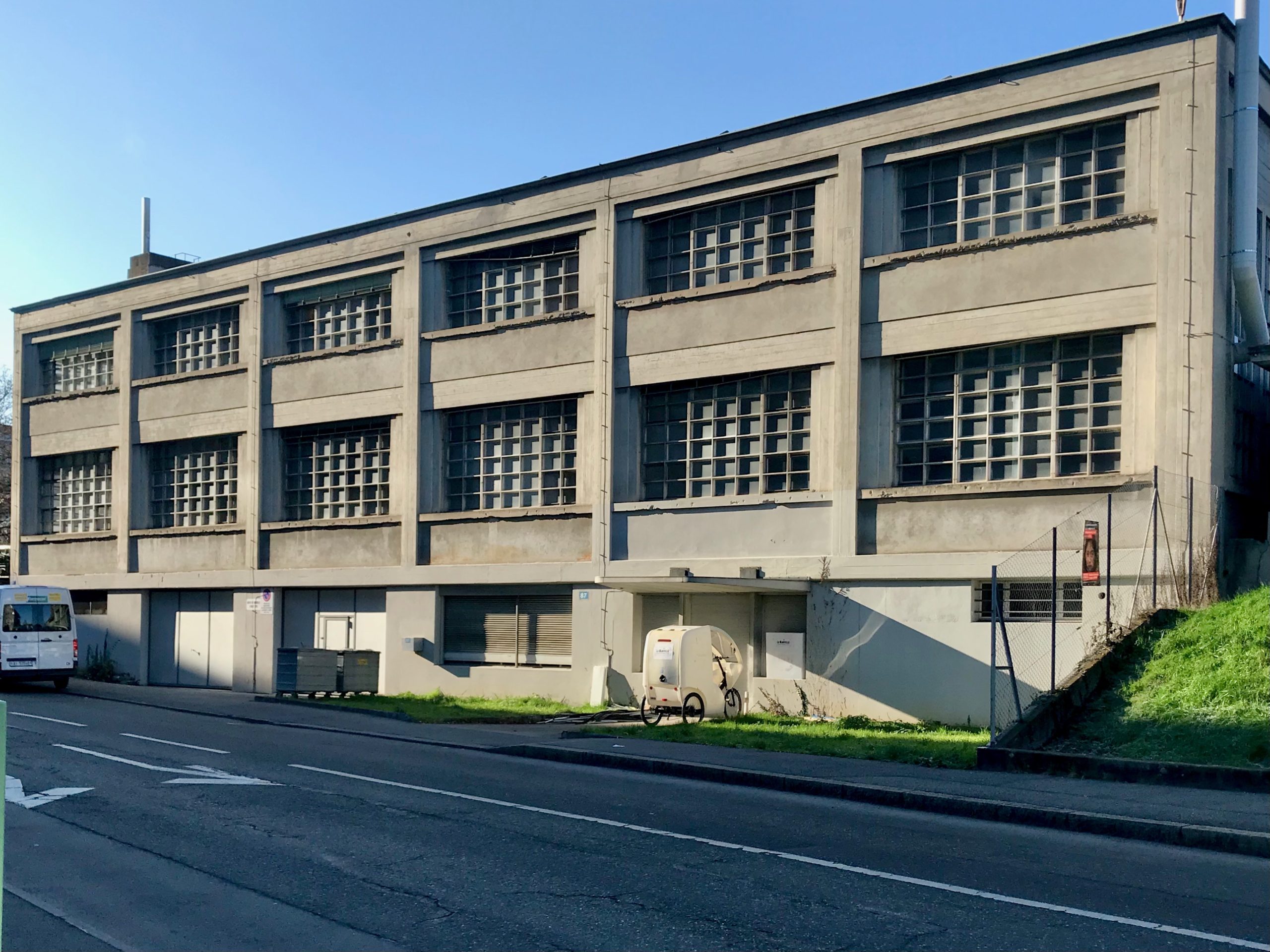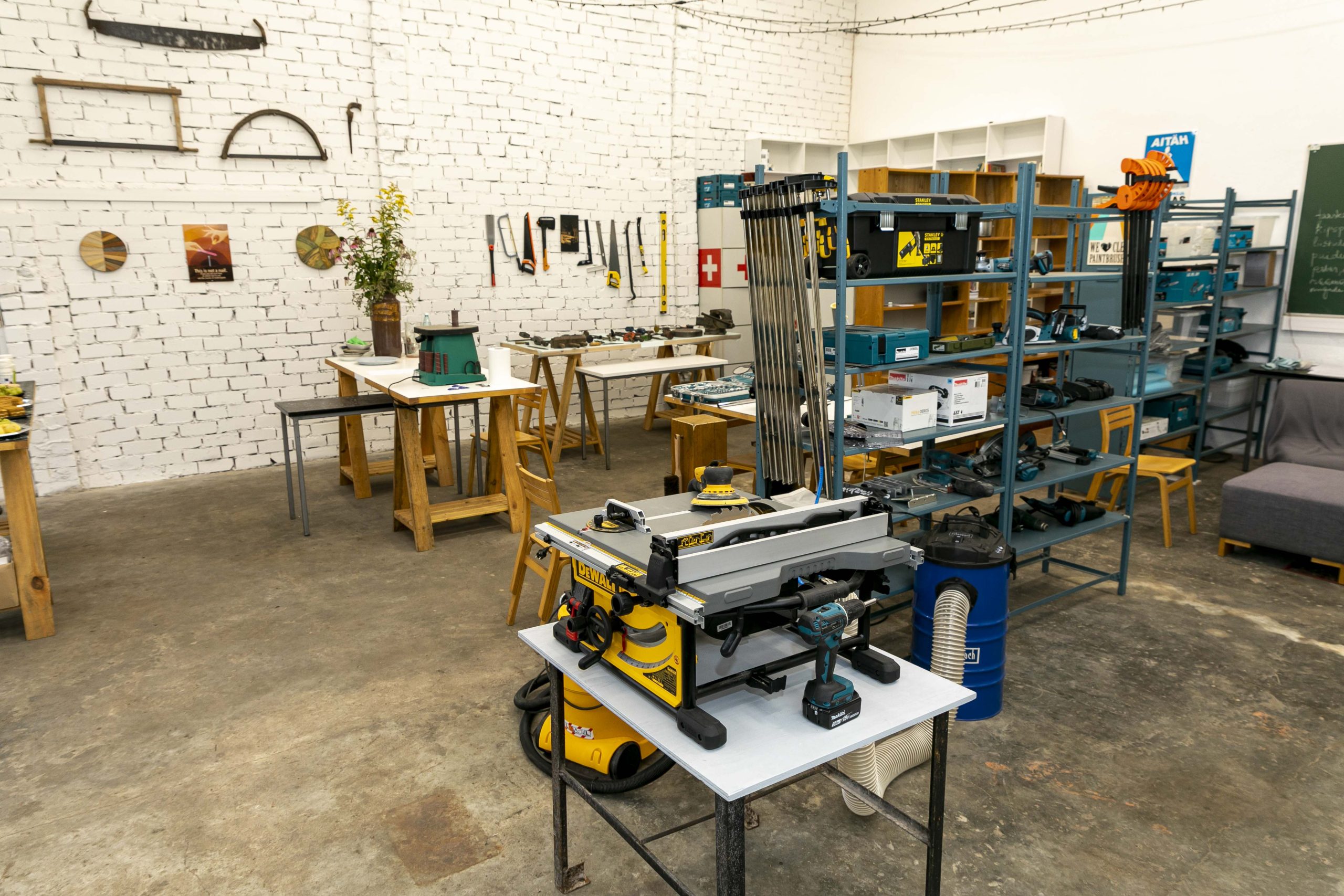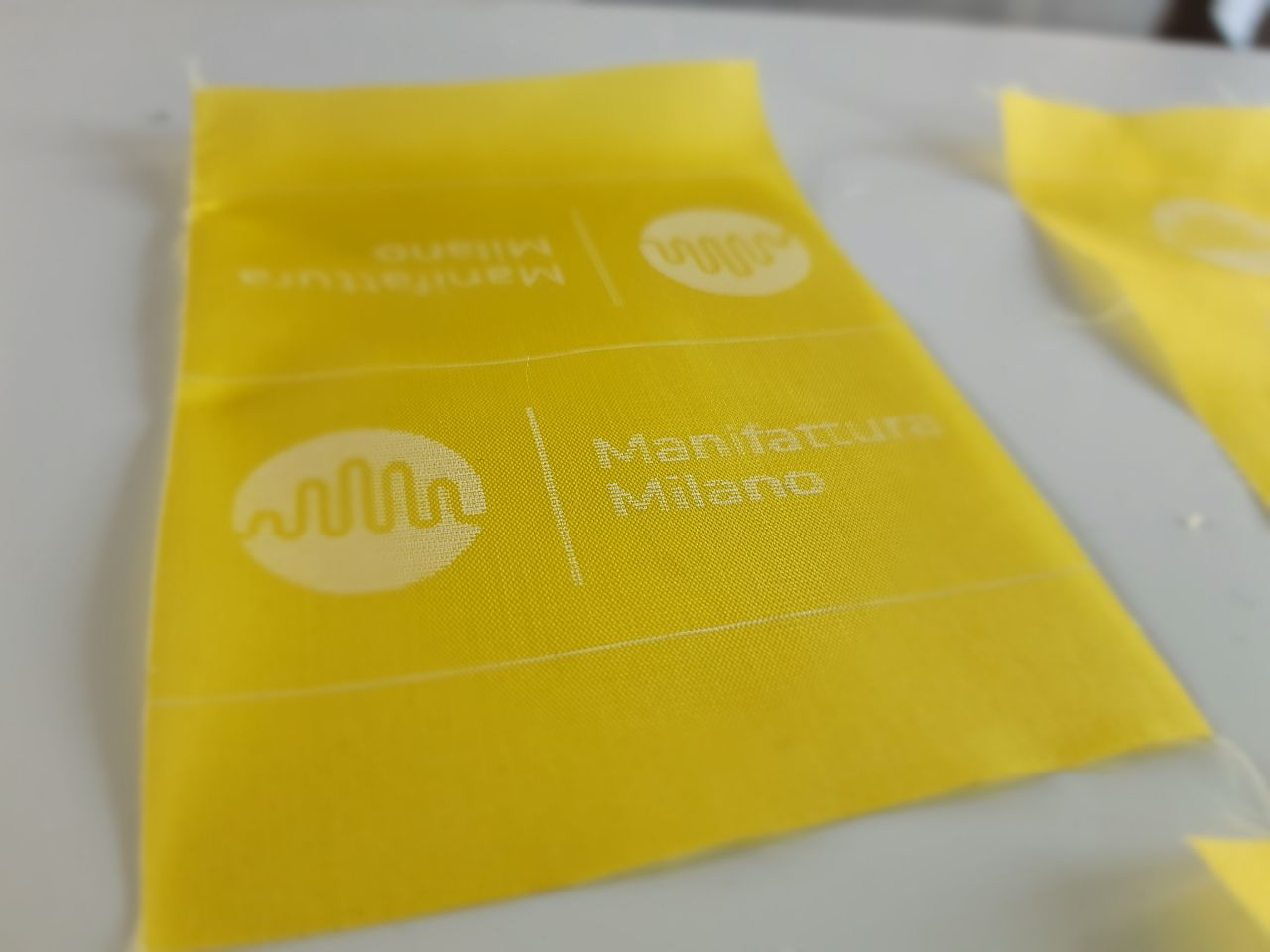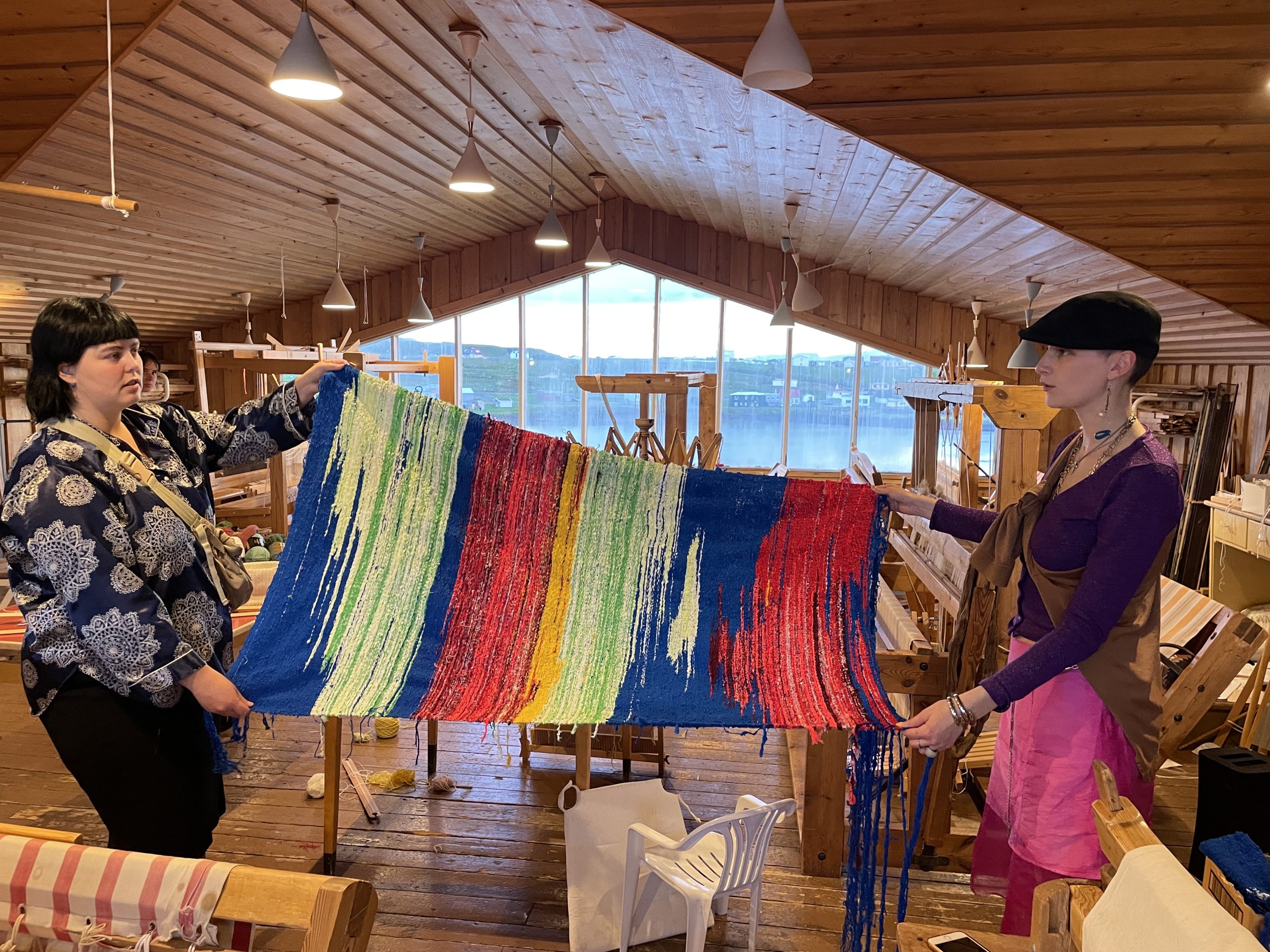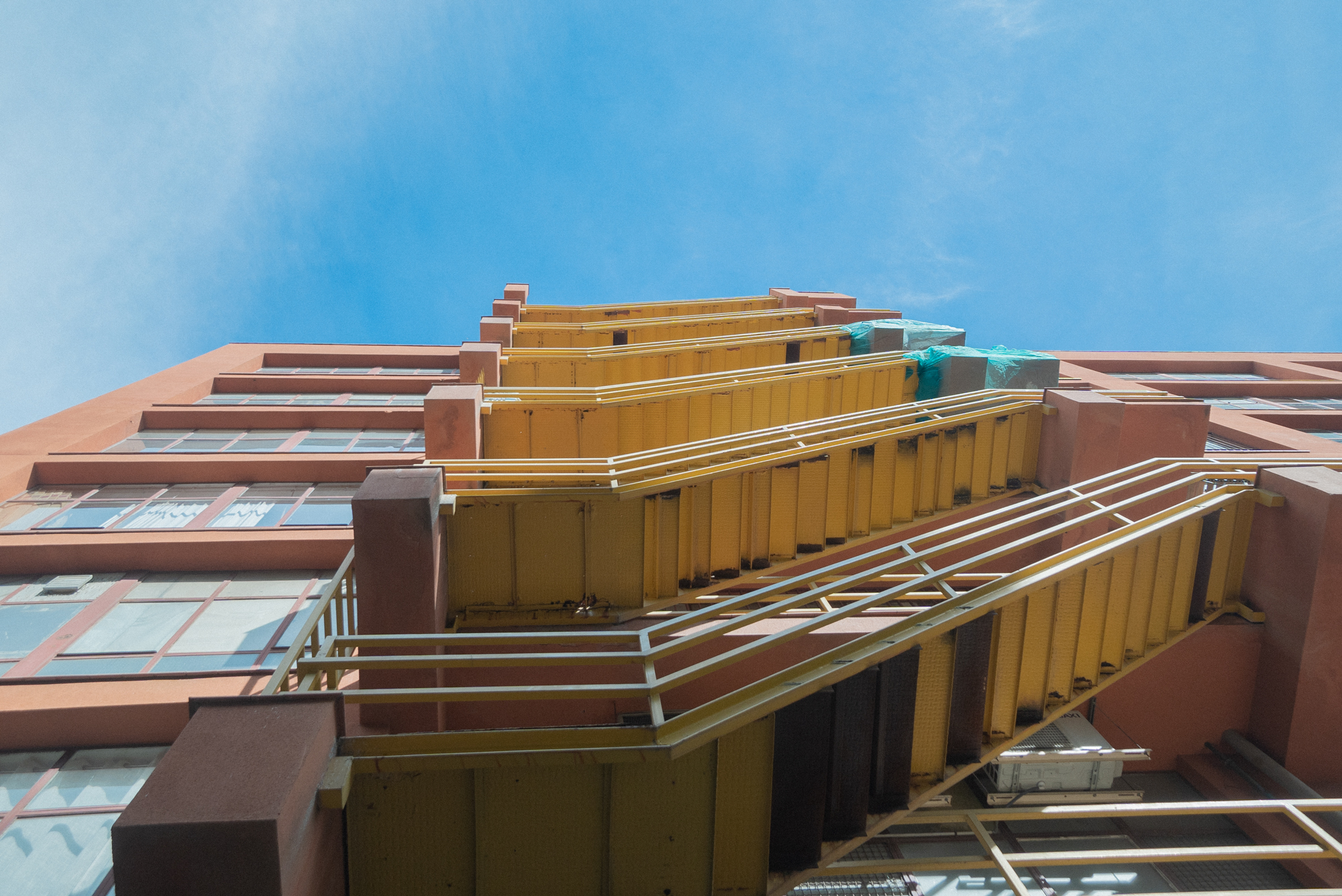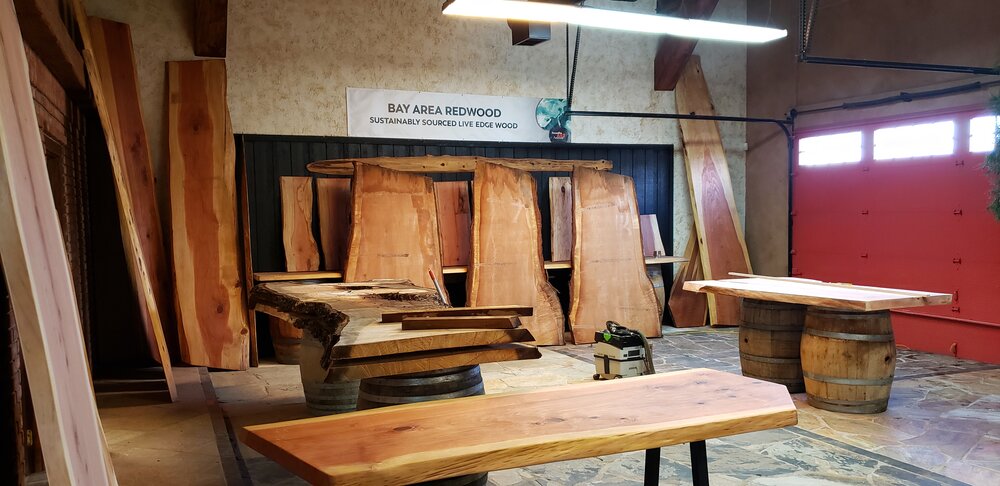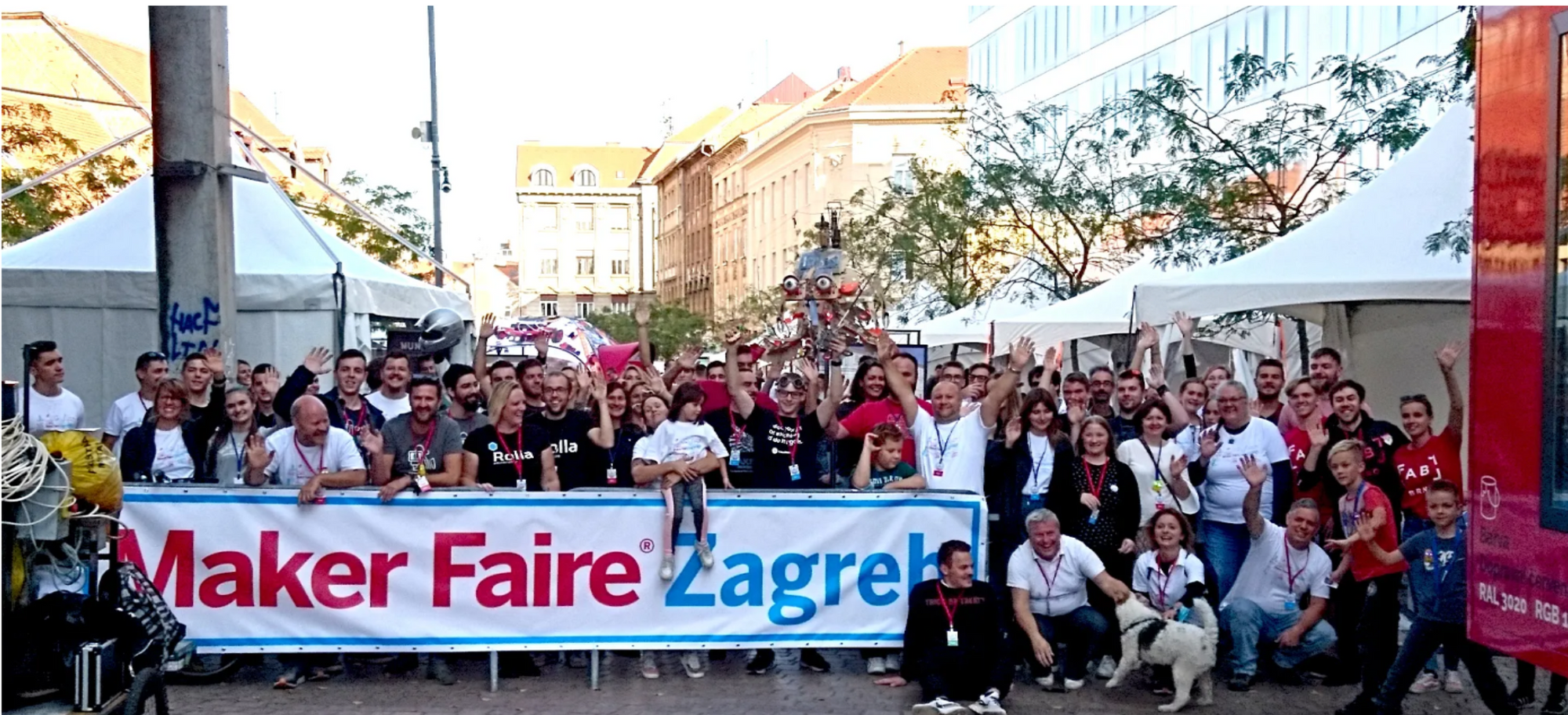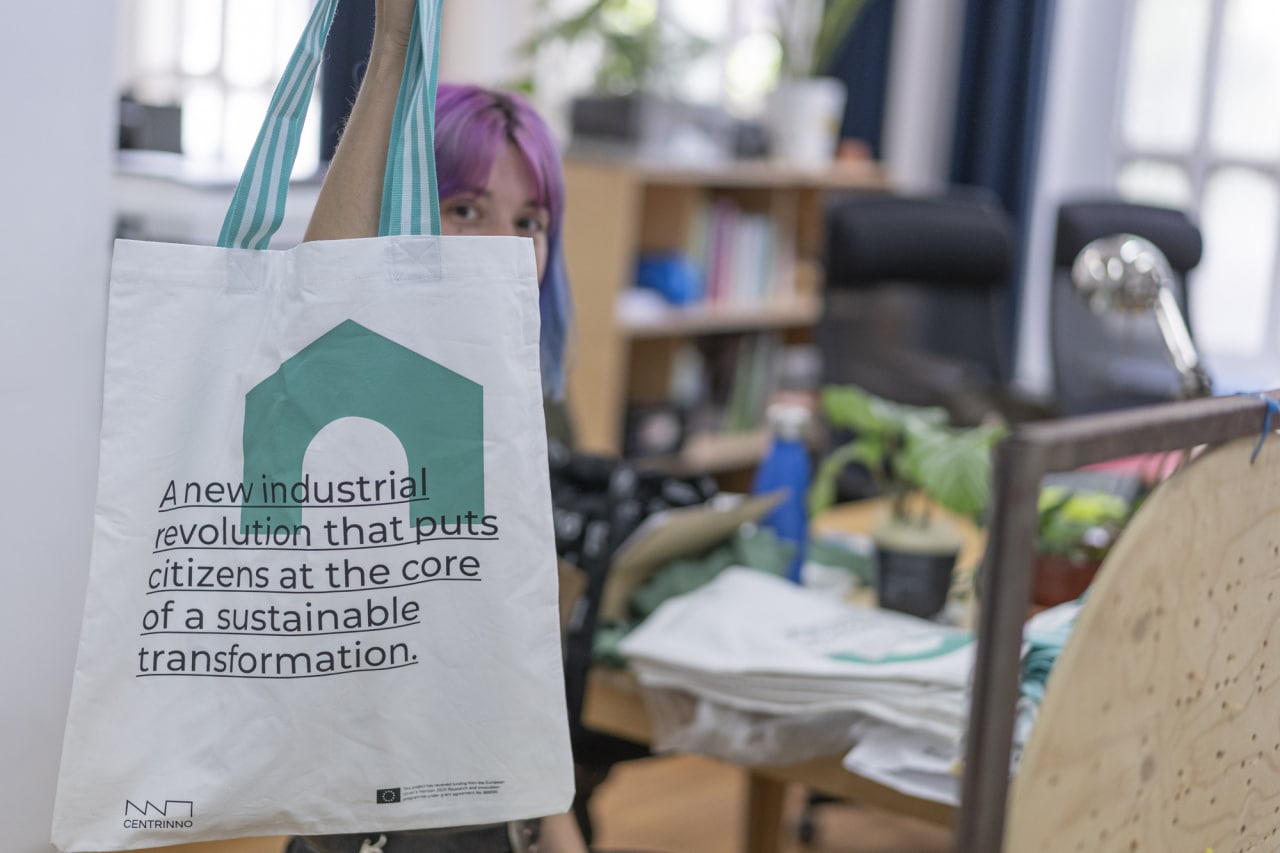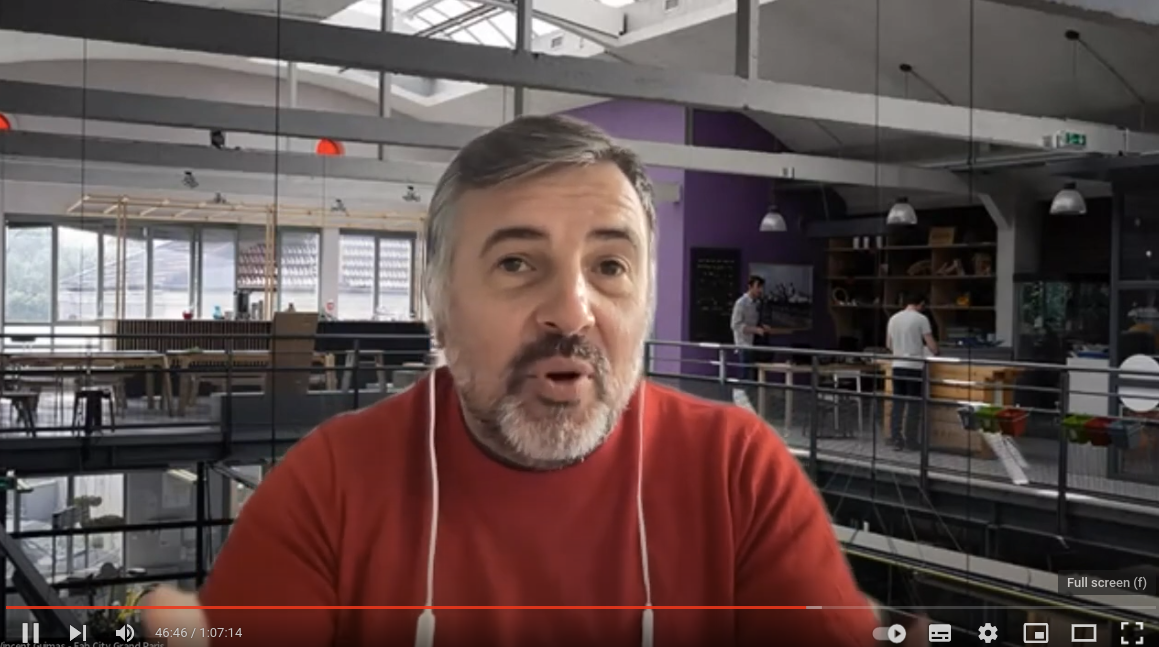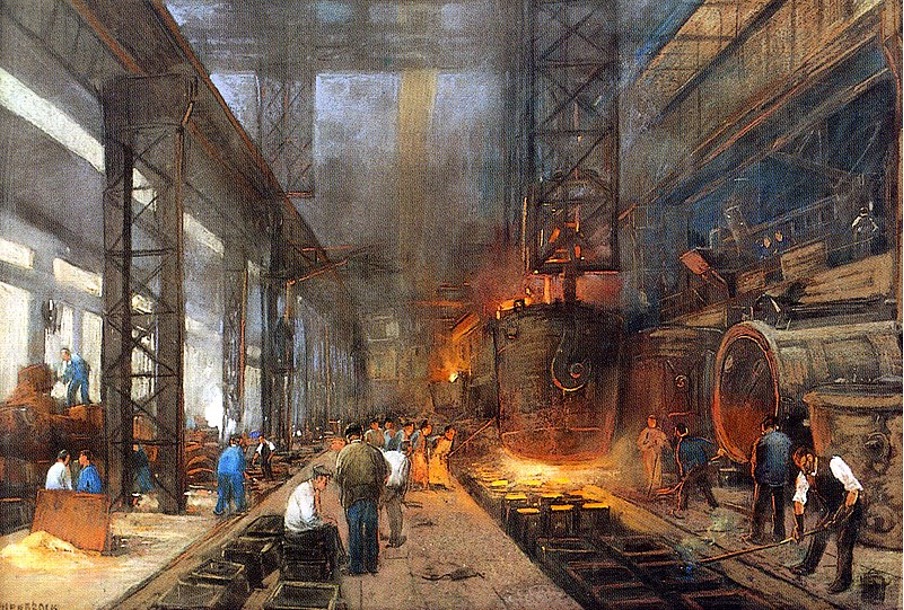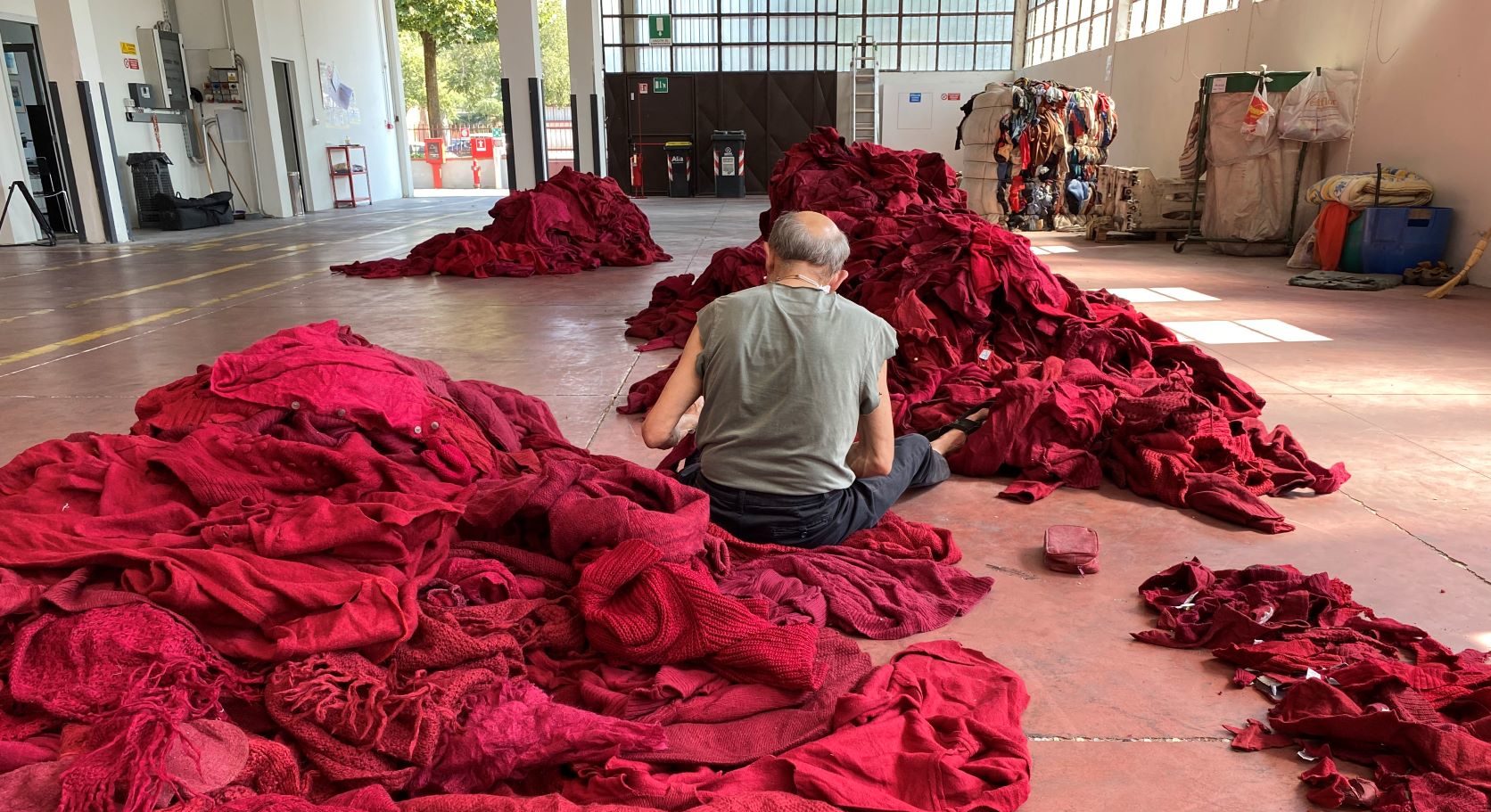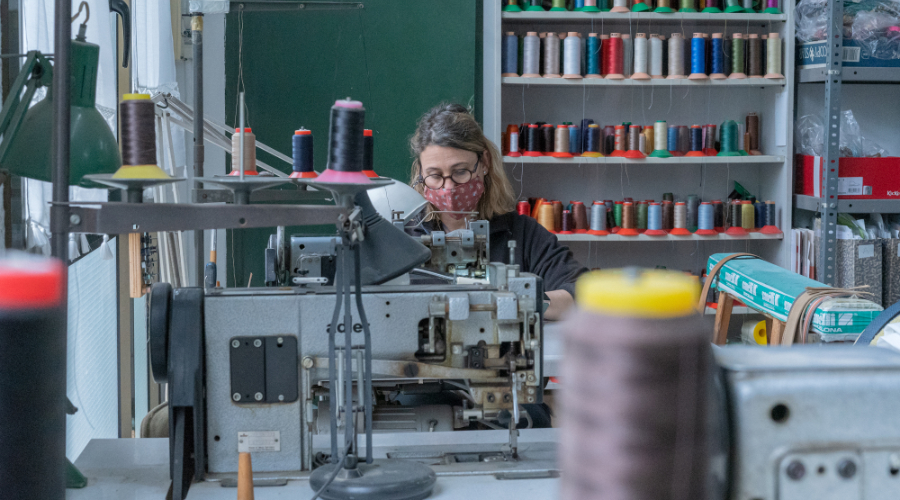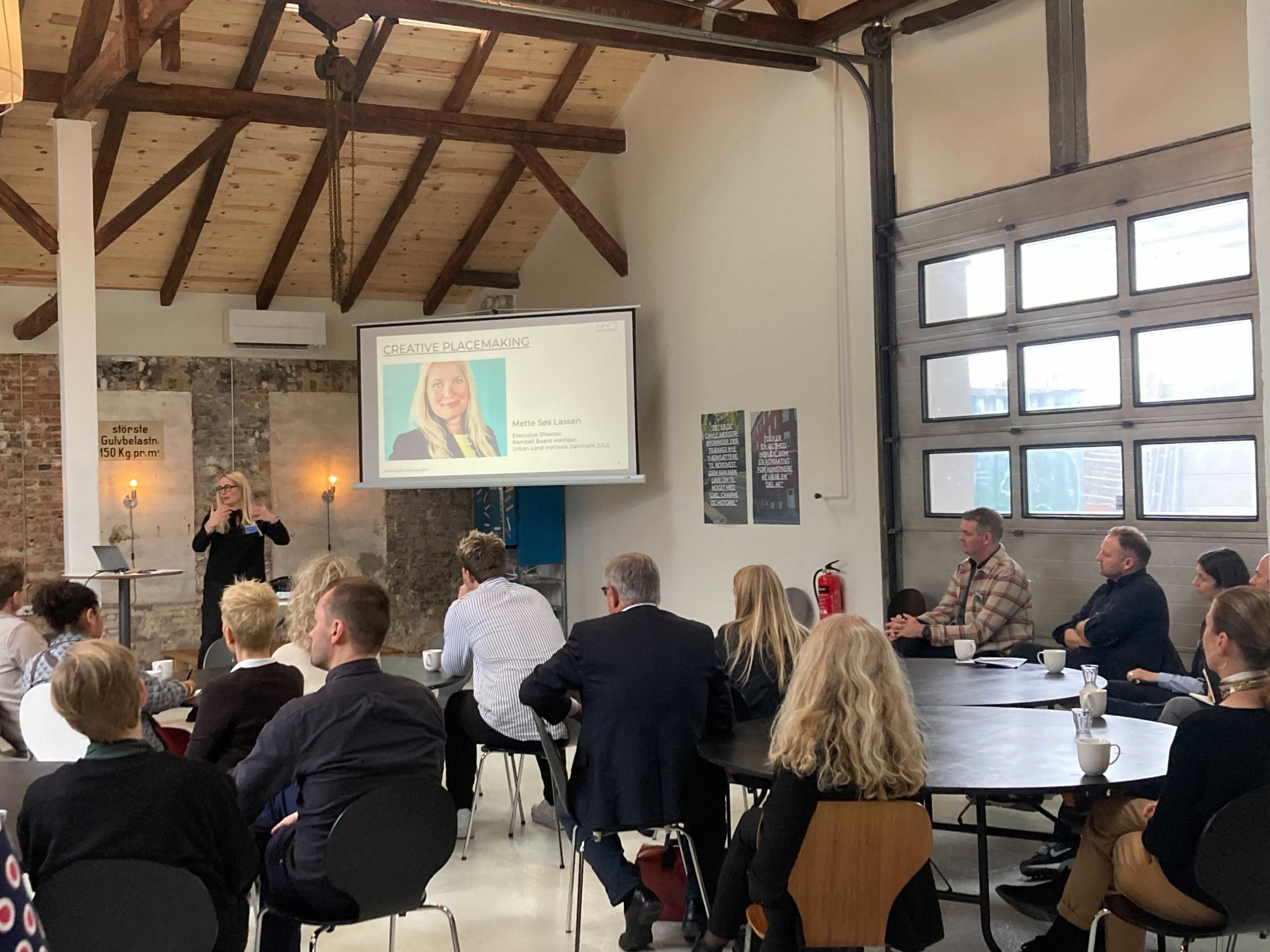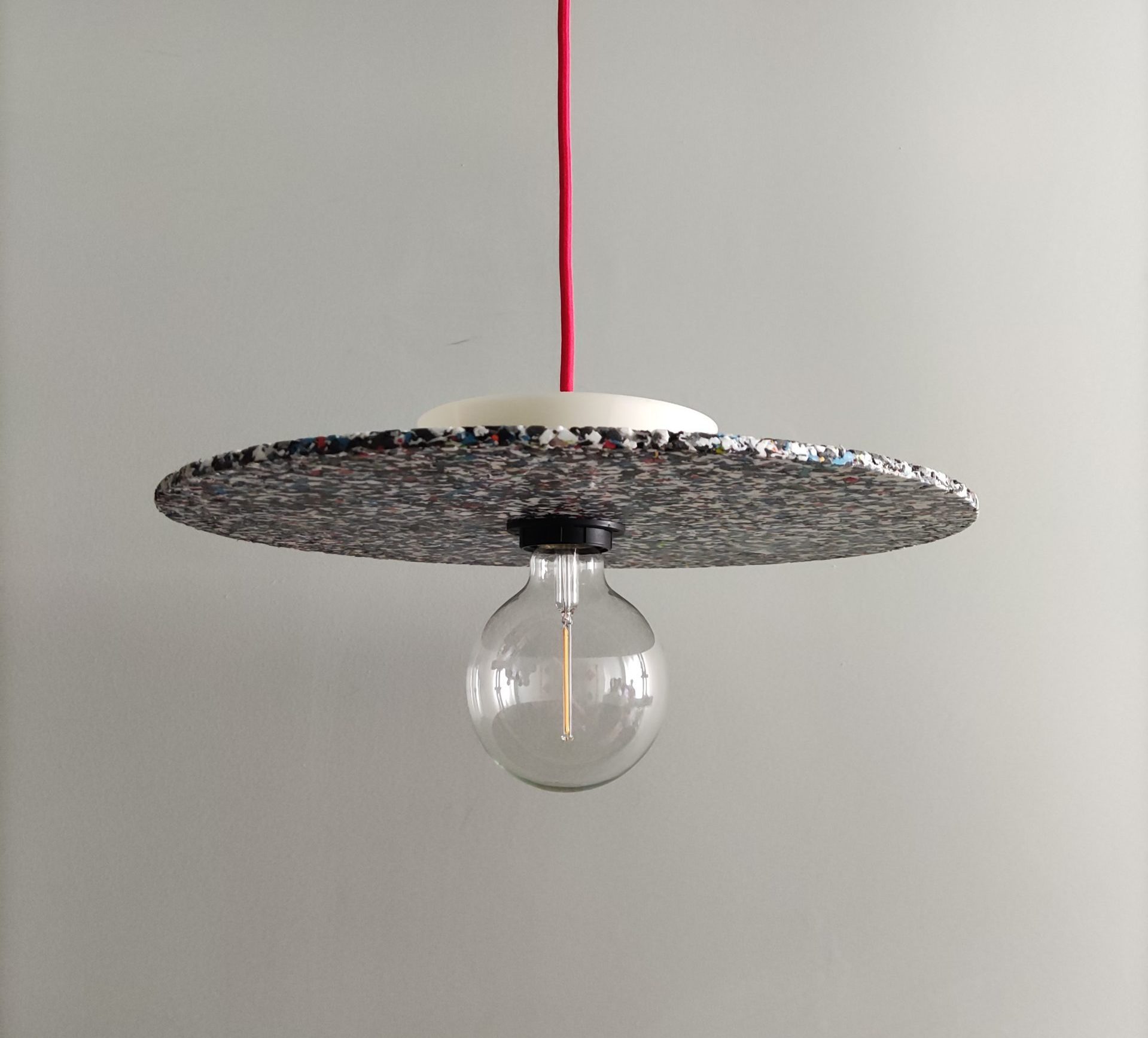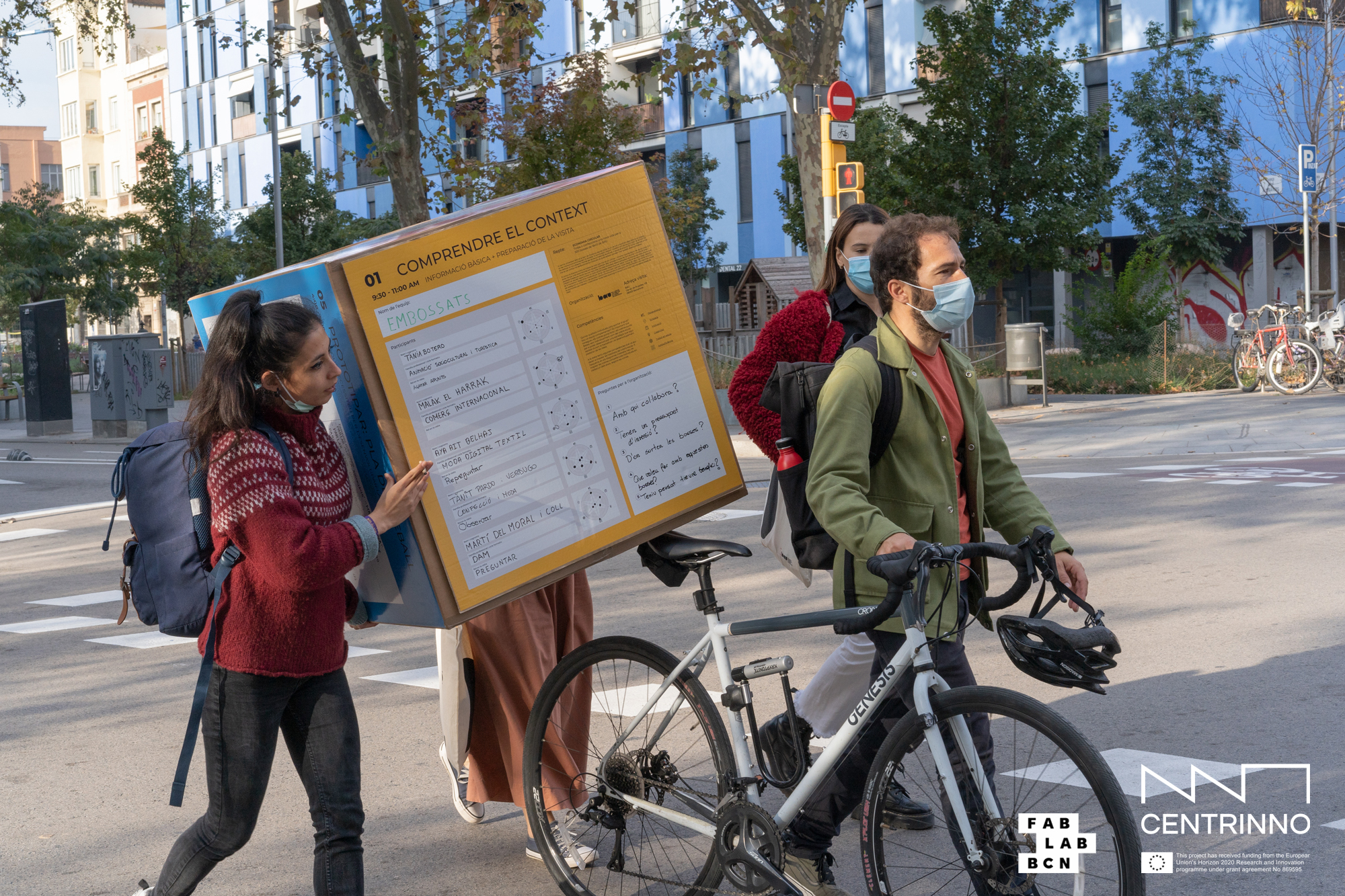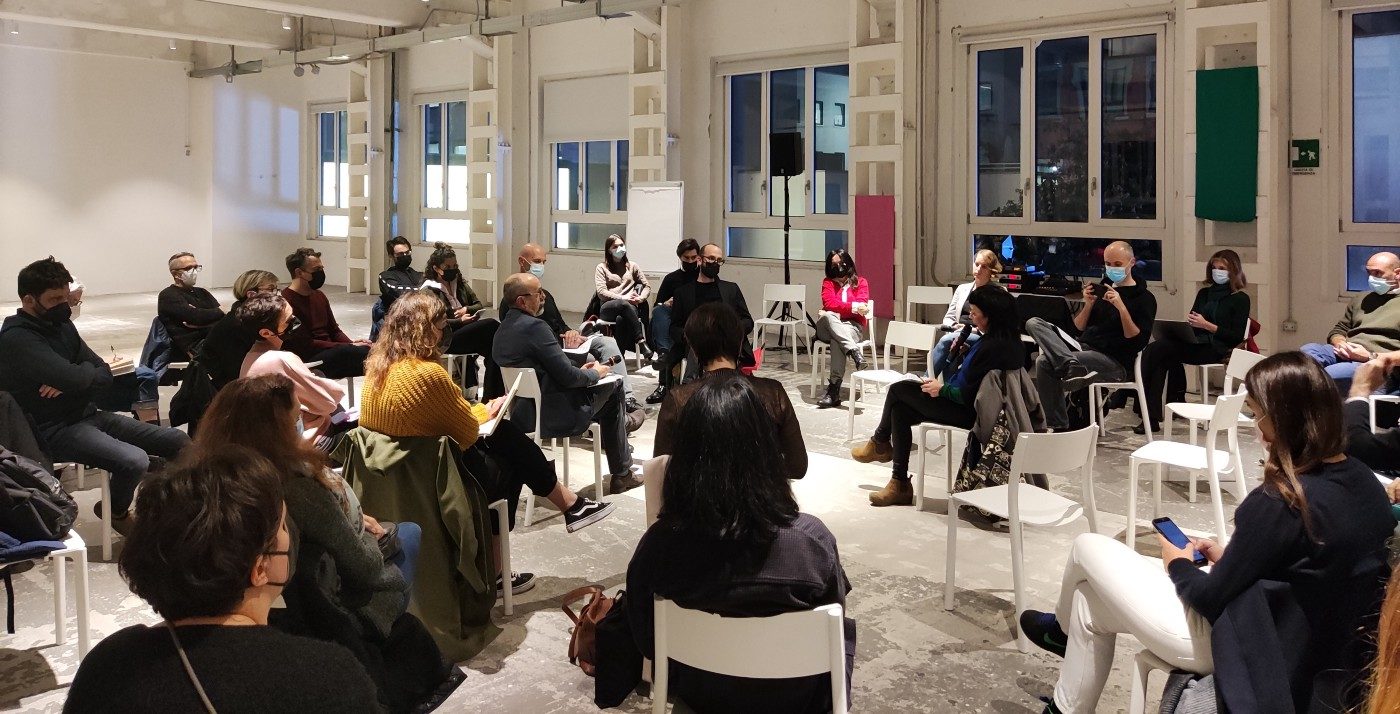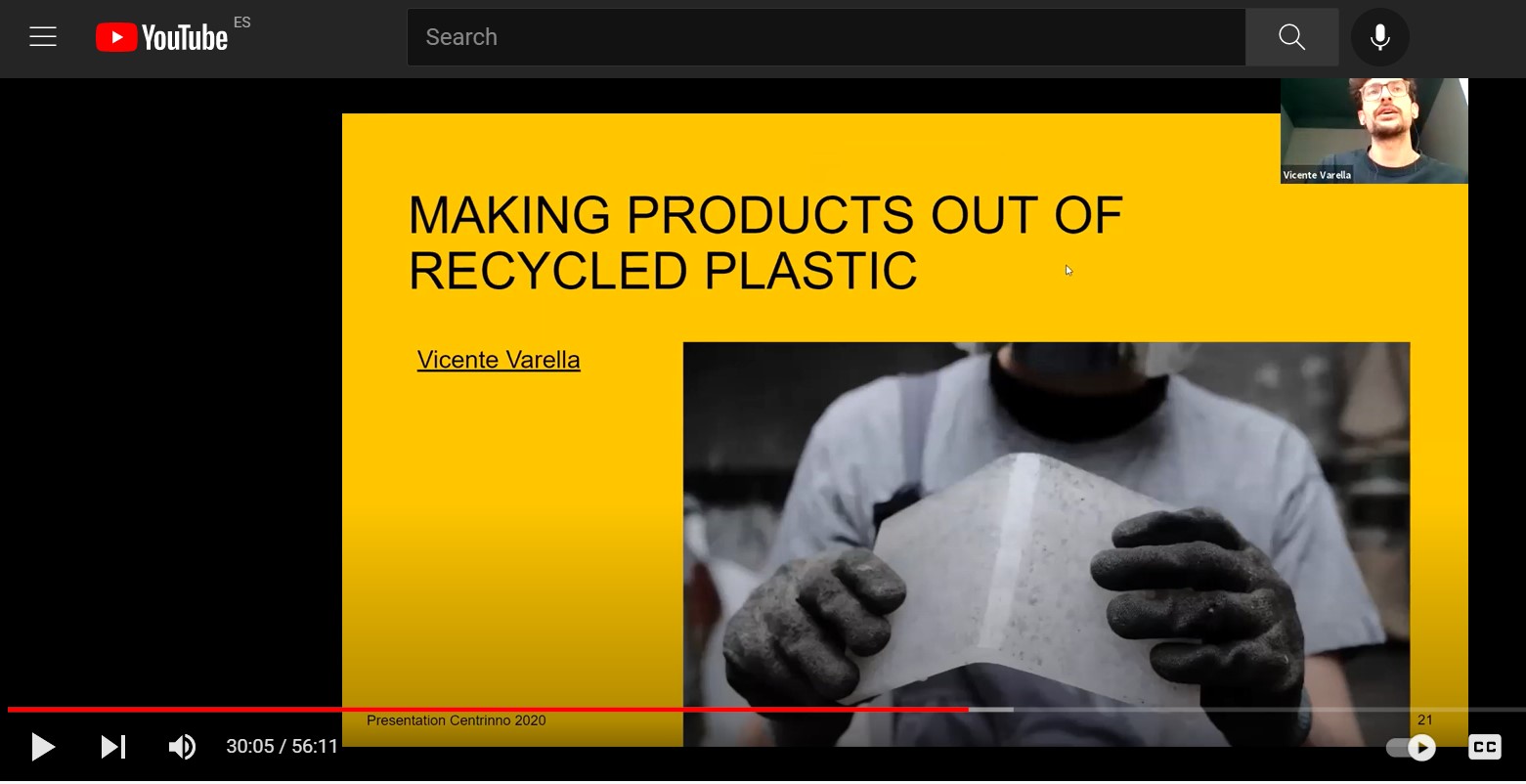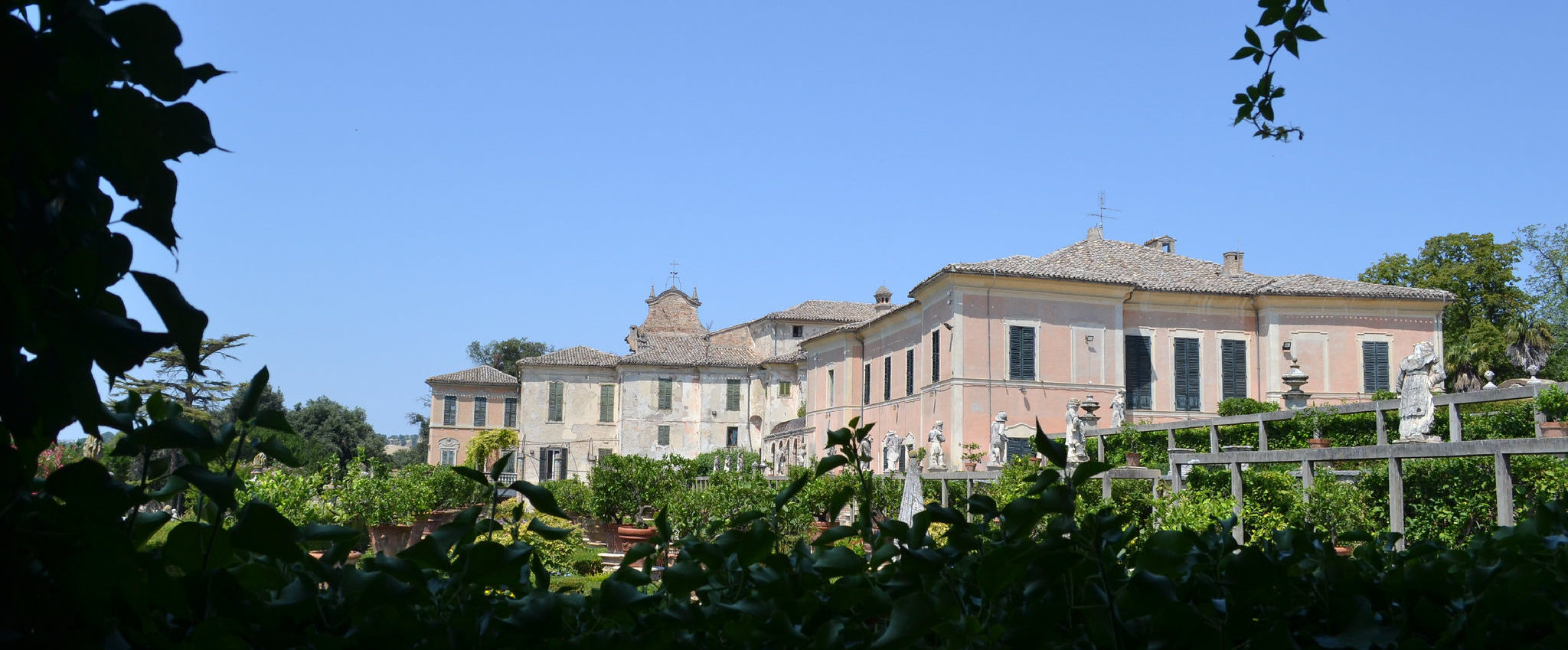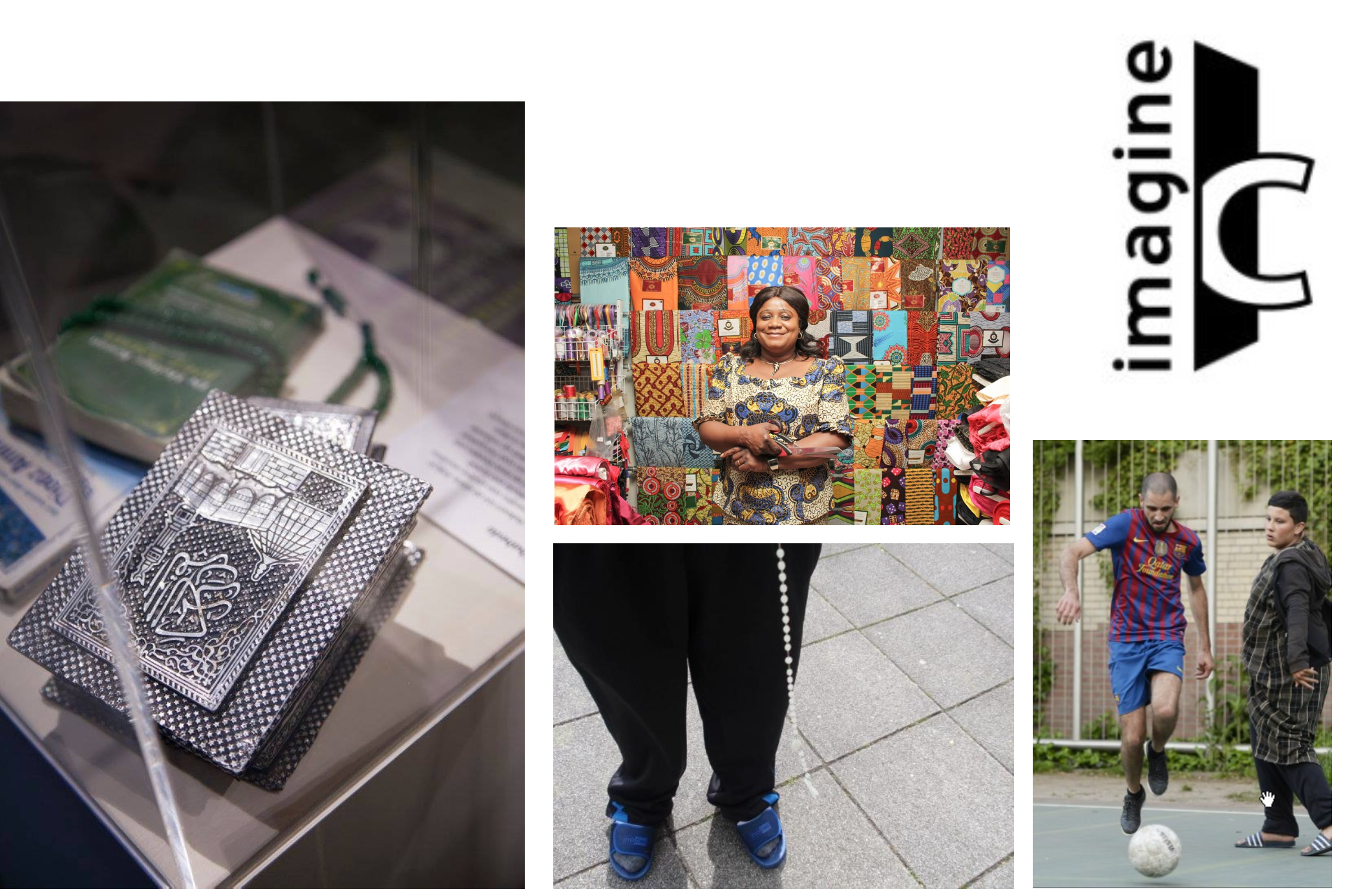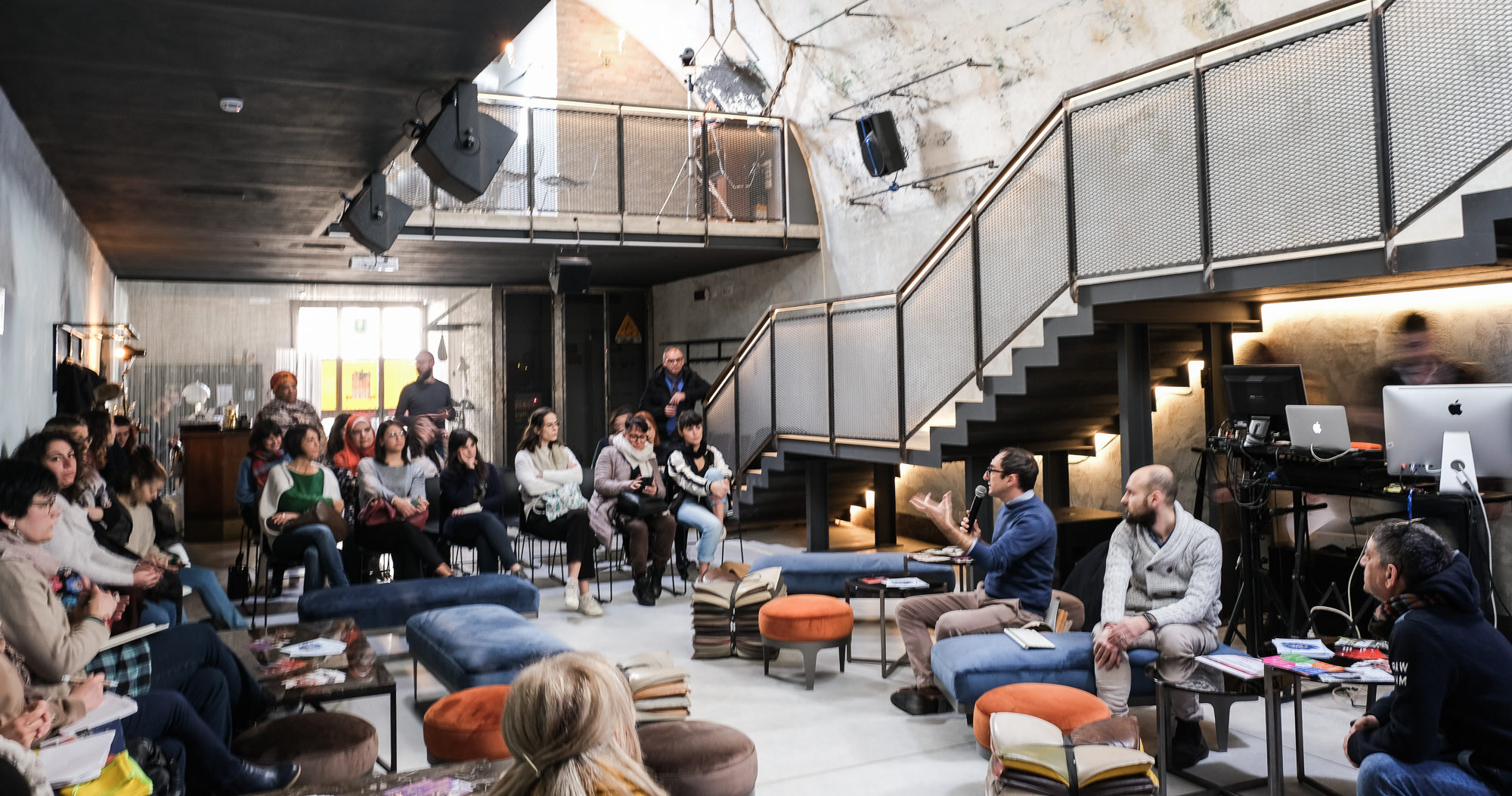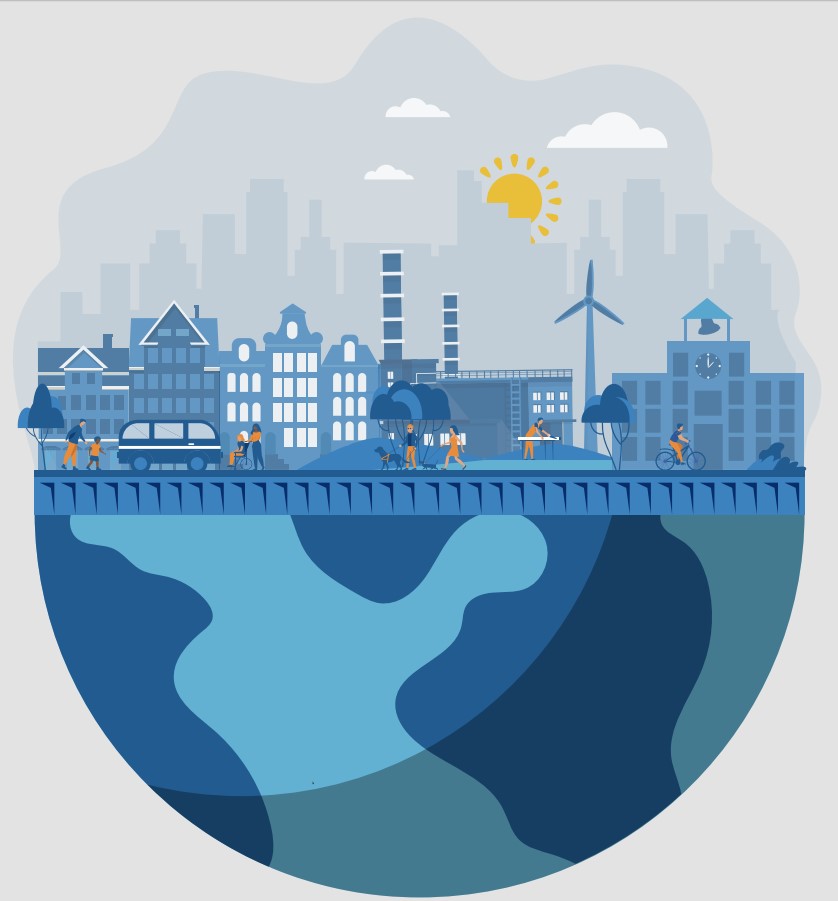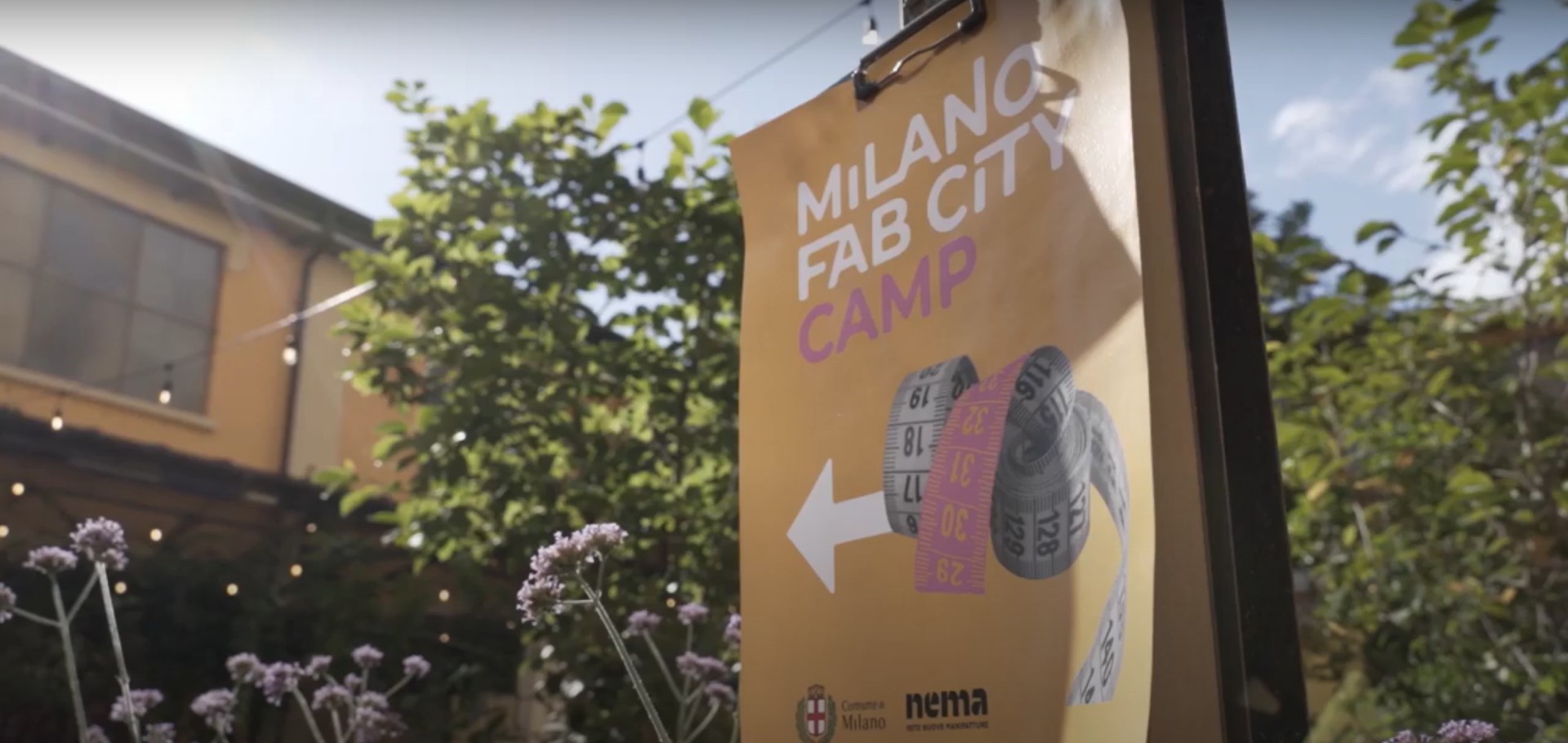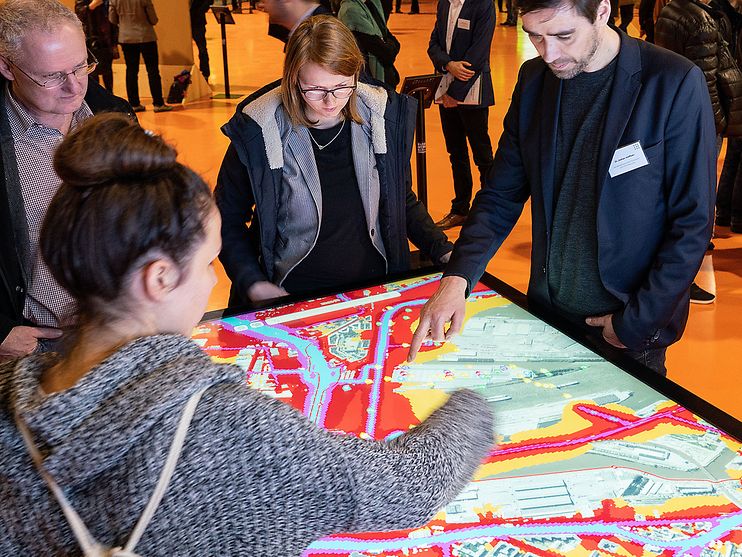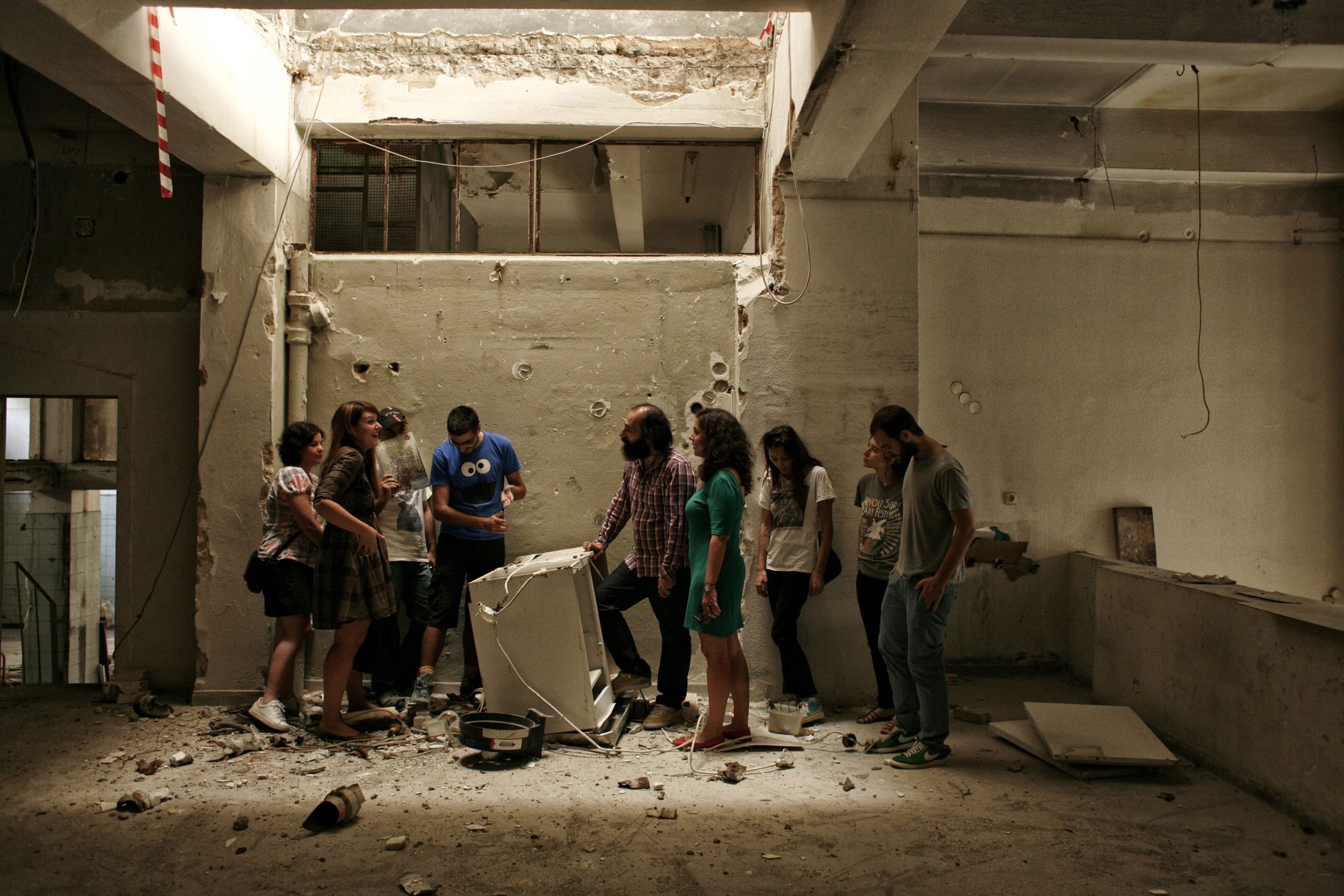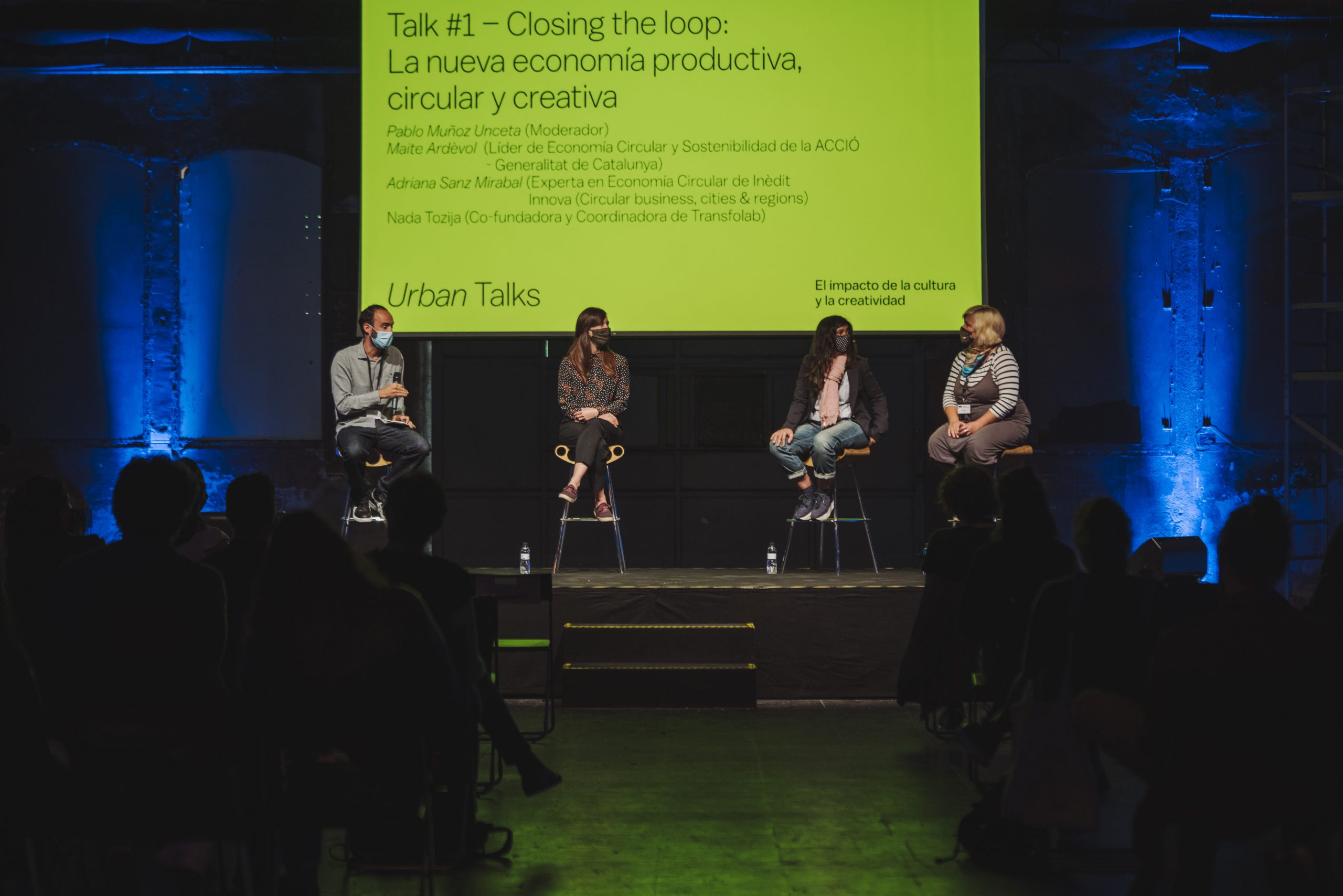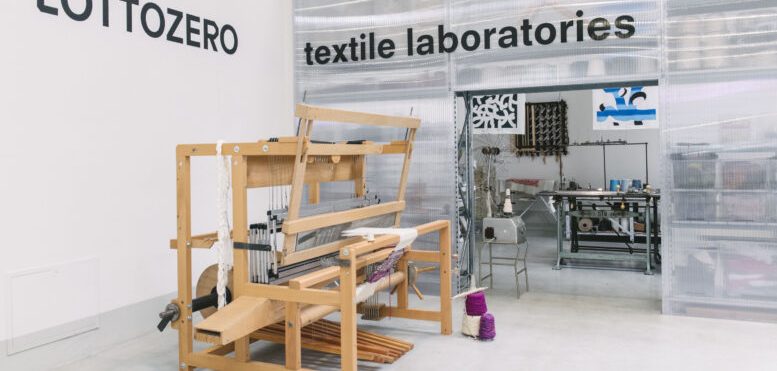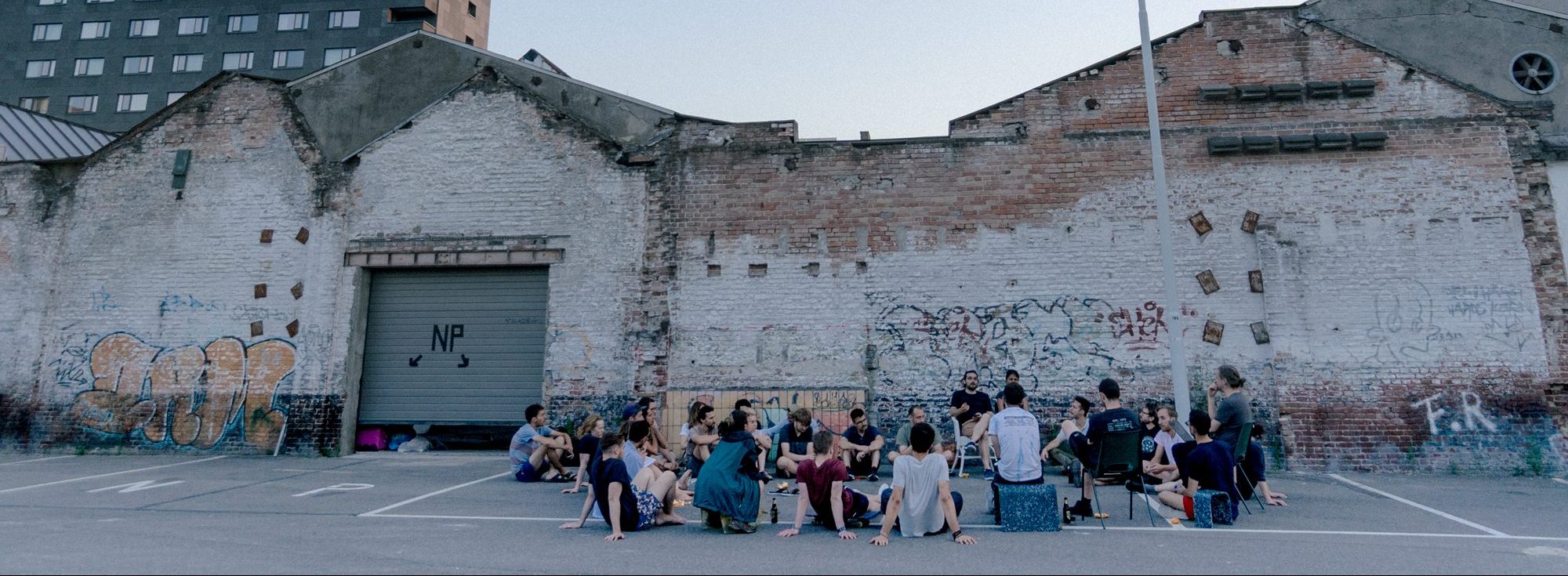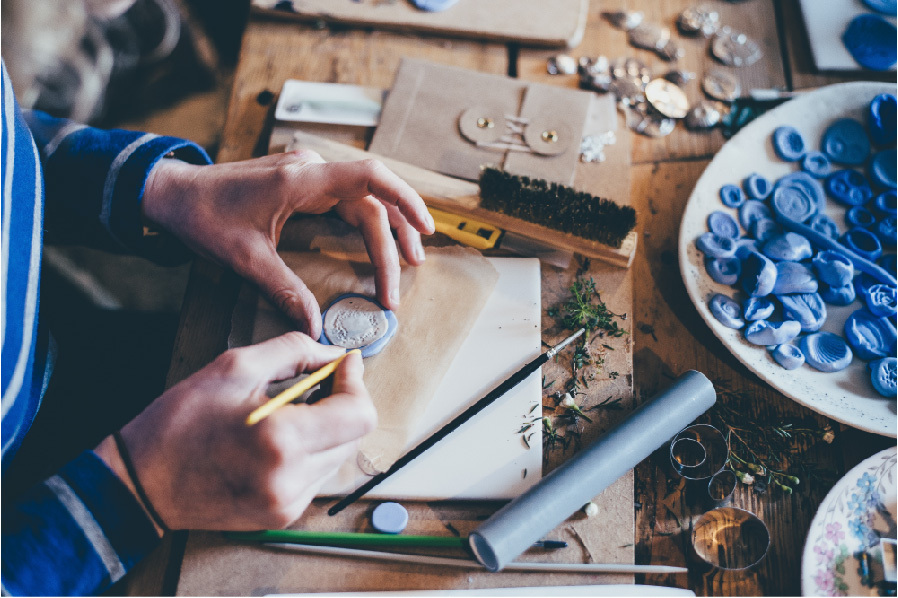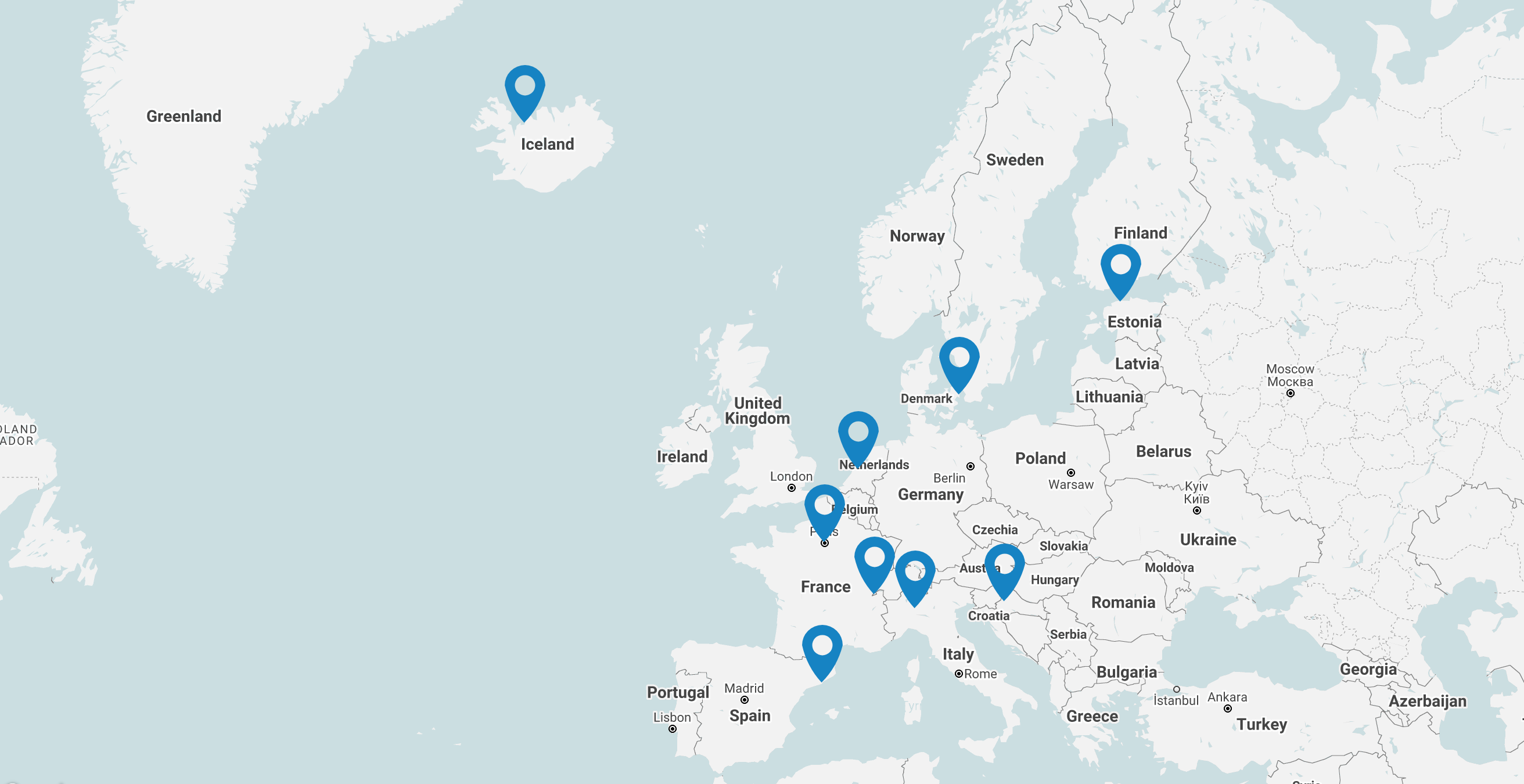BLOG
First sprint in Tallinn
First sprint in Tallinn
The Tallinn pilot aims to create a functioning Kopli community center and local Fab City Hub with a sense of belonging and awareness about the local cultural, social, and economic opportunities that exist in this area. Local production and services, skills and know-how, city gardening, food, and design are used as common points of exposure.
Centrinno Tallinn pilot site is in Kopli peninsula, North-Tallinn district, with ca 7000 mostly Russian-speaking inhabitants. The area used to host several industries like cotton, chemical industry, and electronics. The largest factories were shipyards. When the Soviet Union collapsed, Kopli experienced an existential shock. Many industries left the area with only one shipyard still operating and representing the industrial heritage of Kopli. Because of real-estate developments and thousands of new inhabitants, there are rapid changes in Kopli, and the risk of gentrification is high.
That is why the Tallinn pilot aims to create an inclusive community to merge innovation with heritage. We can create a more sustainable and resilient local economy and community relationships by opening the potential of diversity and bringing together old and new. The goal is to develop and strengthen the local circular economy network, experiment with self-organization, community governance, and local production.
The community center will be designed and created through Centrinno project activities. The permaculture community garden, including an apiary and educational corners, will take its place in the Kopli 93 territory. The old garages will be turned into a community makerspace. The community garden and the makerspace will form a holistic and dynamic space for the community to cultivate meaningful hobbies and advance vocational and food education, local production, and circular economy.
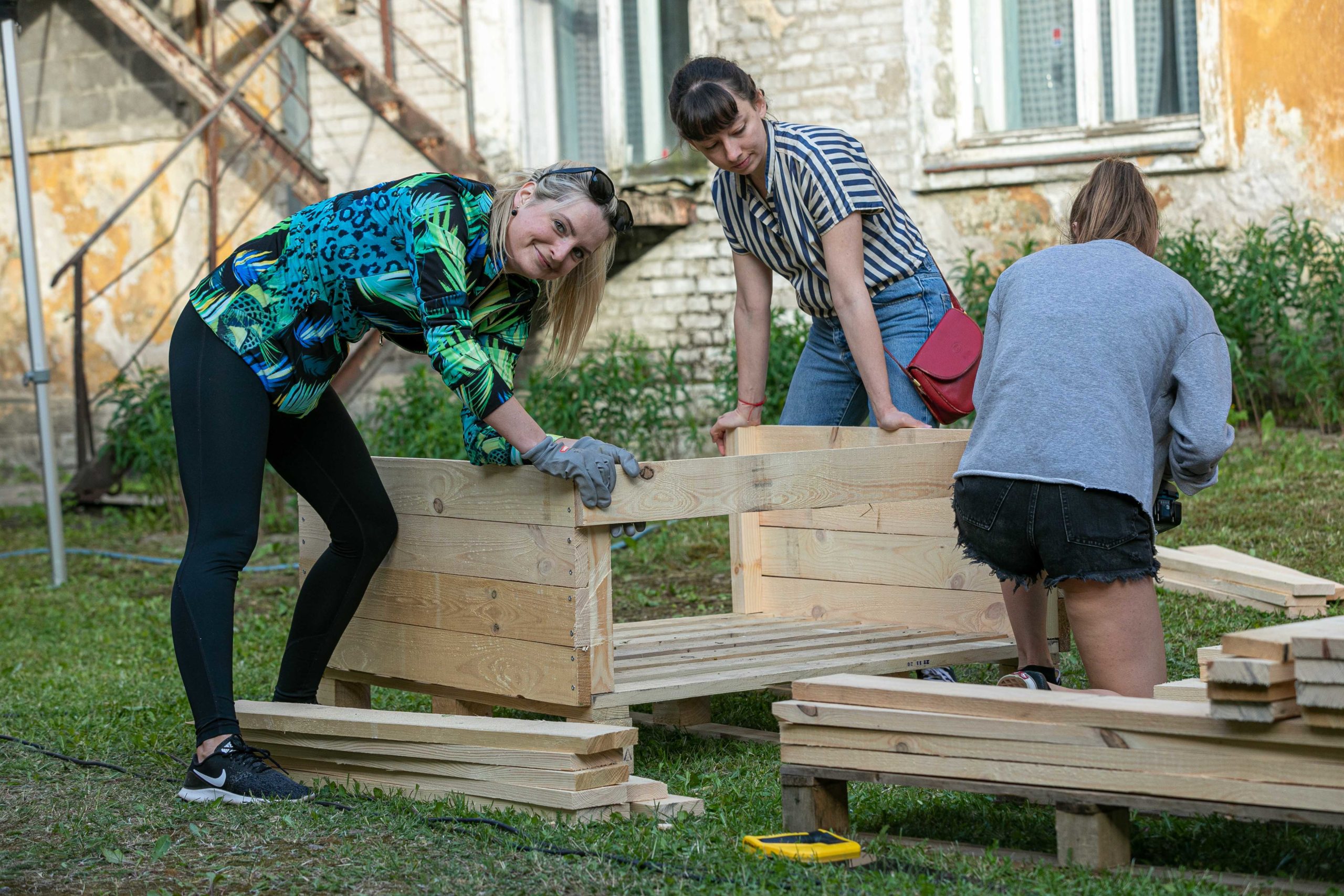
The first sprint of the project illustrates well how colorful and multilinguistic is our pilot area – Kopli. The first sprint was the time of planting the seeds into the garden of our community. The seeds of plants, but also the seeds of friendships and partnerships. We started establishing a network of already active, but so far ununited groups of activists and stakeholders. Additionally, we carefully tested the boundaries of multicultural social experiments.
During the first summer, we organized and hosted several exciting and educational events, mapped the dreams, memories, wishes, and needs of the local population related to the theme of Kopli 93. At the end of the first sprint, it was clear that we can sum up the theme as #grandmaskills. Life in Kopli used to be more local and resilient. People were very skillful regarding DIY practices and community relations. This kind of heritage is valuable in teaching and inspiring the new generation to make our cities more self-sufficient. It enables the incorporation of resilient practices and principles into modern innovation and everyday life.
The opening event of Kopli 93 was a Working Wednesday – a community working collective that took place at the beginning of June 2021. It was very pleasant and successful in many ways. The sleepy old community house and its garden woke up and suddenly it was full of happy noises of curious people of the neighborhood.
After the long spring covid-19 lockdown, people were desperate to spend time together and meet new people again. The older generation was eager to share their memories and stories related to the almost 100-year-old community house. The younger generation had been waiting to get access to this building for a long time and was happy that they finally had the opportunity to enter the gates of Kopli 93. Everybody from the neighborhood felt related to the building somehow. This gave us, the project team, a stronger sense of responsibility. We knew that we need to be wise in this diverse, multilingual, multicultural field. A new word was born inspired by our situation in Kopli, where things are always more koplicated.
Kopli is culturally diverse and so is our community. Gardening is a great way to learn and reflect on social inclusion. We learned some valuable lessons about local cultural characteristics during our first gardening season. Differences in national cultures are reflected in our traditions, behavioral patterns, and also horticultural heritage. The first public step of the project was to build an experimental and educational community garden based on the principles of permaculture. Initially, the activities of the garden were planned to be collective meaning that the garden boxes were shared. The first sprint and gardening season clearly showed that people have different visions and needs when it comes to gardening. We need to create multiple gardening options for the next year, including private gardening boxes.
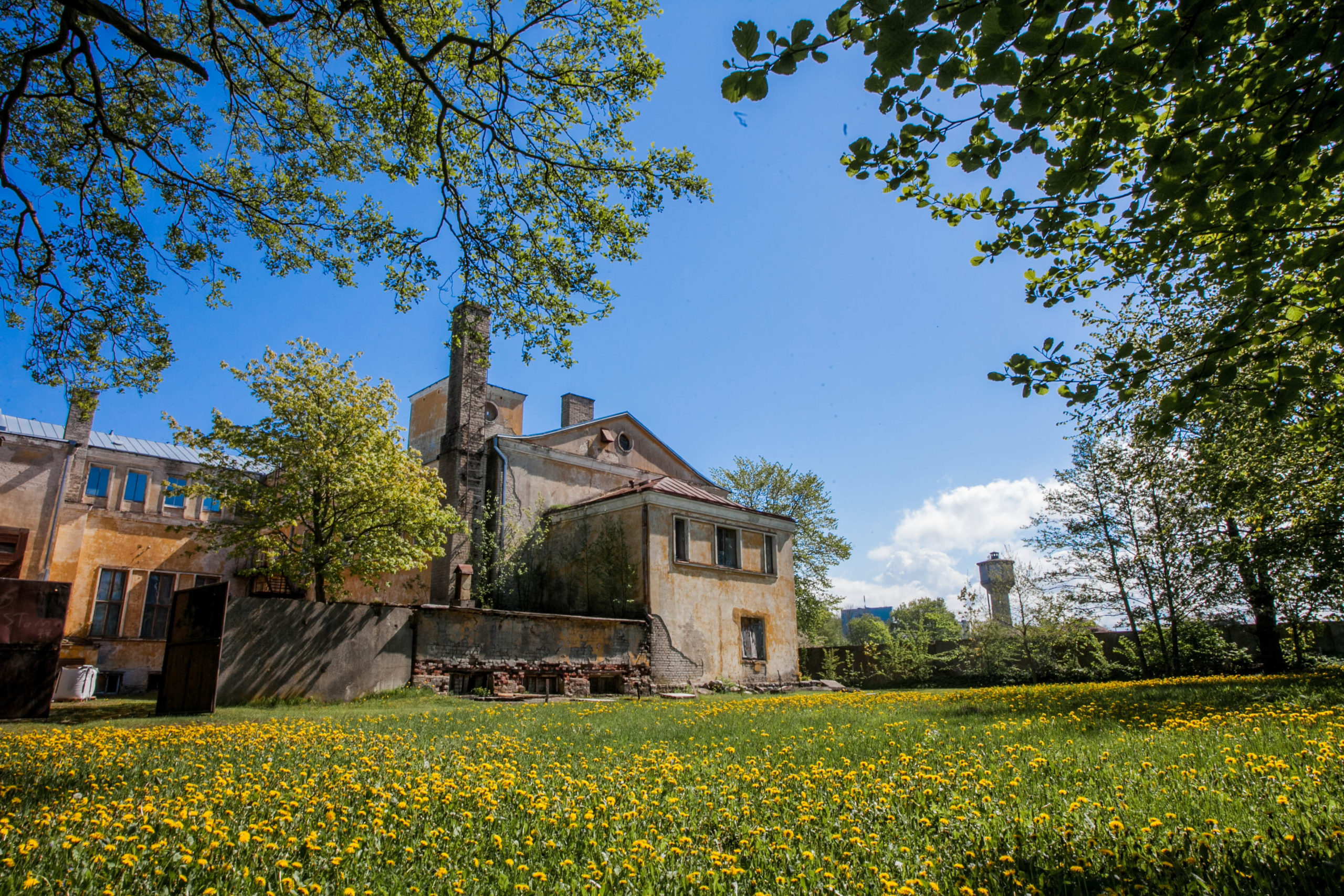
In August 2021, a session with the Emotion Networking method was organized for the community members. The keyword “Kopli 93” was the topic of the session. The participants represented multiple Centrinno´s Tallinn pilot target groups: seniors and students, Estonians and Russians, different genders, community volunteers, and project team members. During the session, participants shared their emotions, personal stories, and doubts that have arisen when thinking about Kopli 93. During the session, a conversation about cultural differences arose. It was expressed by some of the participants that Russian culture supports more the thought of shared activities and property but the cultural development of the Estonian nation is rather individualistic. This explains why part of the people prefer to grow their plants in their private boxes and are more interested in private gardening options.
In the middle of this summer, we took part in a bigger local region festival called Koplifest. We opened our garden to the local citizens. We arranged various activities considering the mainstays of the Centrinno project: sustainable local production and urban environment, and social inclusion. The most popular activity of the day was the therapeutic clay art and play workshop, instructed by one of our community volunteers, a professional psychologist. It was carried out in three languages and was popular among all genders, ages, and language groups. It was a great example of a successful workshop carried out in multiple languages simultaneously.
However, for us, the biggest event of the summer season was the Cosmolocal Festival. It was a joint effort by the Fab City Foundation and the Centrinno Tallinn team. The purpose of this event was to introduce cosmolocal Fab City strategy and methods: designing global and manufacturing locally using local resources. We involved several active stakeholders in this event: a local bicycle shop called Velomarket; Information Centre of Sustainable Renovation; Warehouse of salvaged and upcycled building materials; innovative packaging-free shop ILMA, small redesign companies located on the territory of the Põhjala Factory, a Creative City nearby, etc. The idea of the festival was to combine international knowledge and local traditions with respect for local resources. Also, to teach recycling, upcycling, and reviving old traditions. Cosmological Festival was about mixing the old with innovation and giving grandmother’s skills a new meaning.
The end of the sprint focused on more specific developments regarding potential collaborations with the local vocational school. At the beginning of the school year in September 2021, the first group of students from the Kopli Vocational School visited the community garden. We introduced them to the ideas and plans of the Centrinno project. We have several ideas to implement together with the school for the next season as part of the beekeeping and gardening programs. You will hear more about such developments in Kopli 93 in our next story.
In October, the season of viruses arrived with new restrictions. For example, persons without immunization passports are not allowed to attend any public events anymore. It, unfortunately, affects all actions and gatherings taking place all over the country and we were not immune to that. We had to pause our Wednesday gatherings and officially end the first sprint. We have used the time to summarise our experiences, reflect on our lessons learned, and develop new strategies and plans for the next sprint in 2022. Looking back on this first sprint, we consider it a big success.
